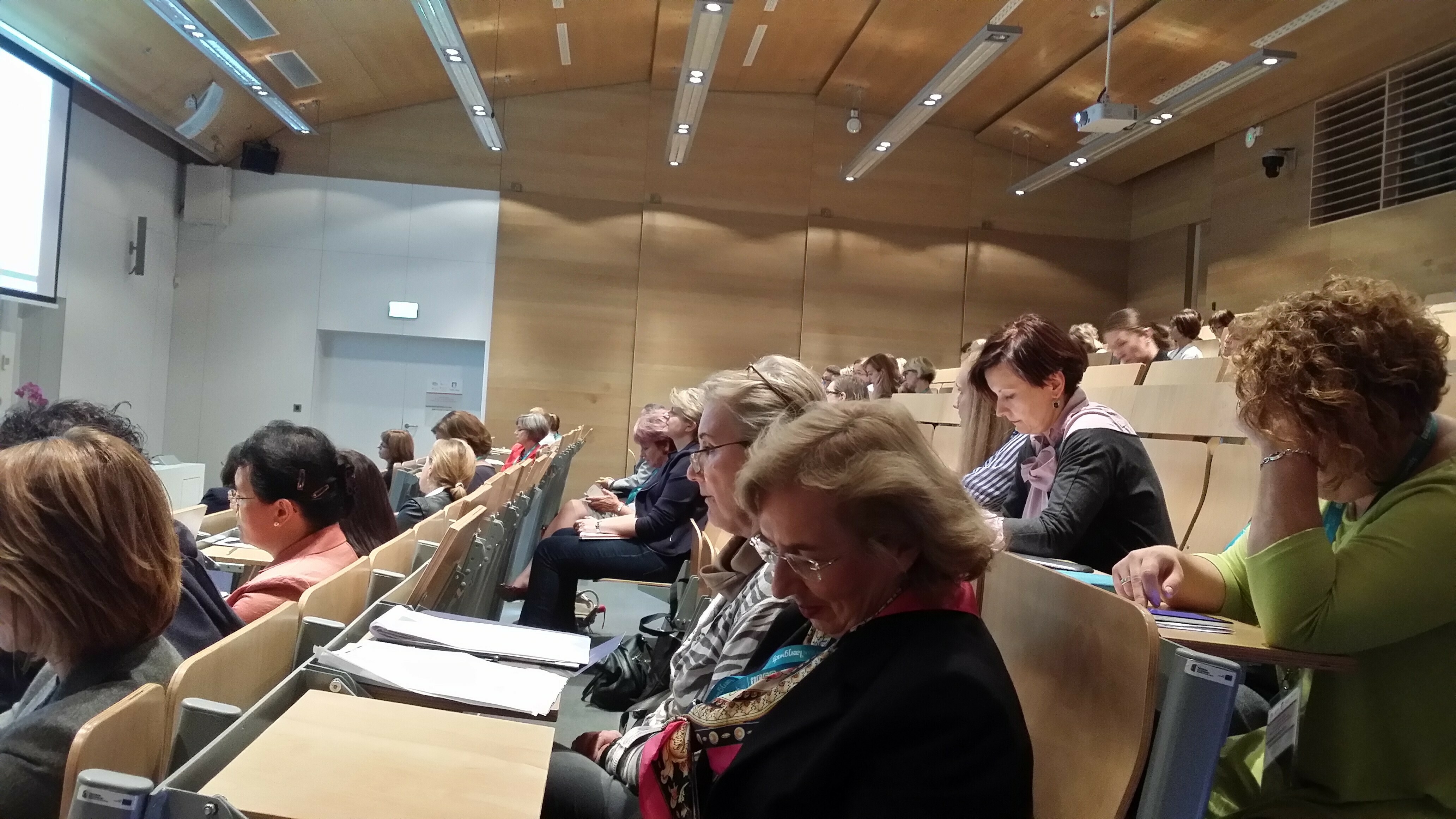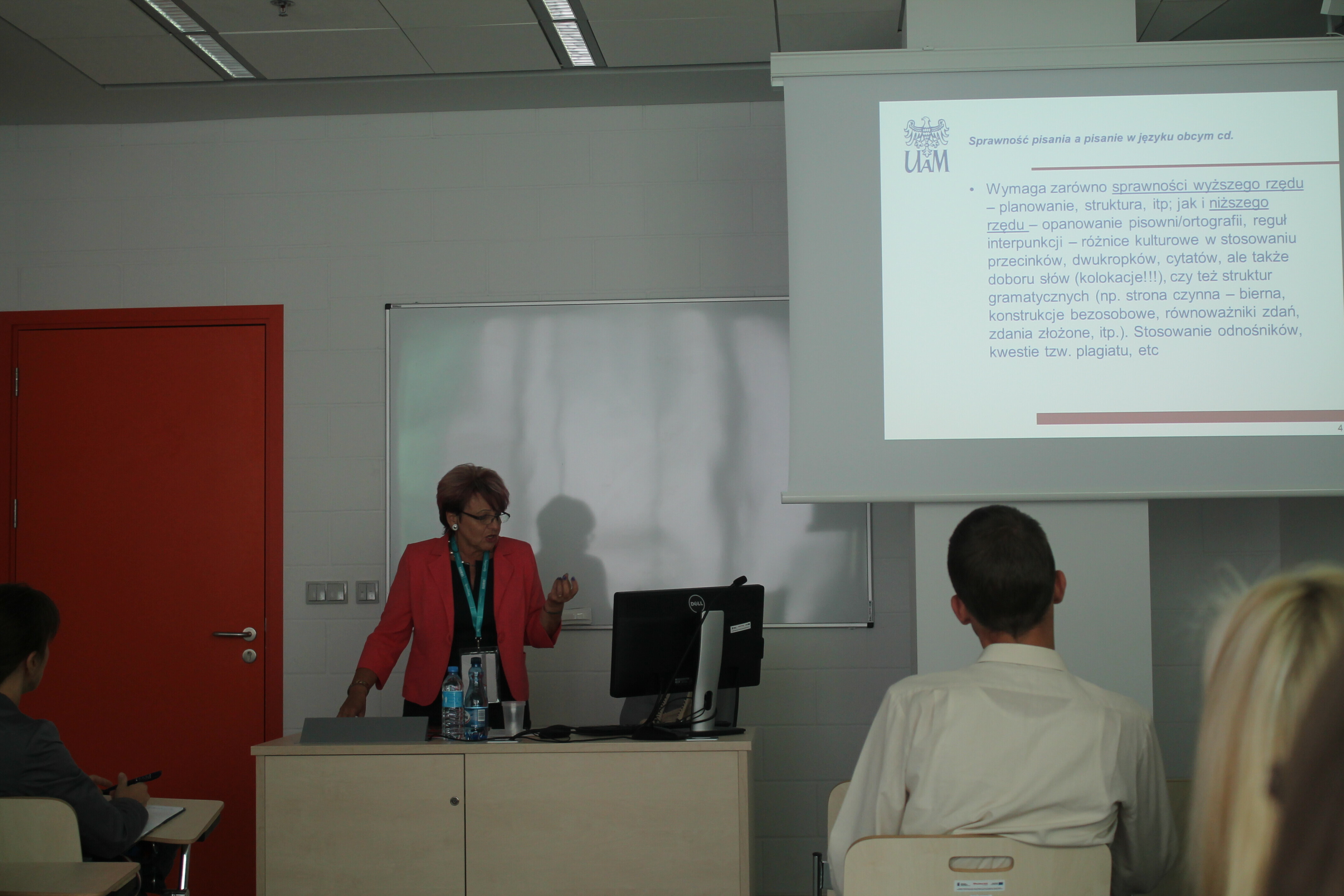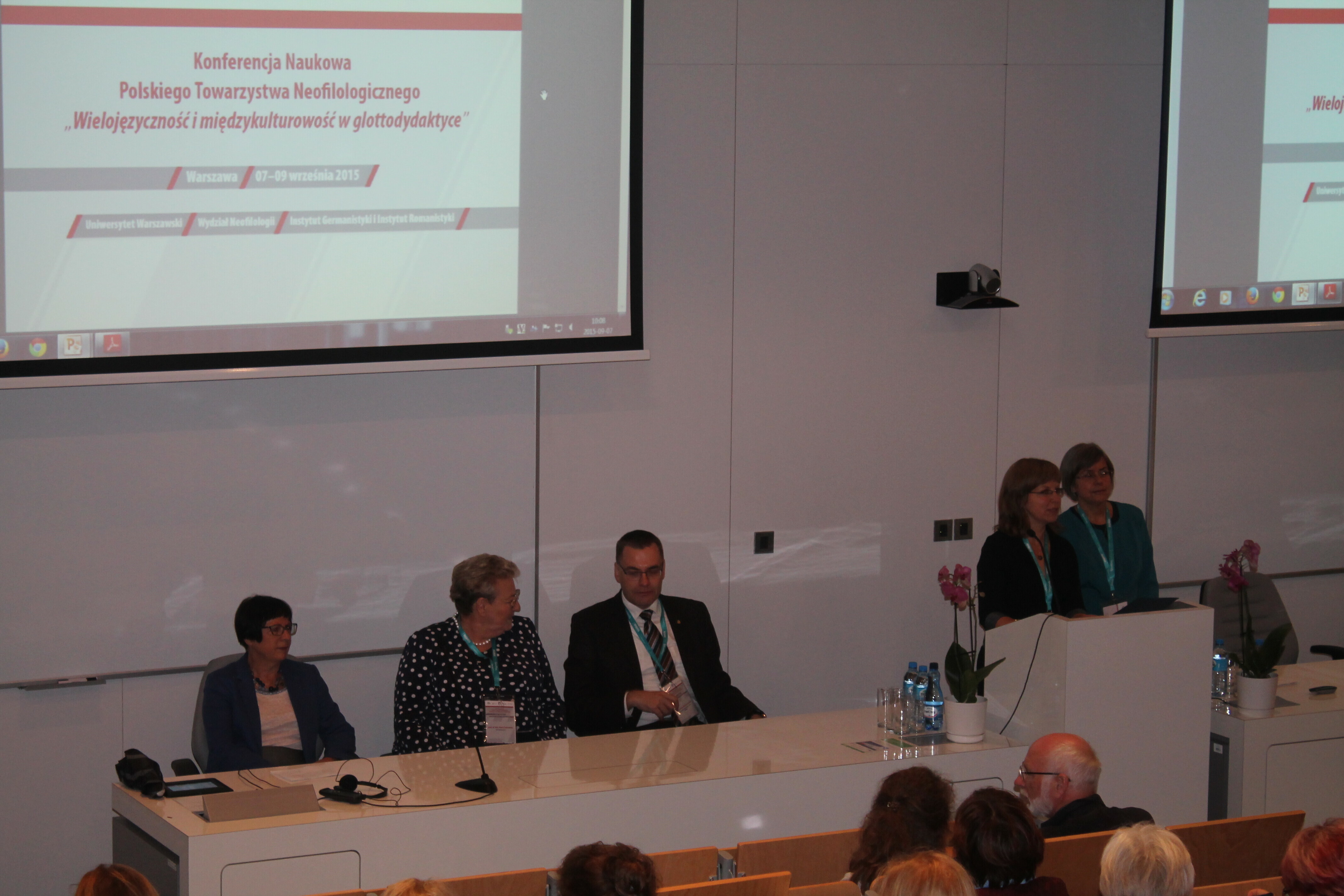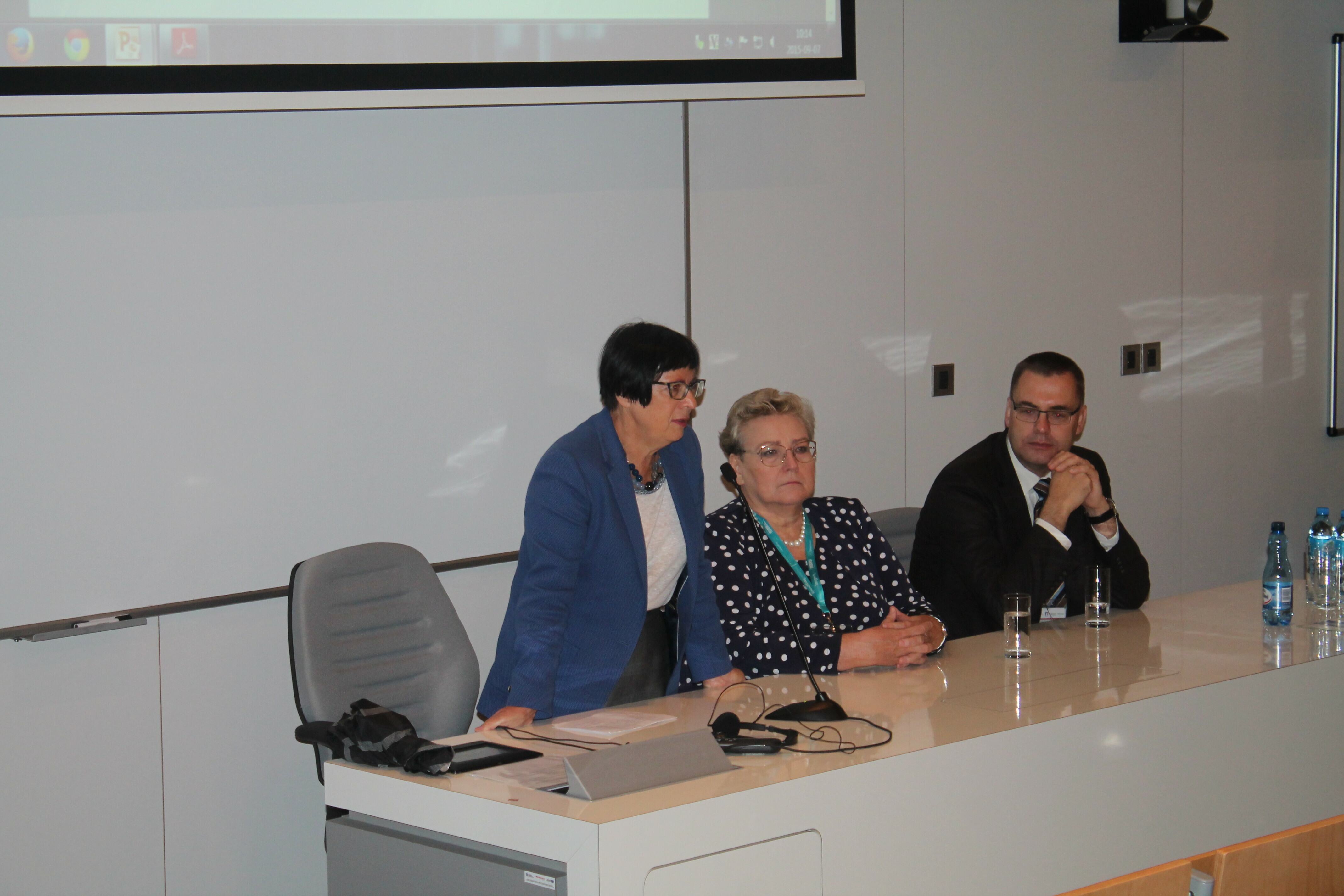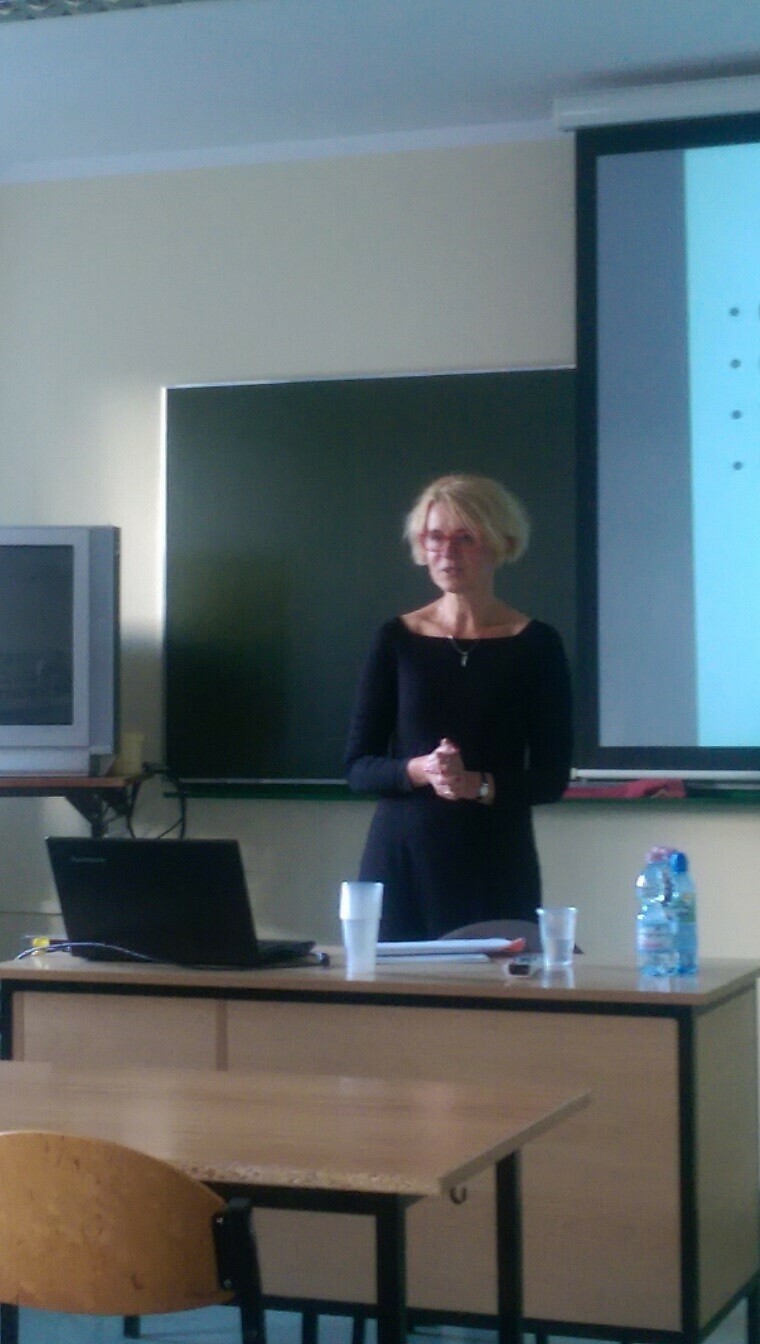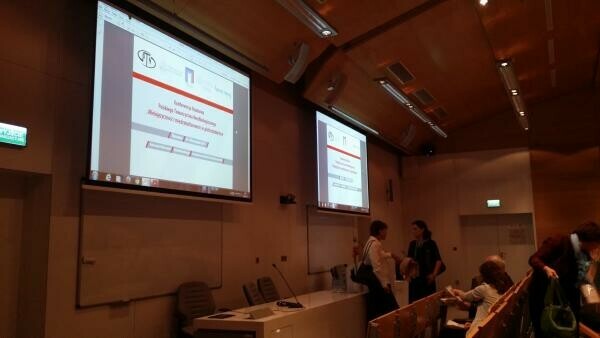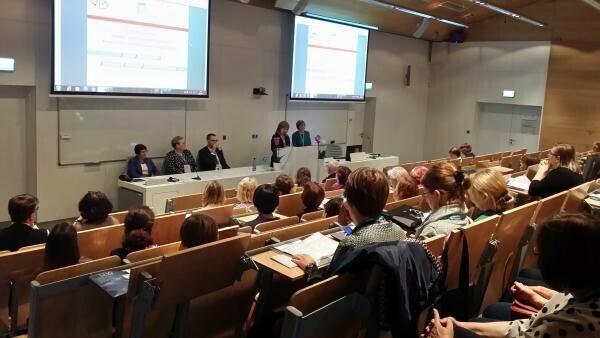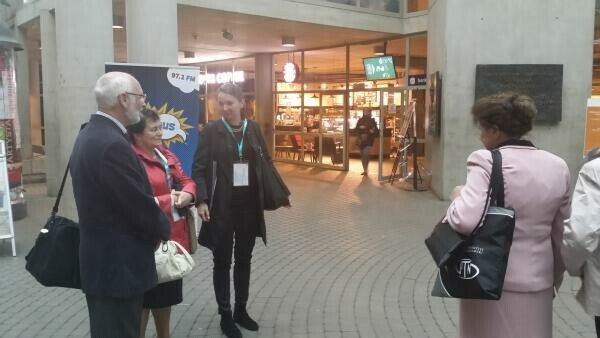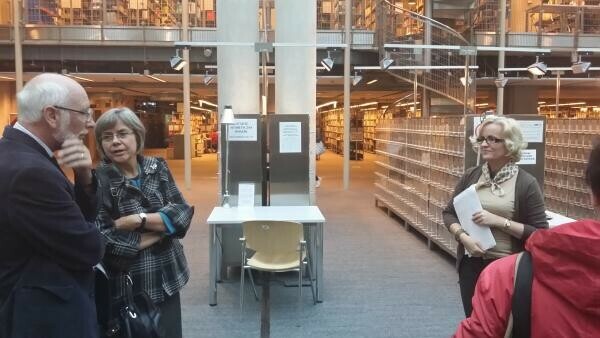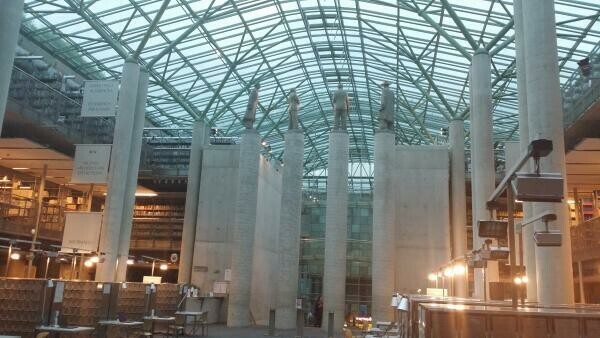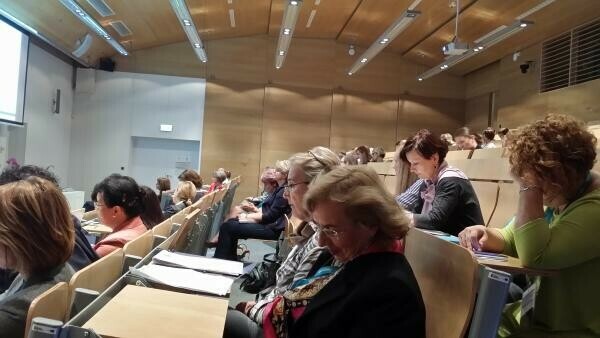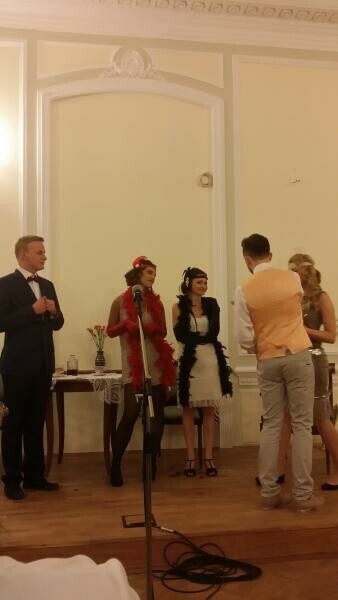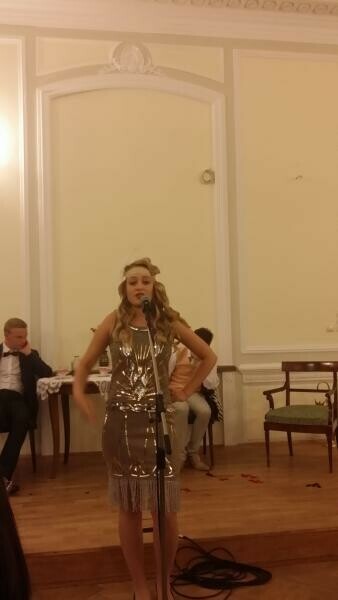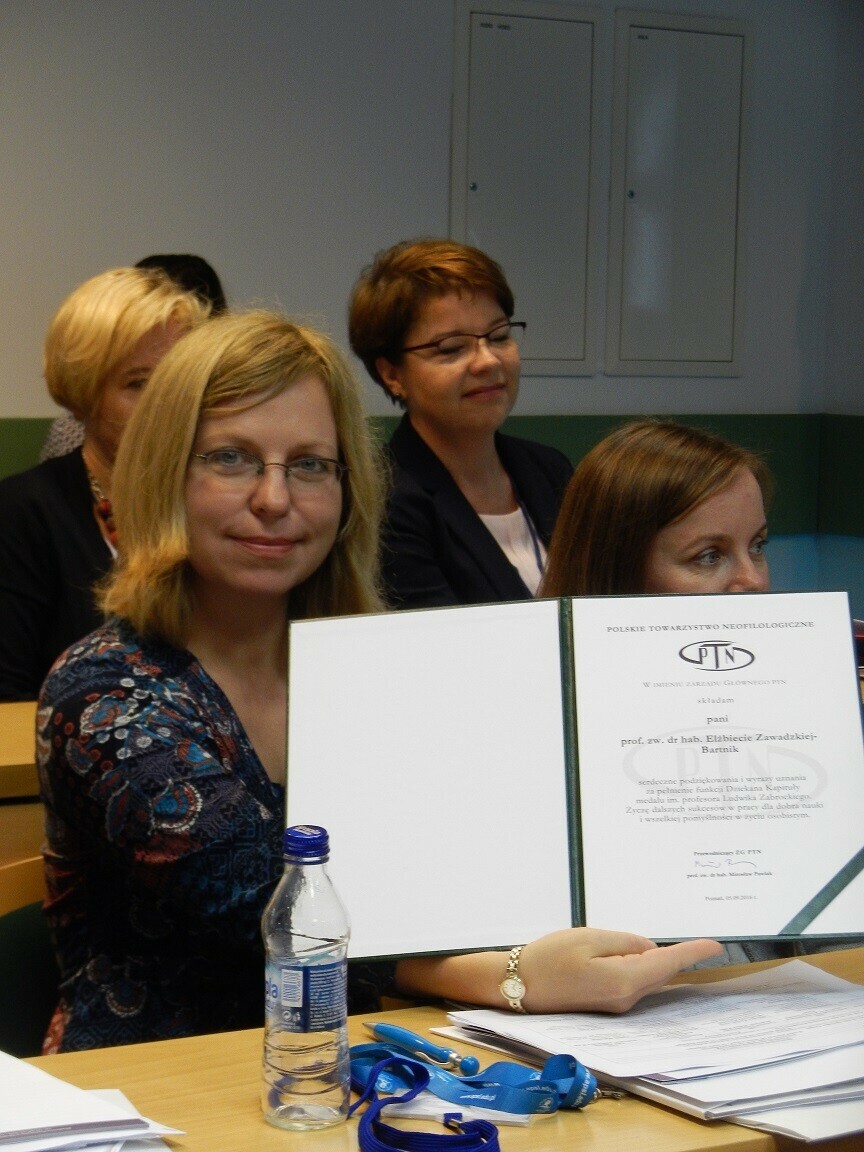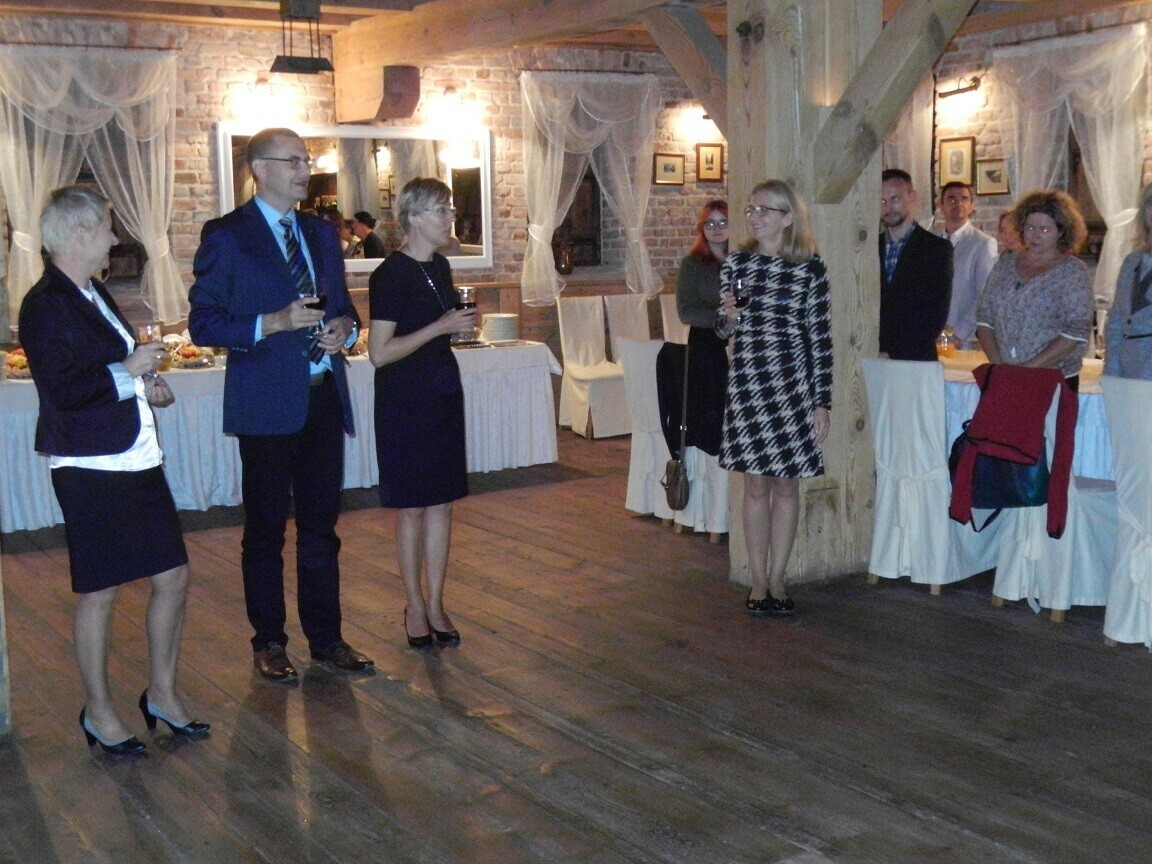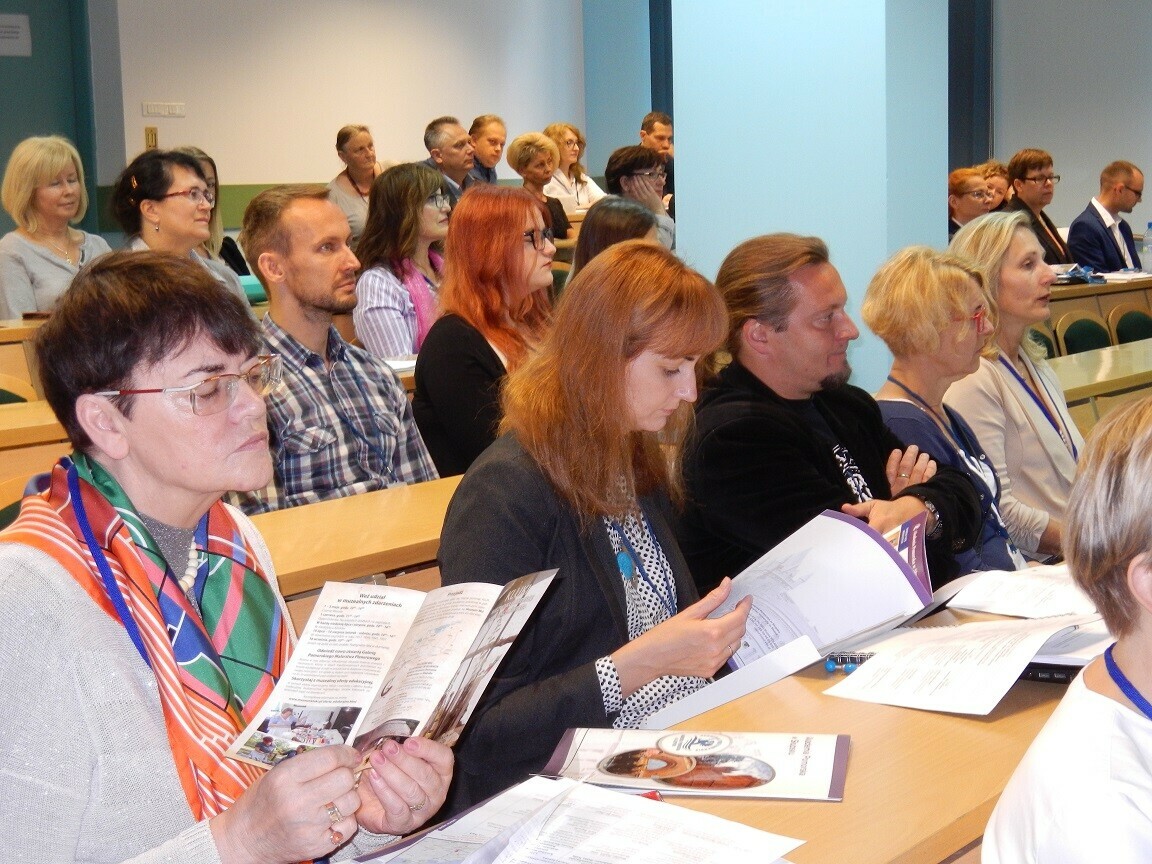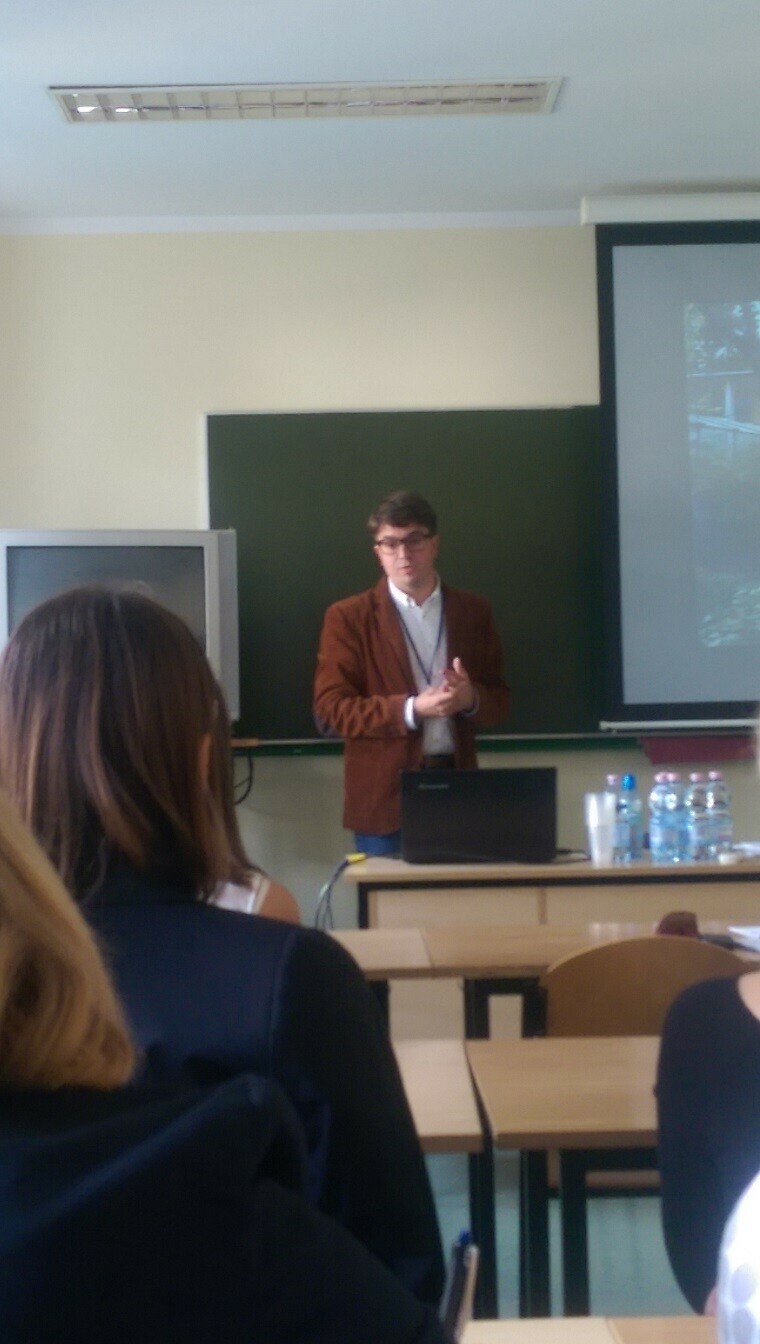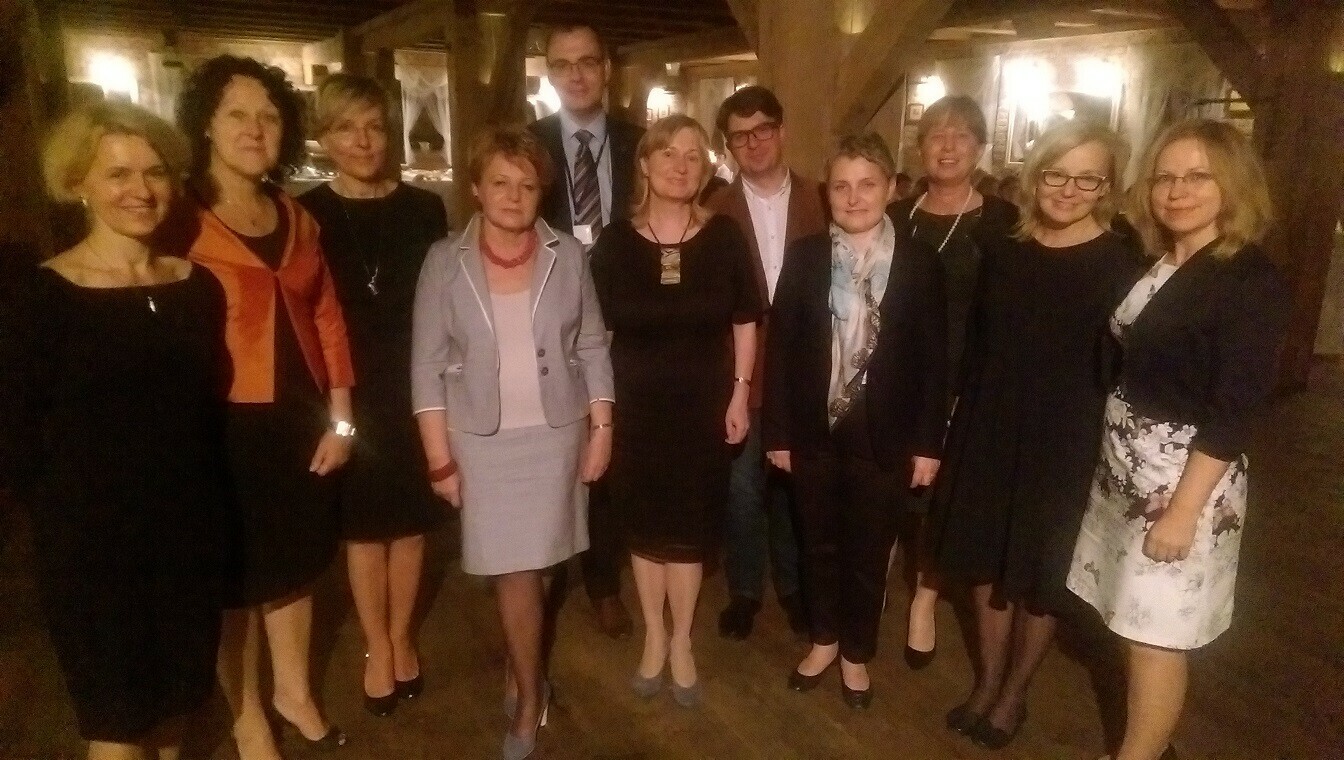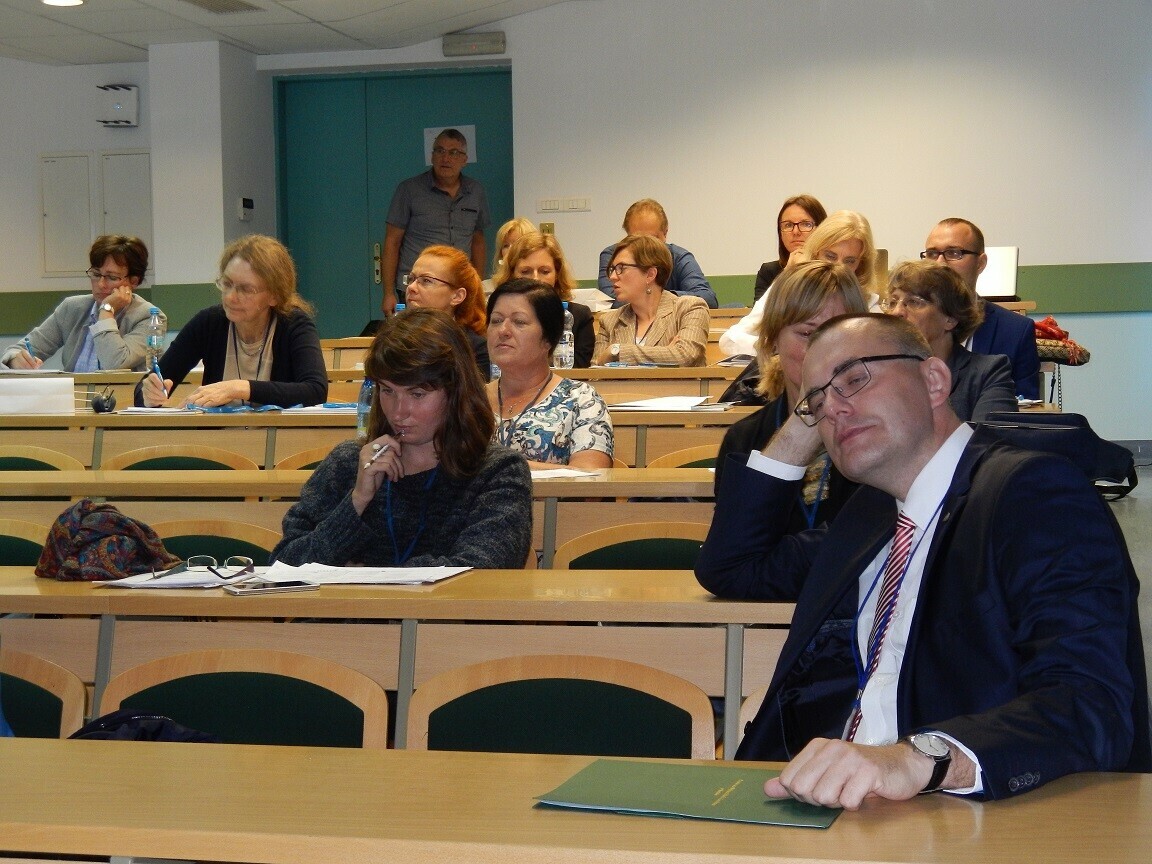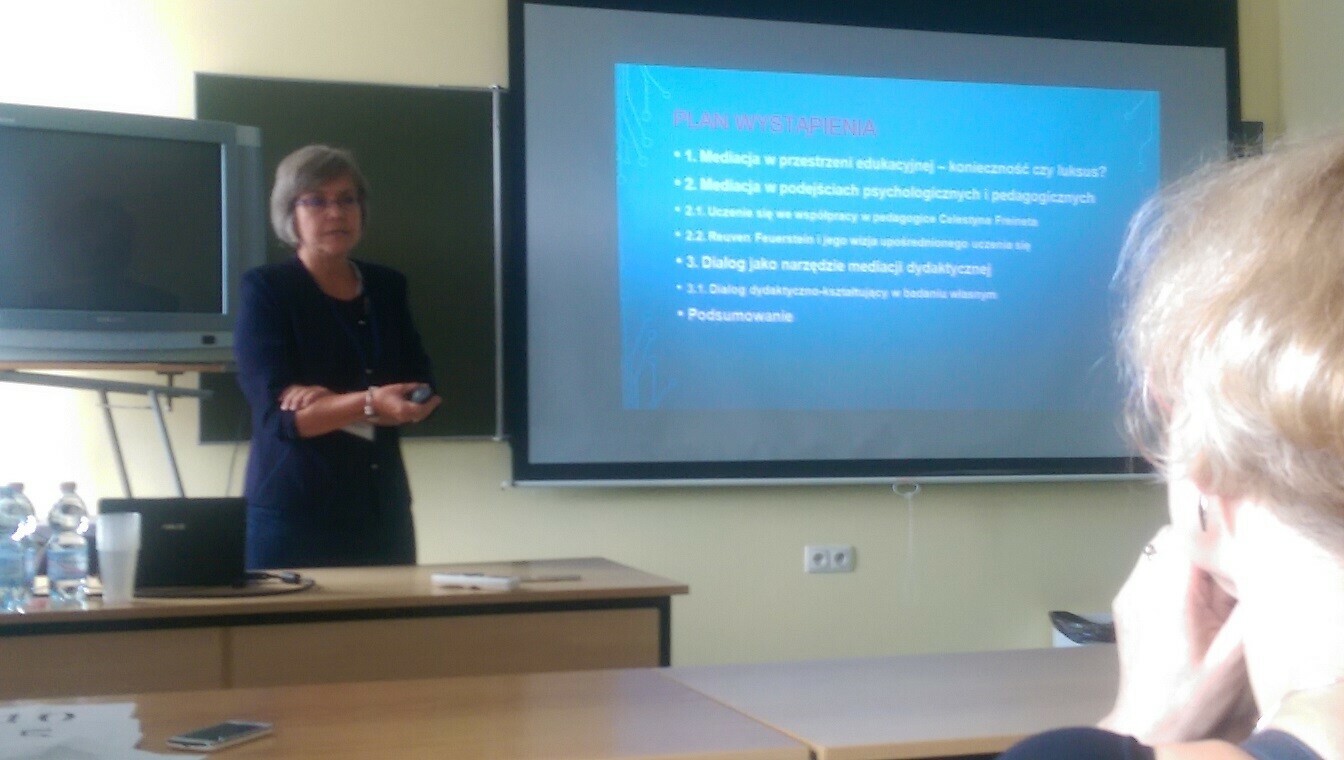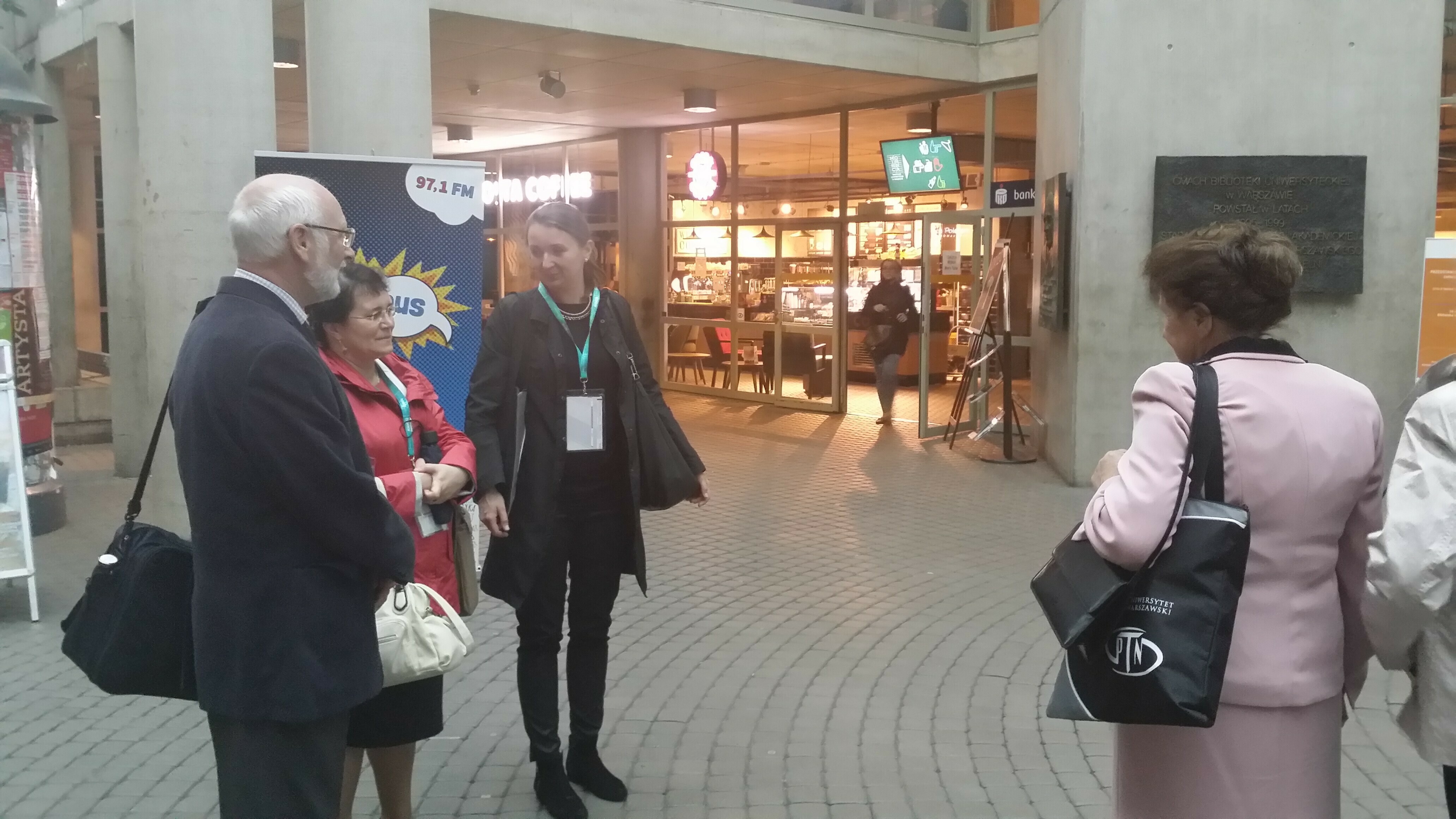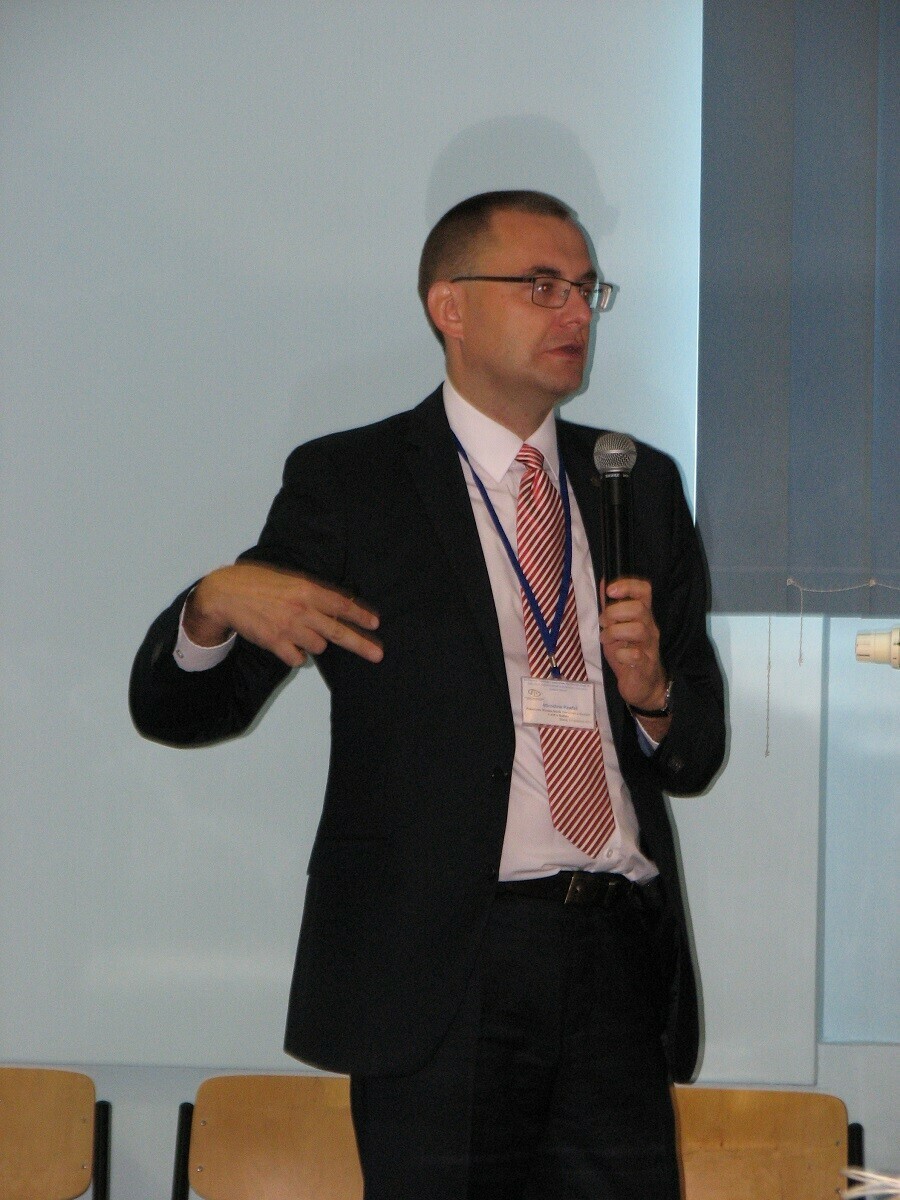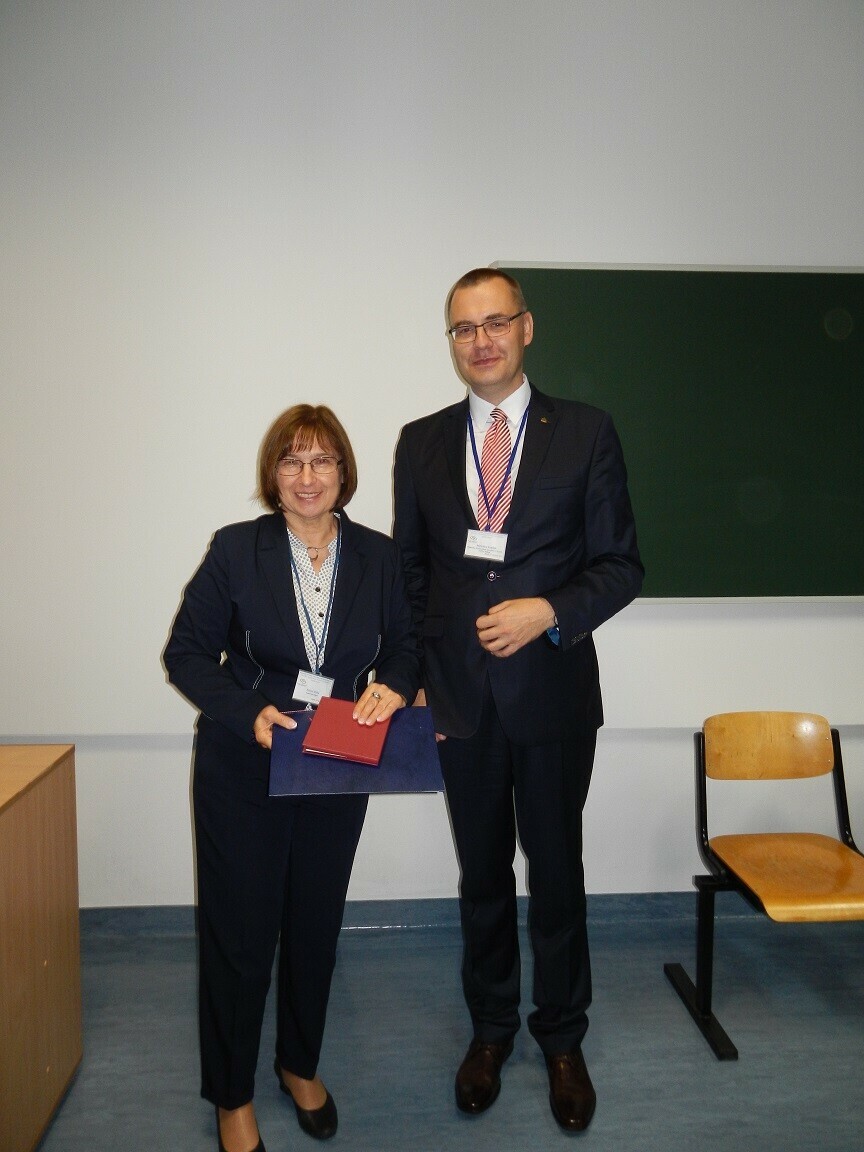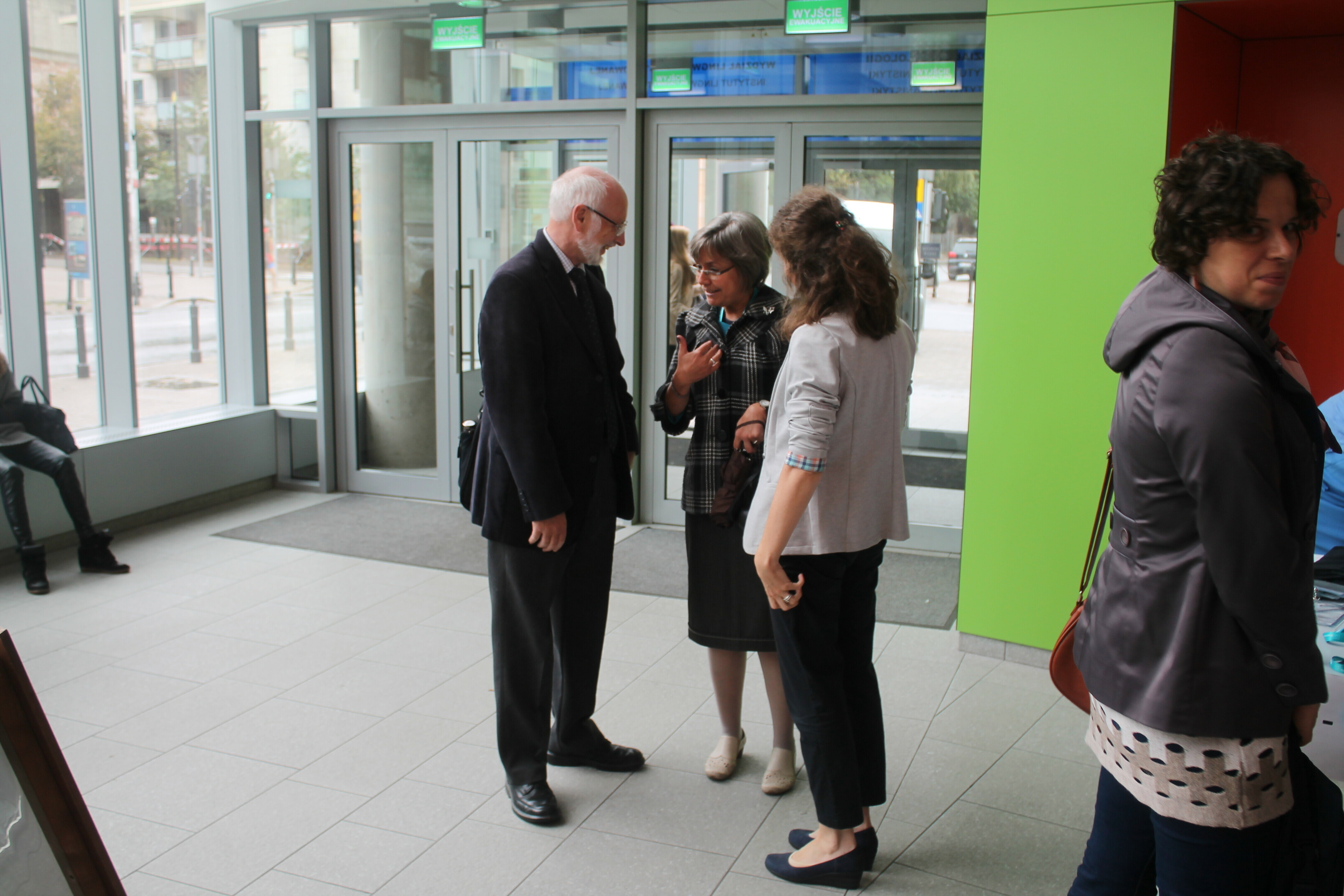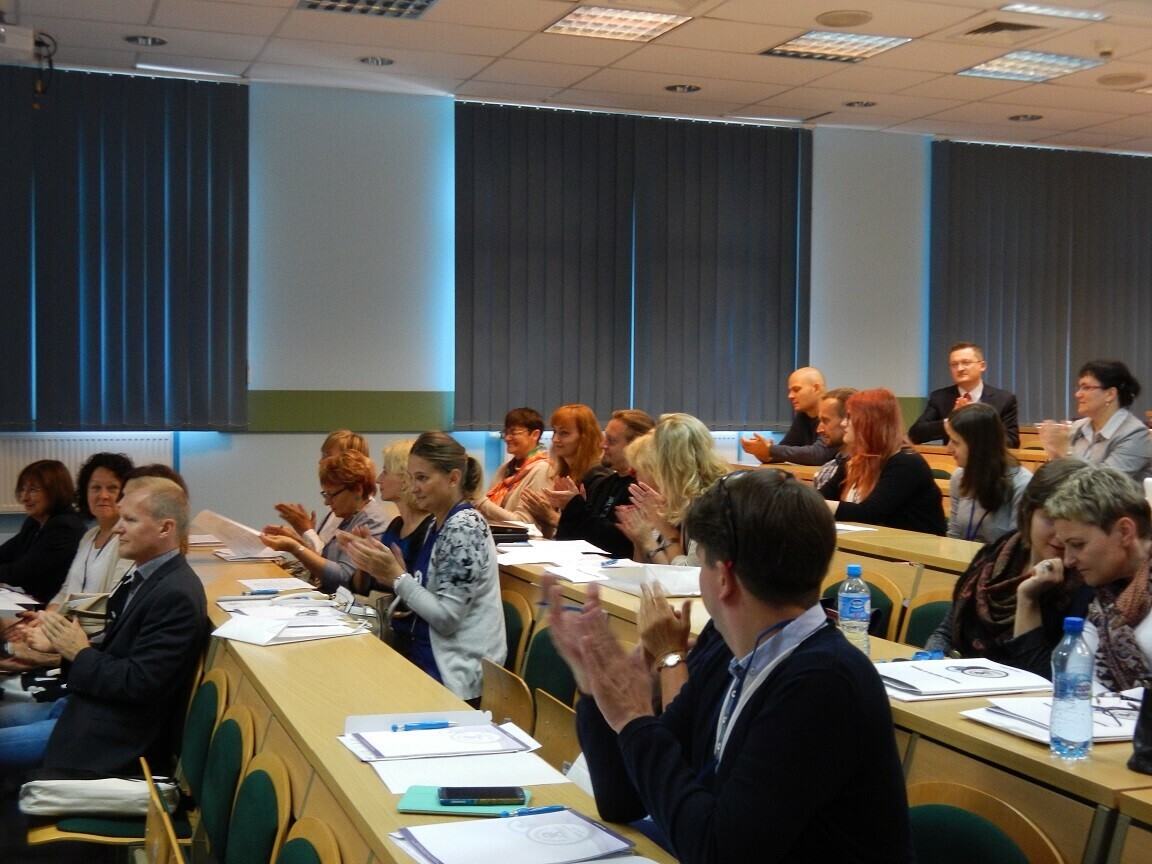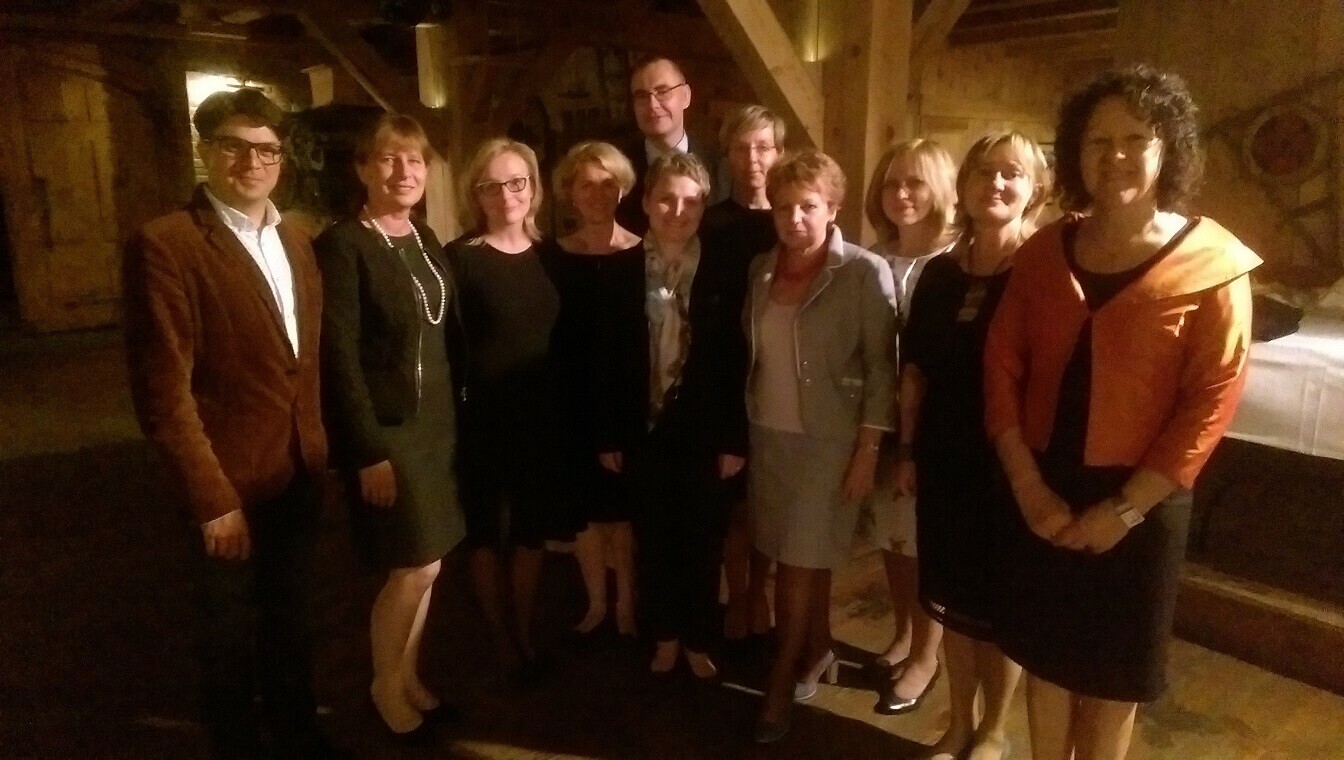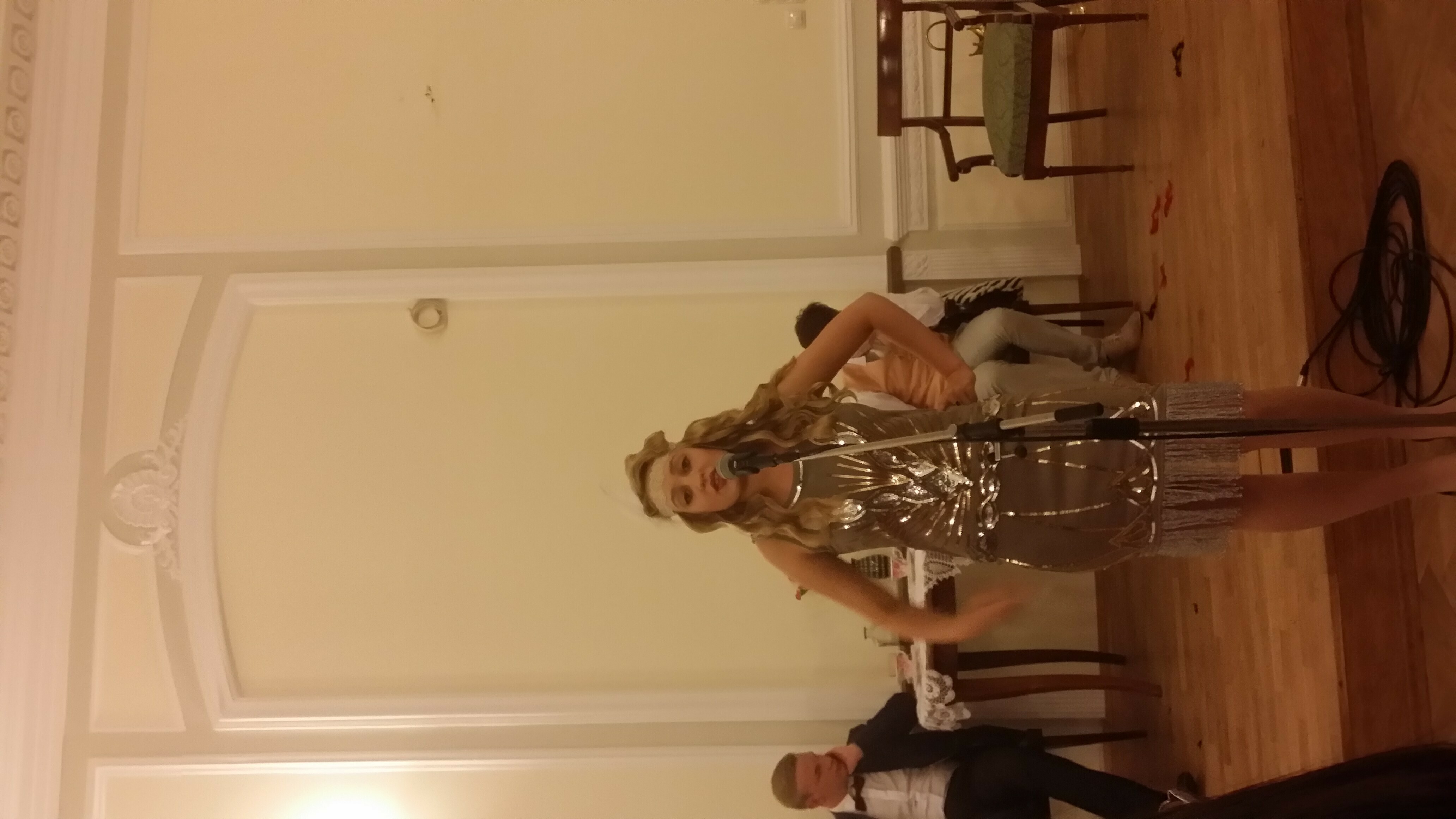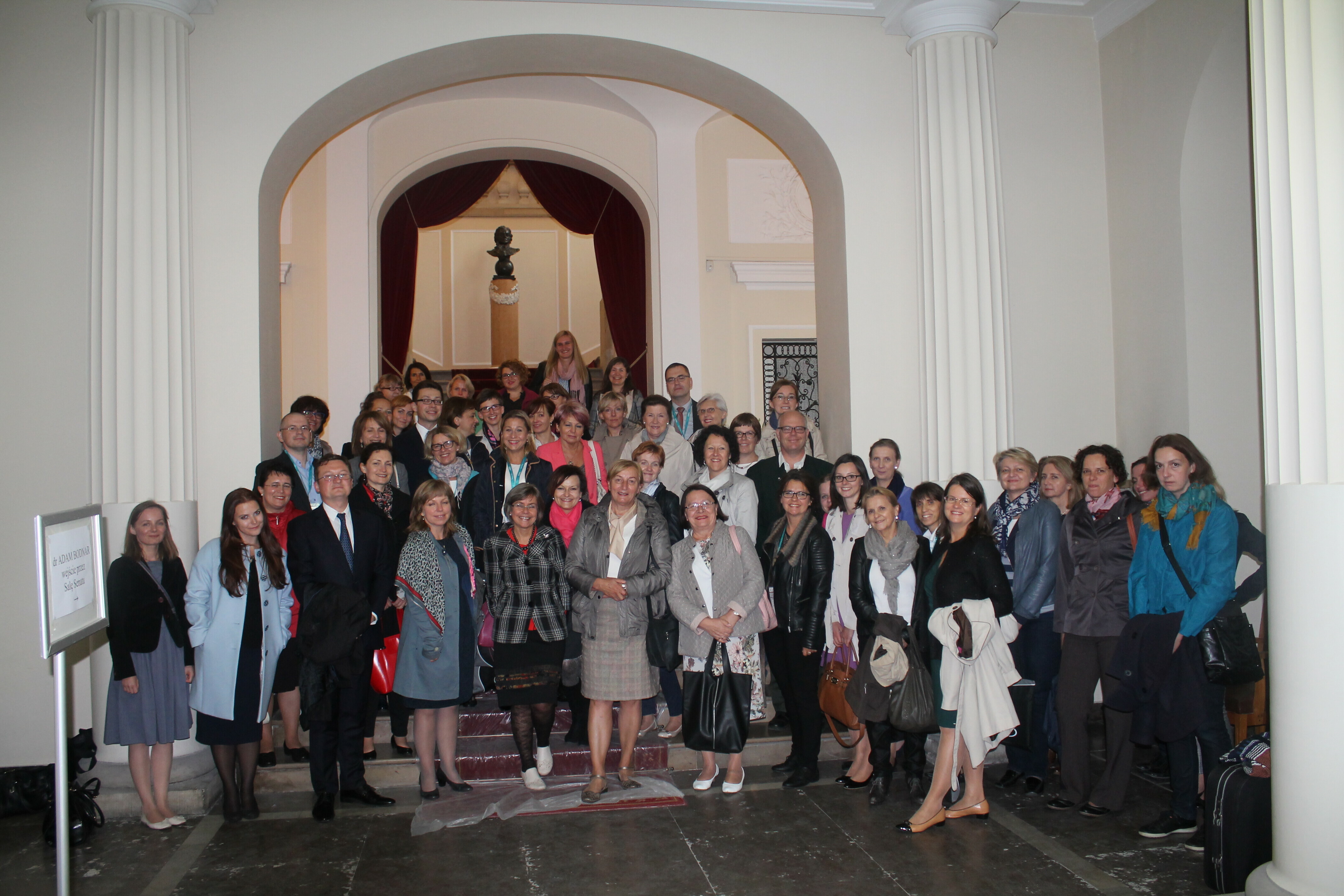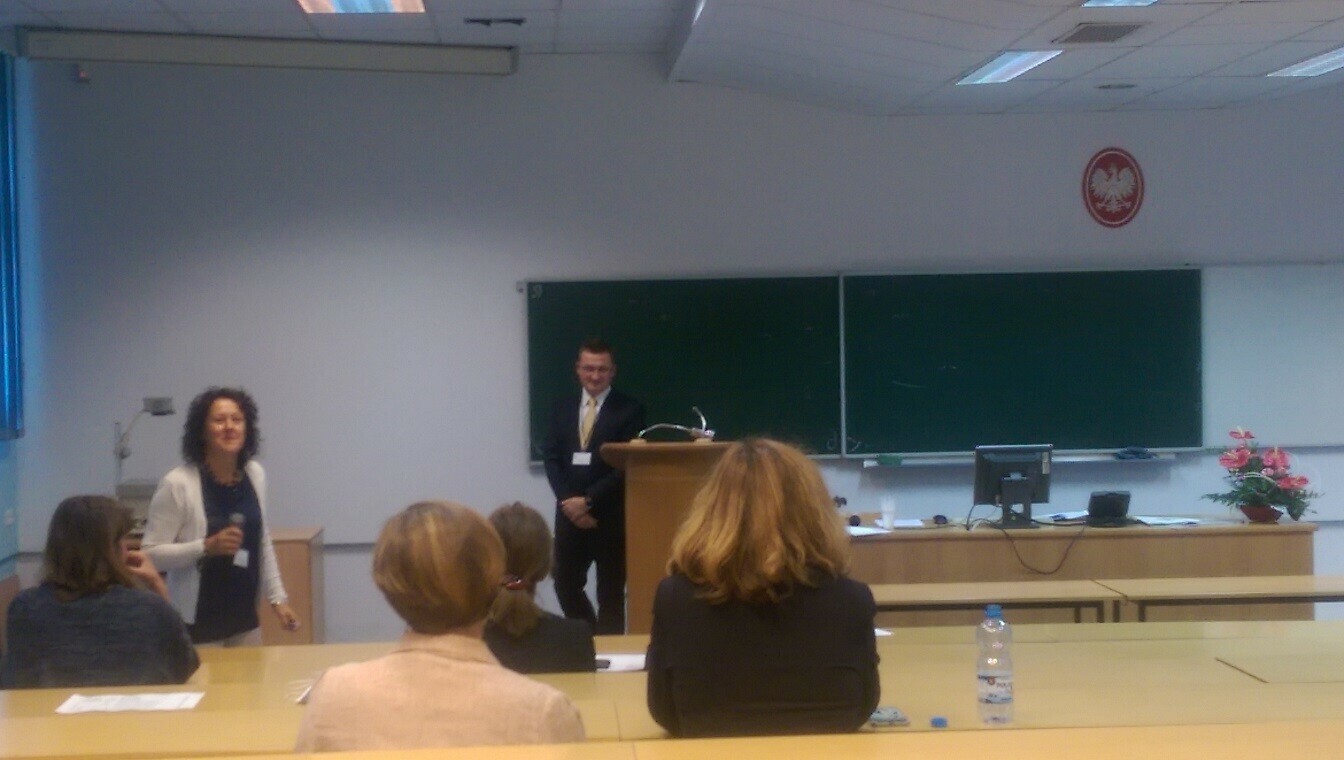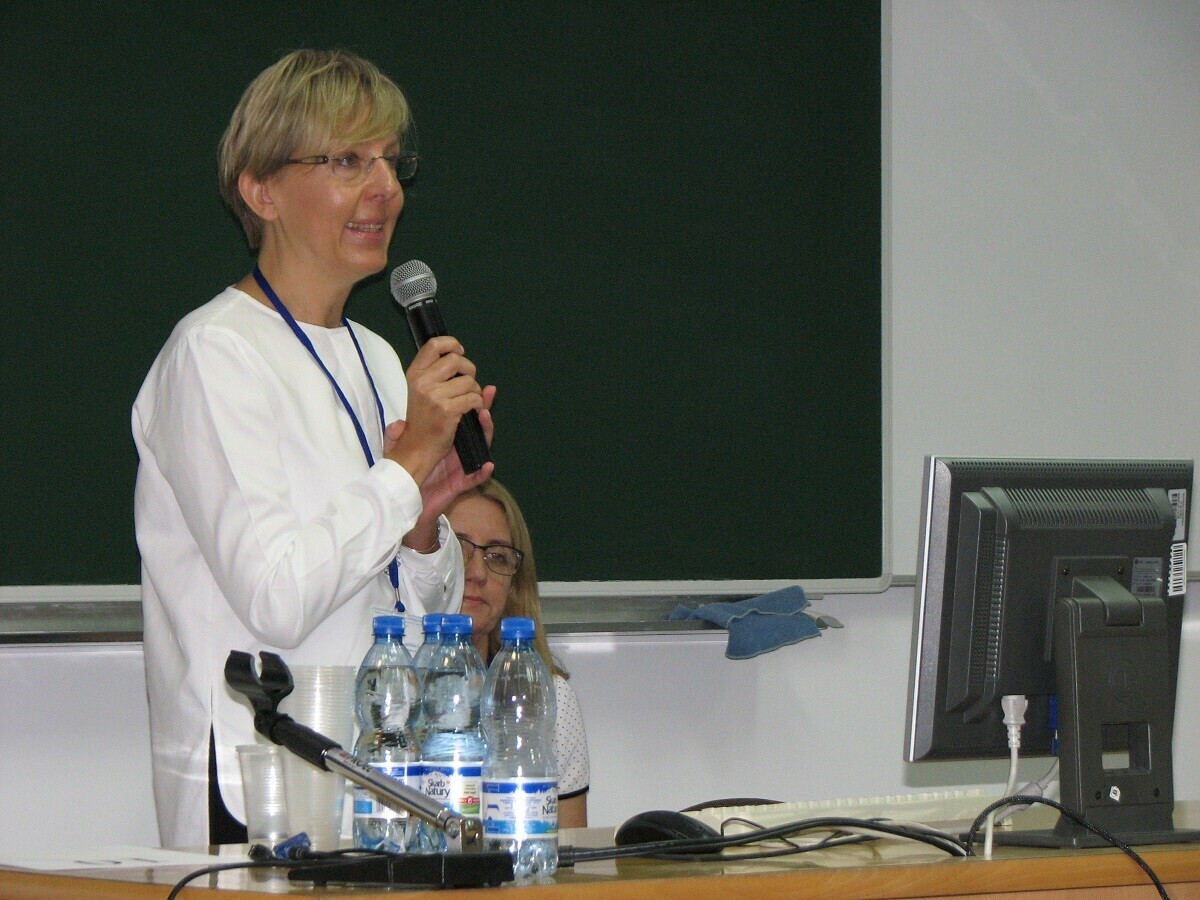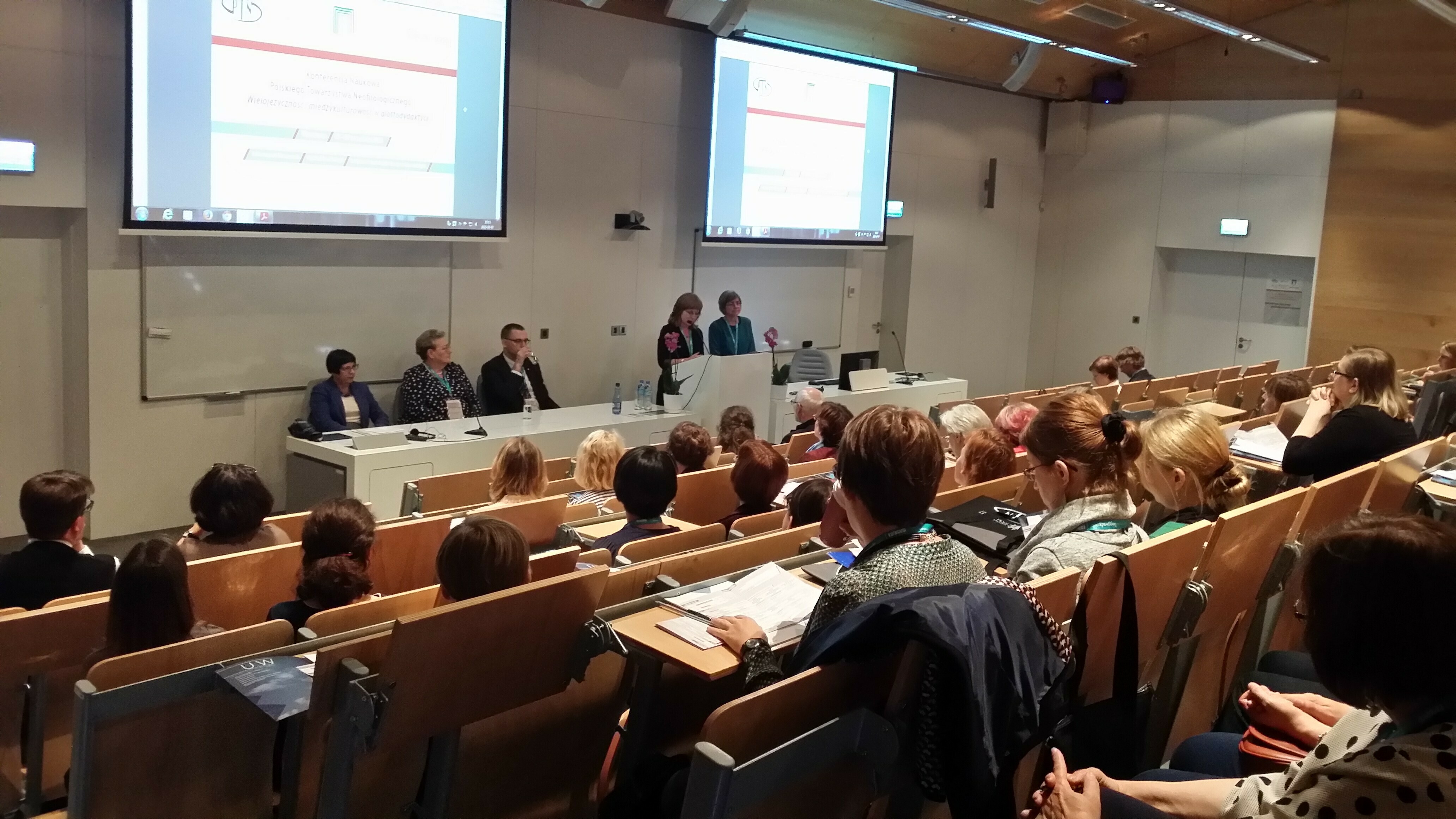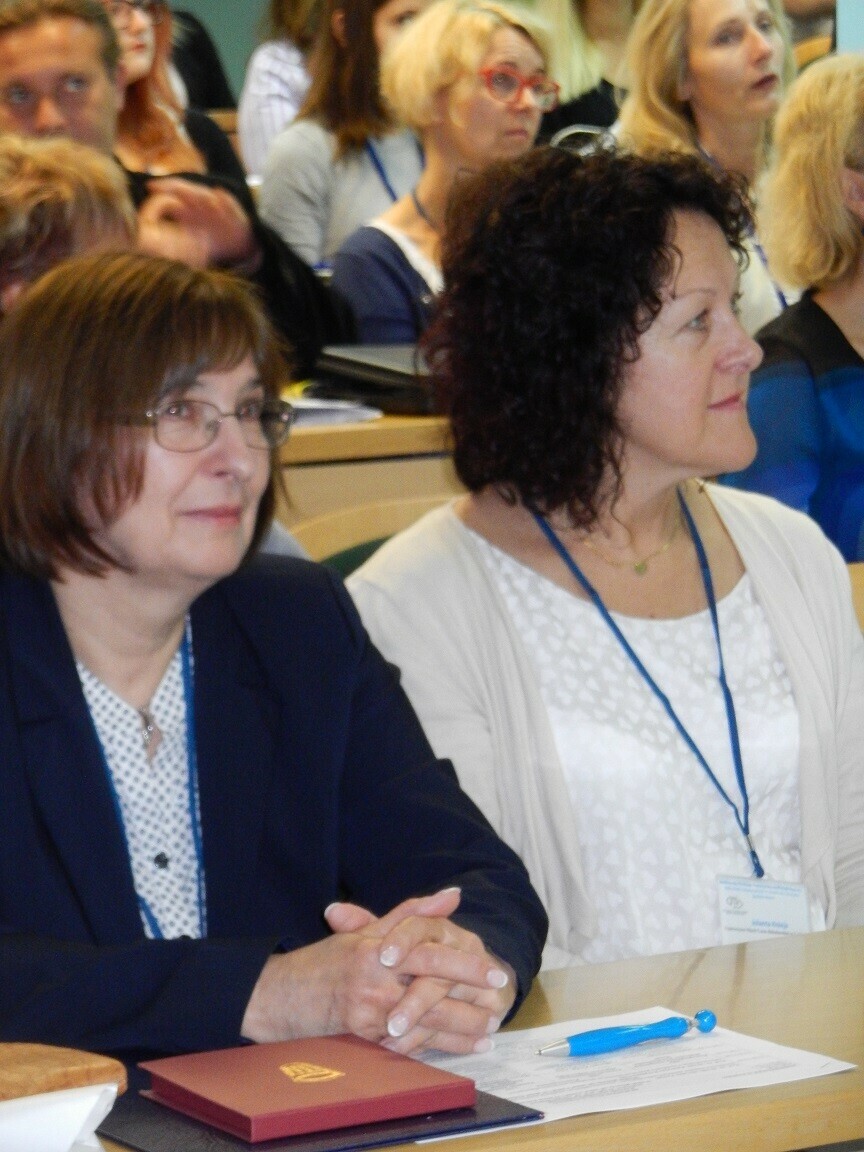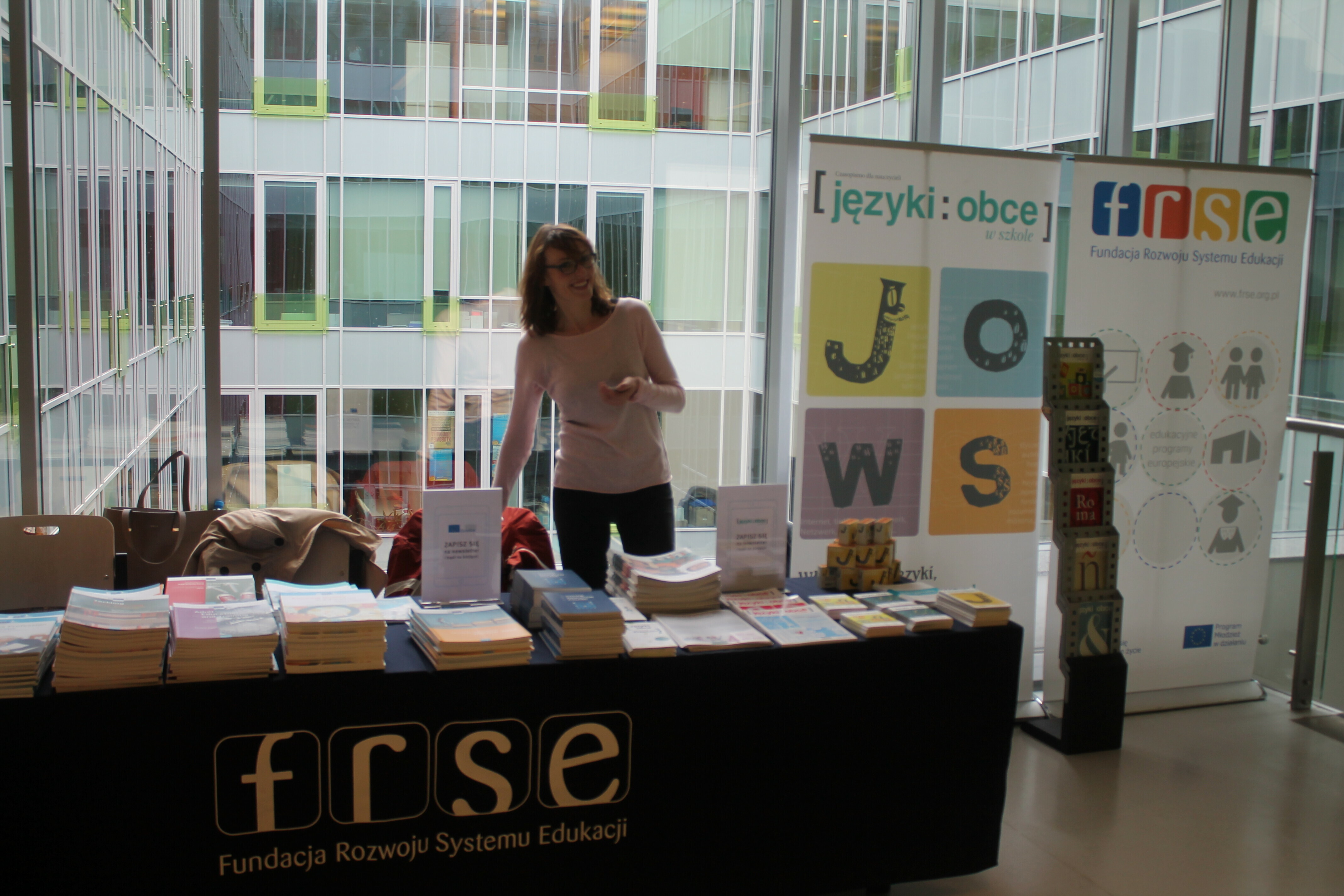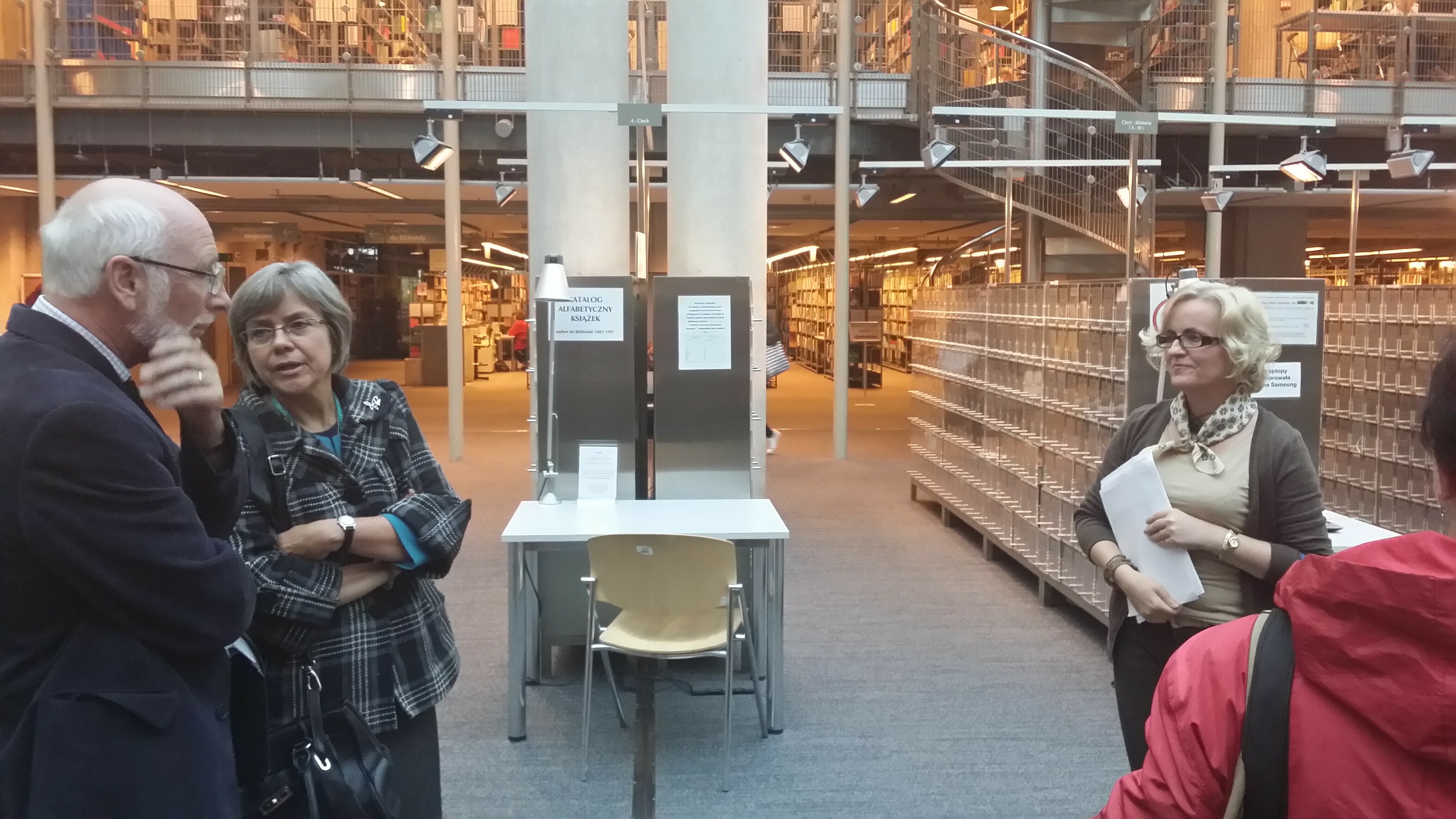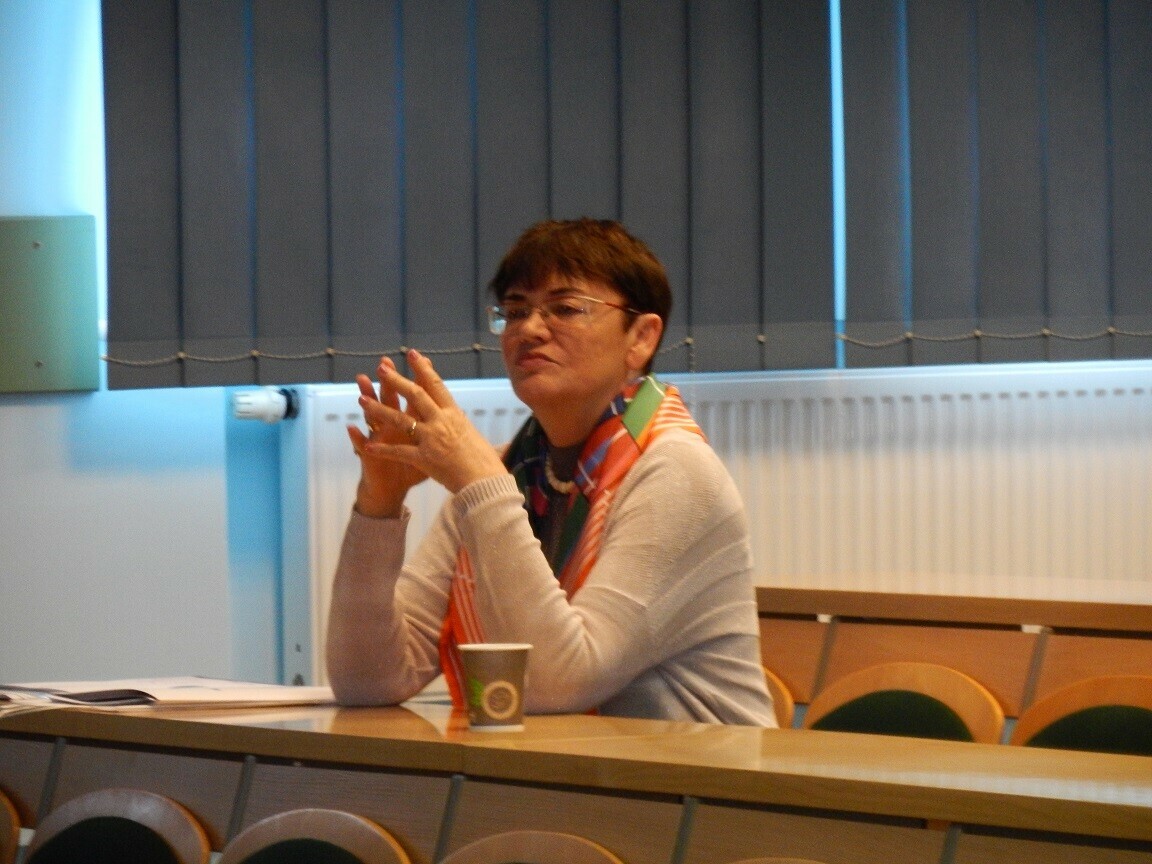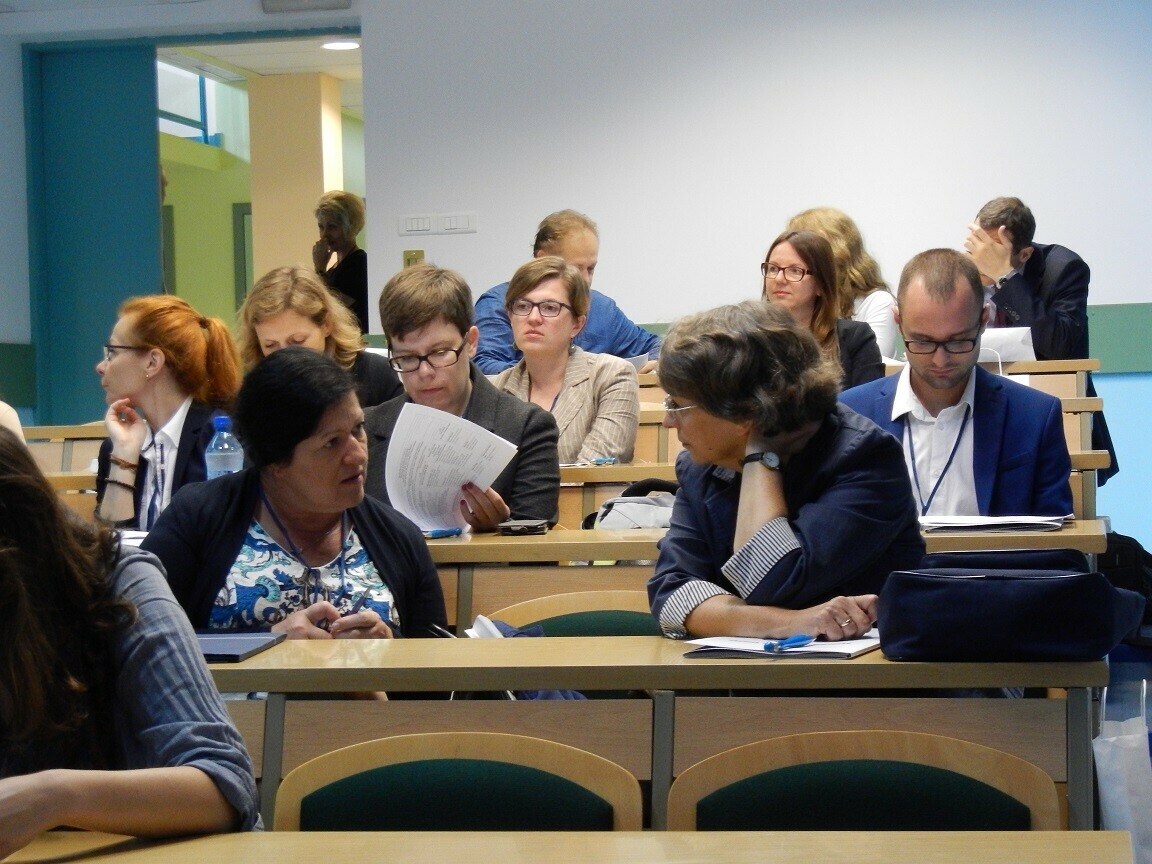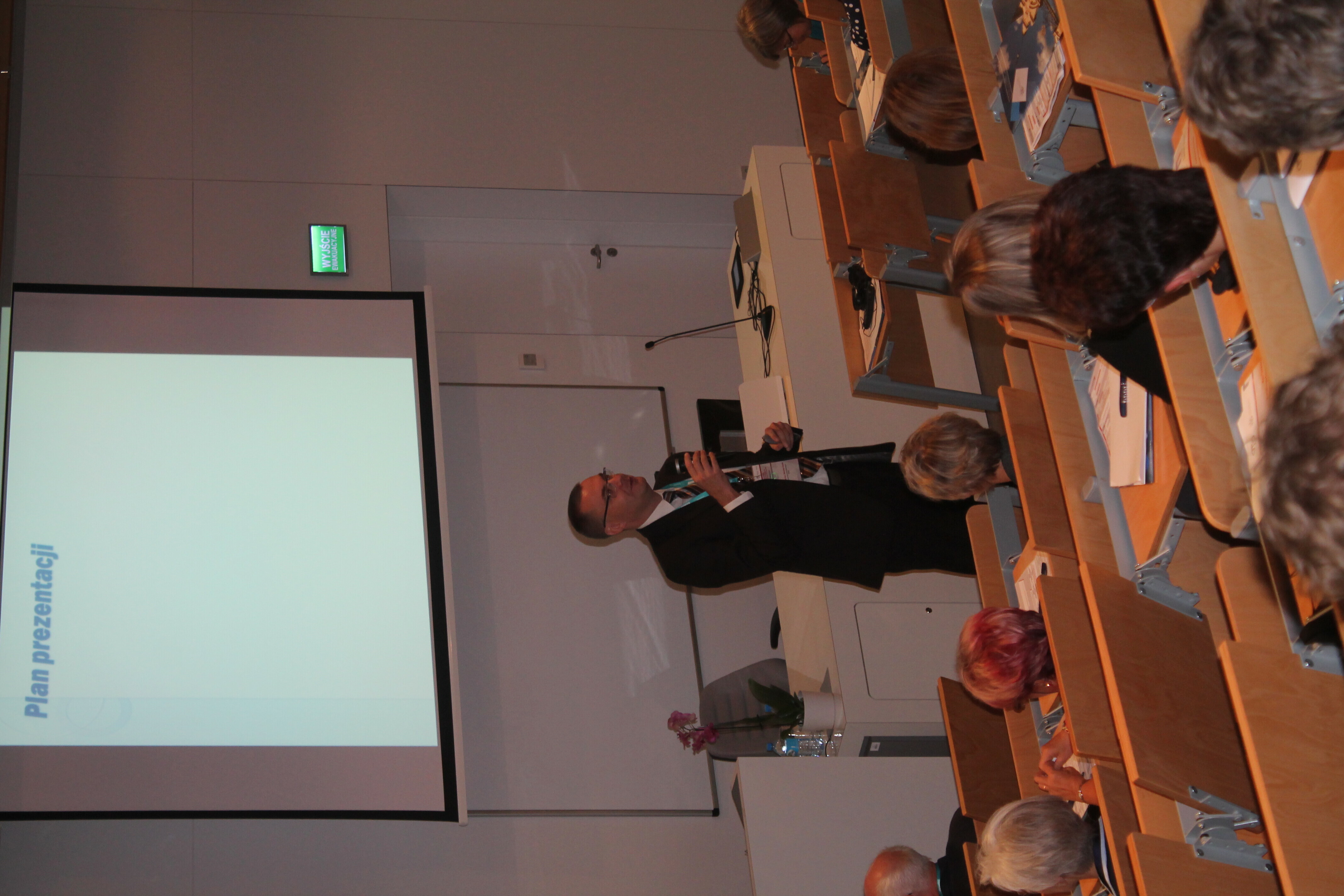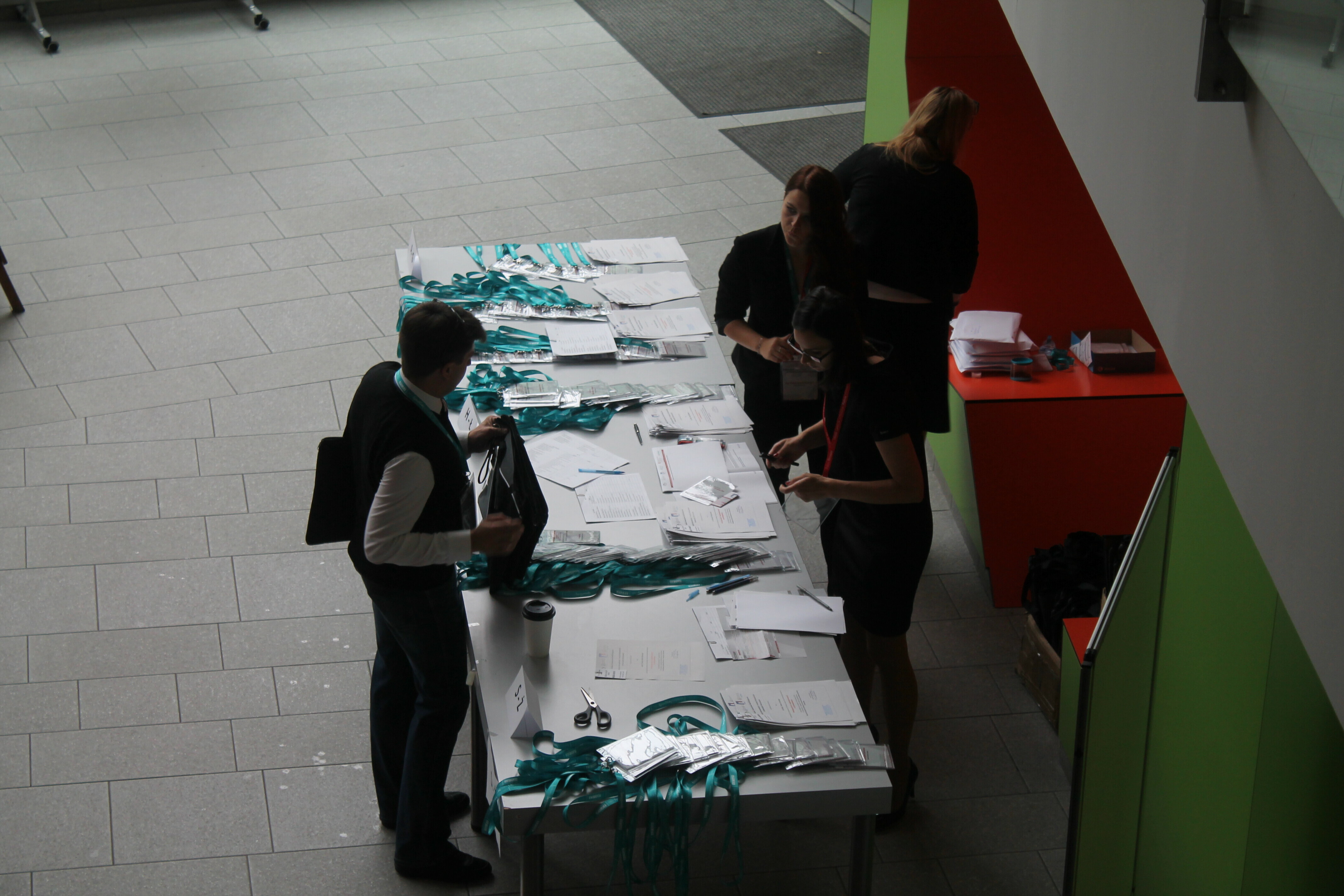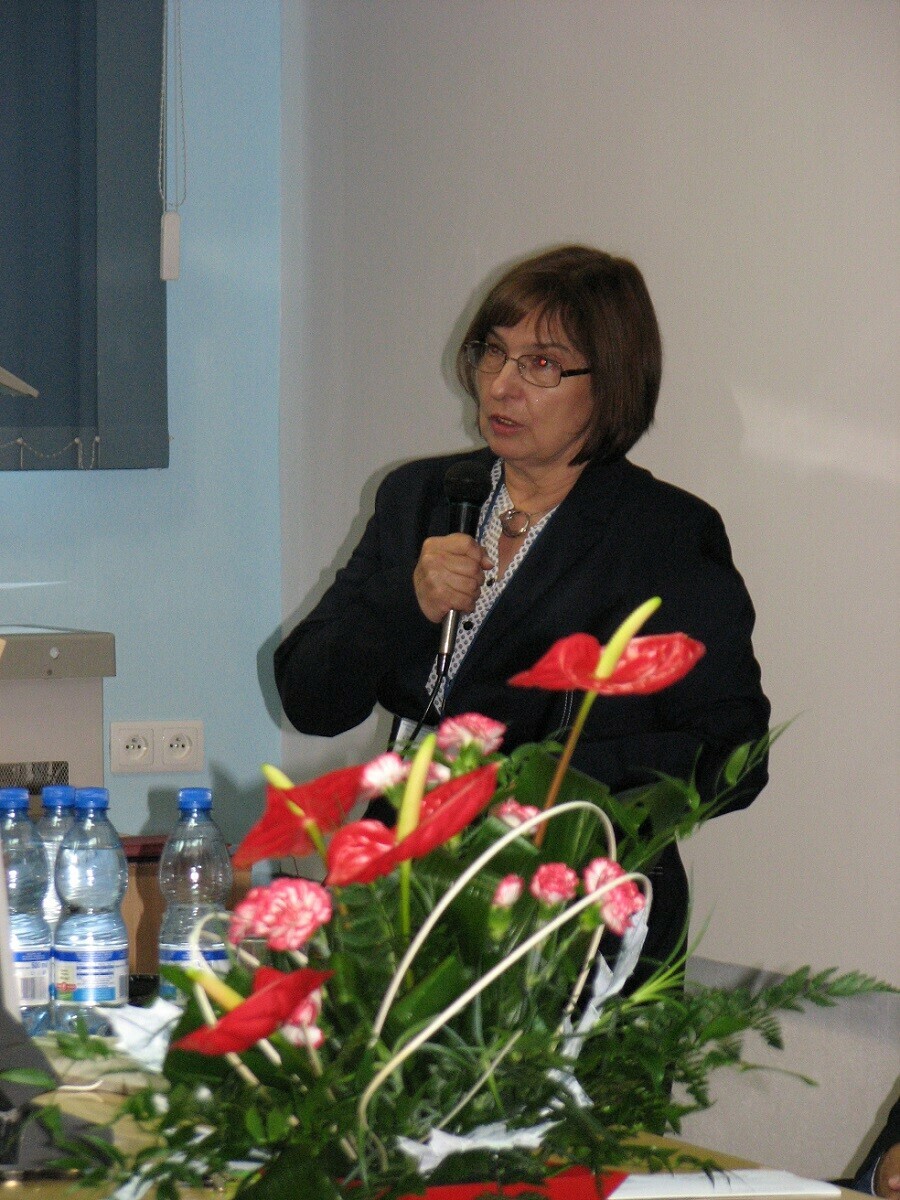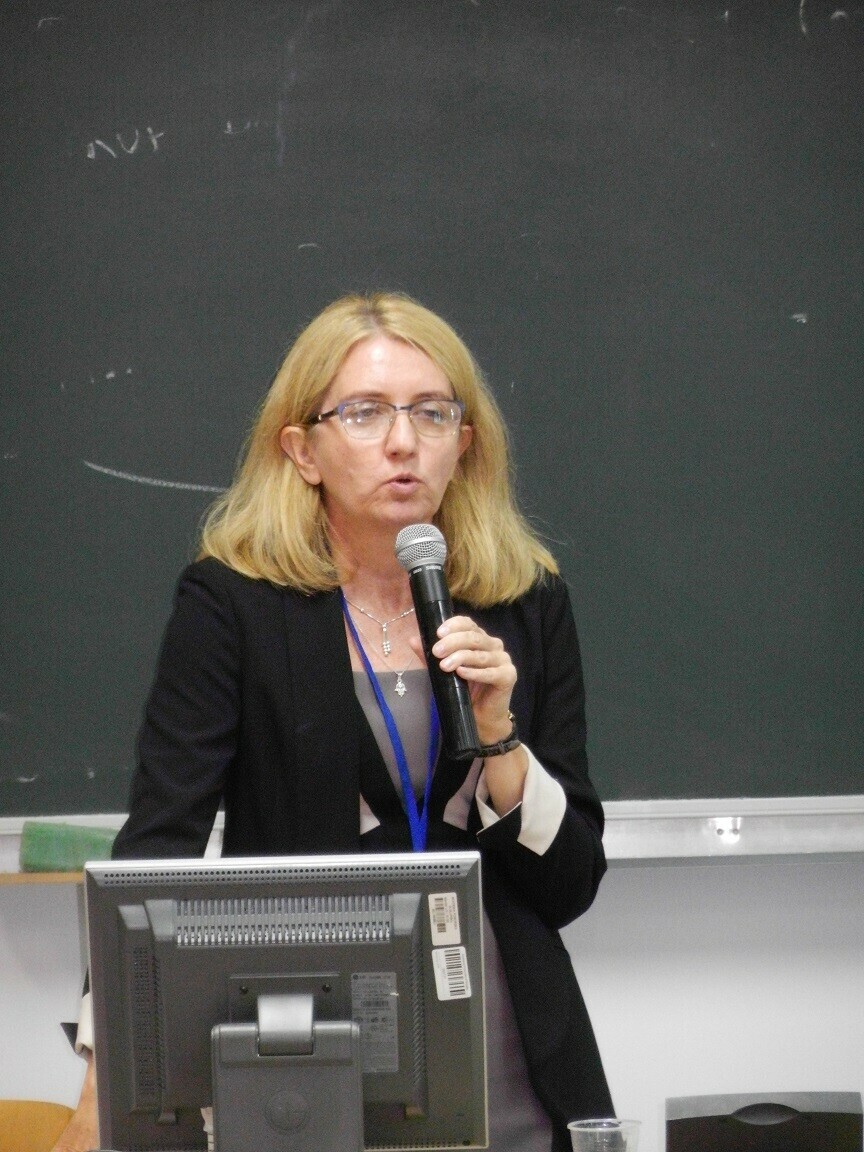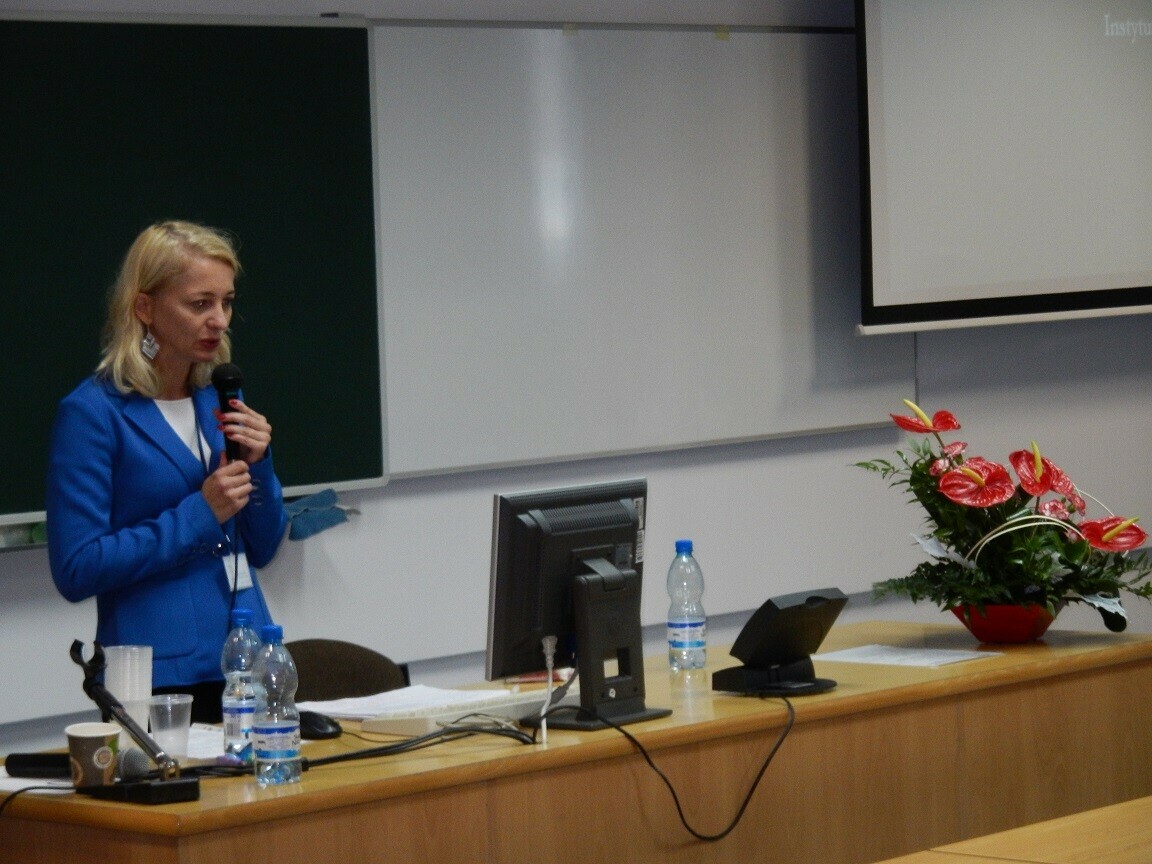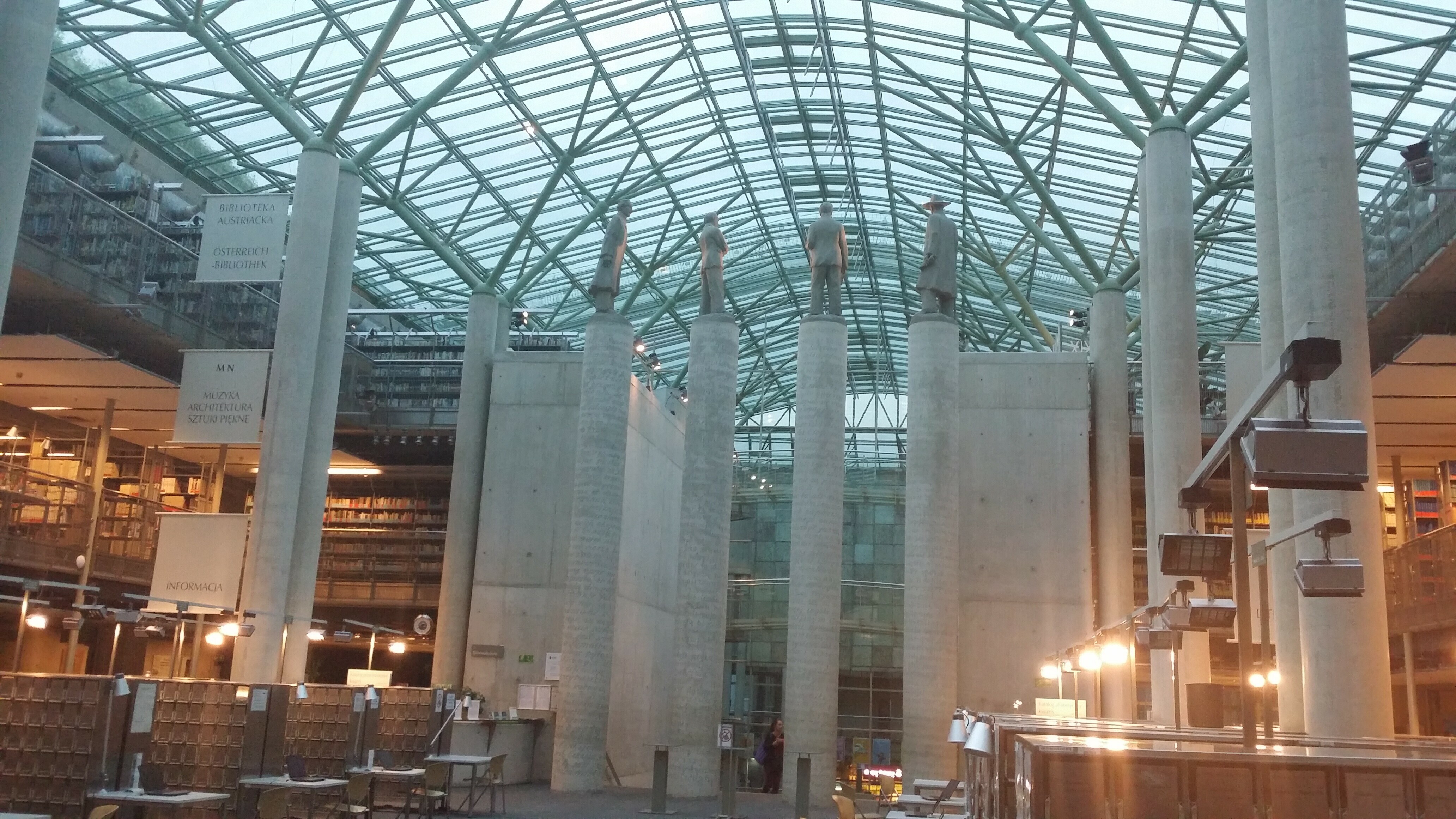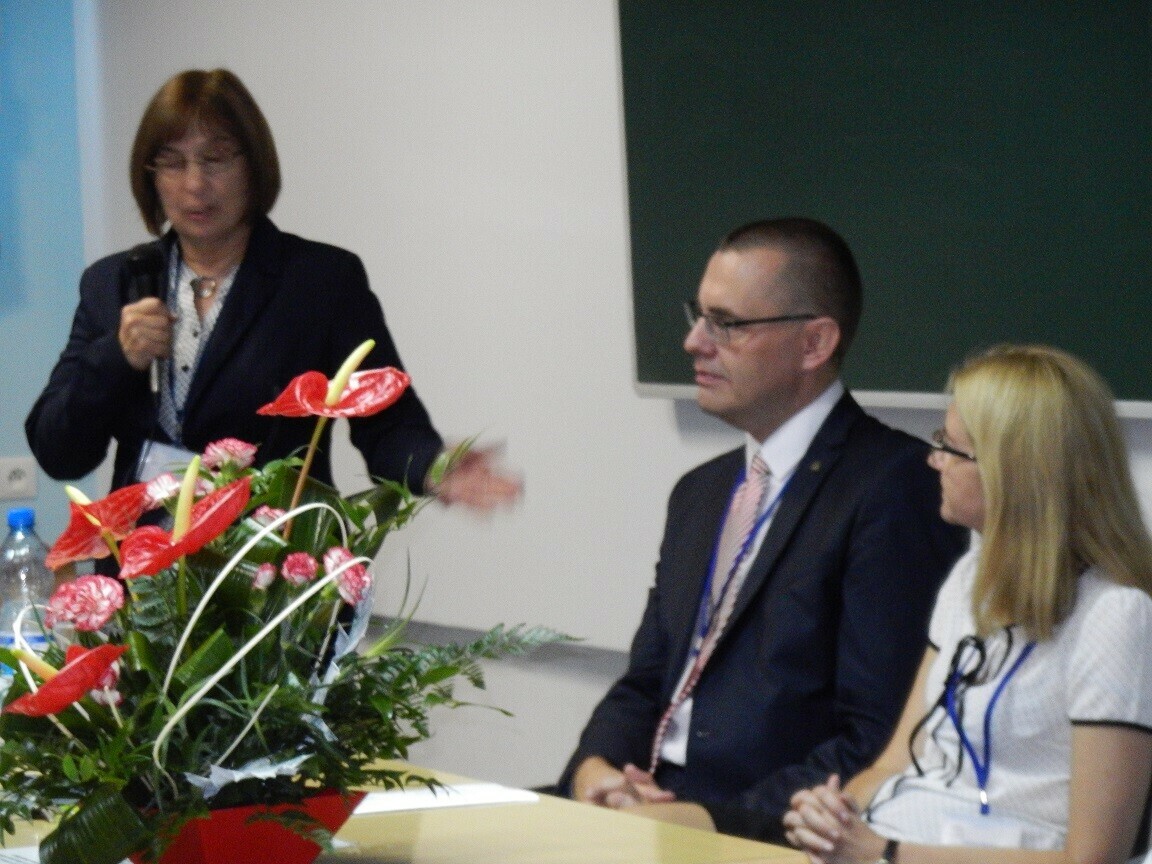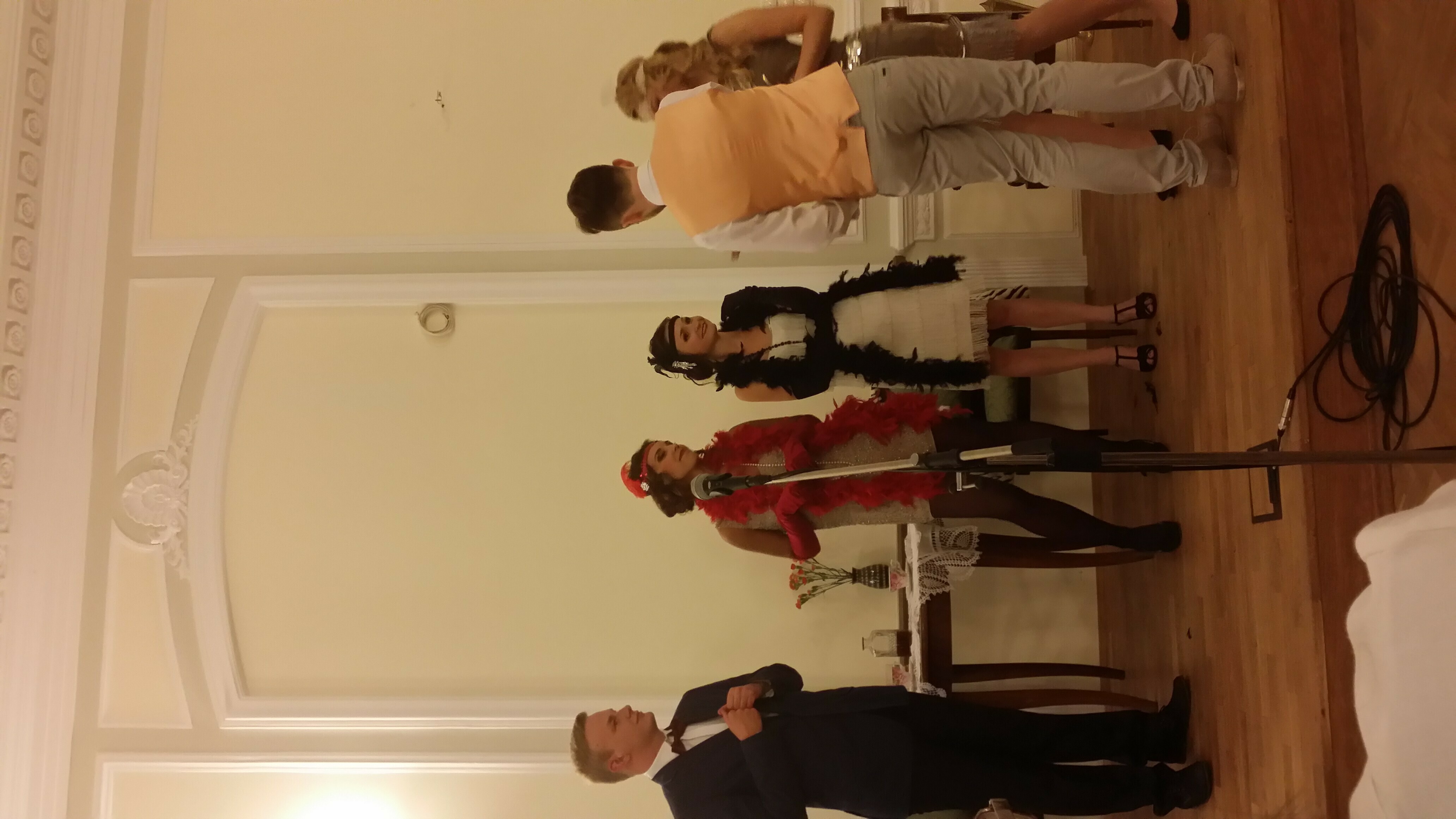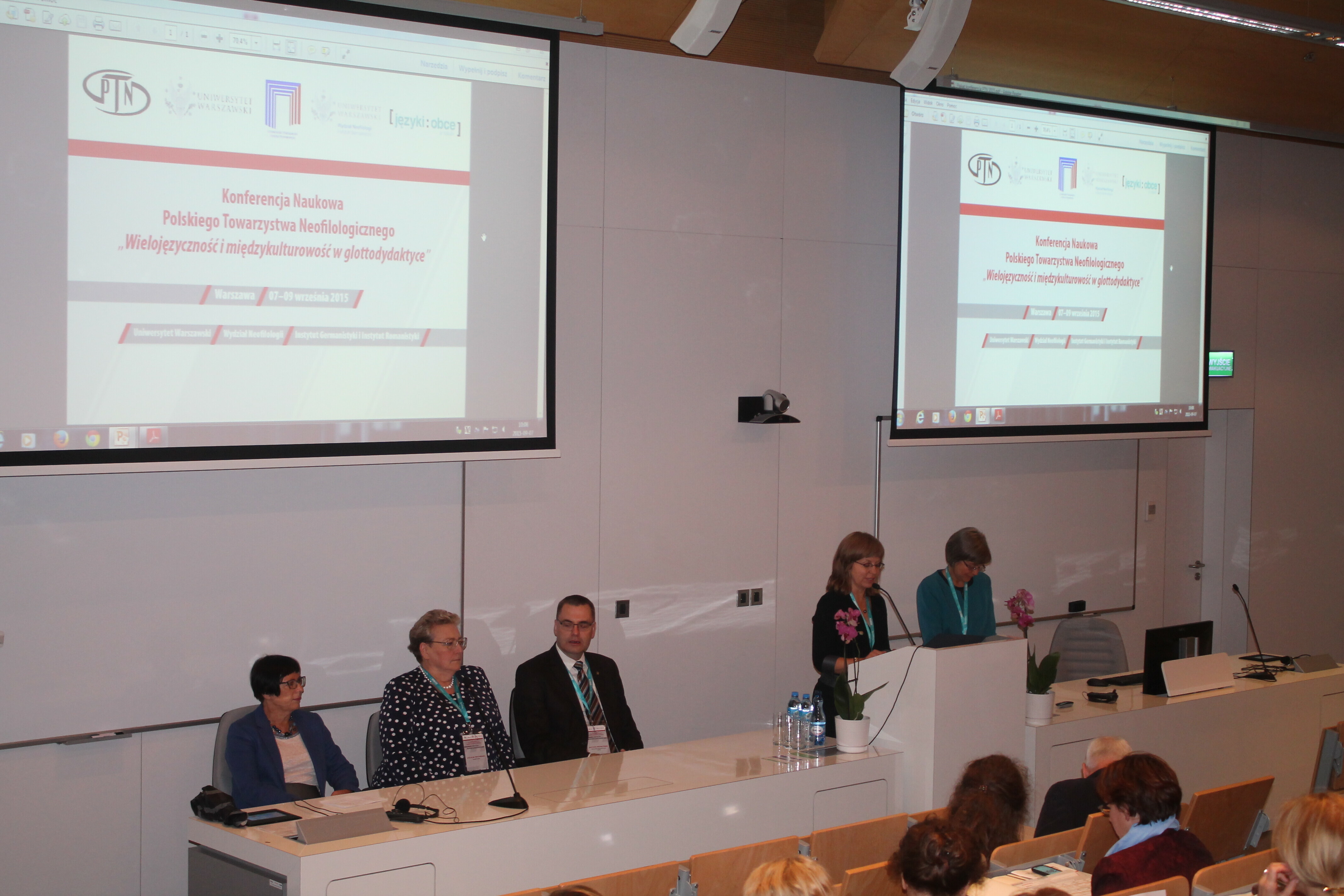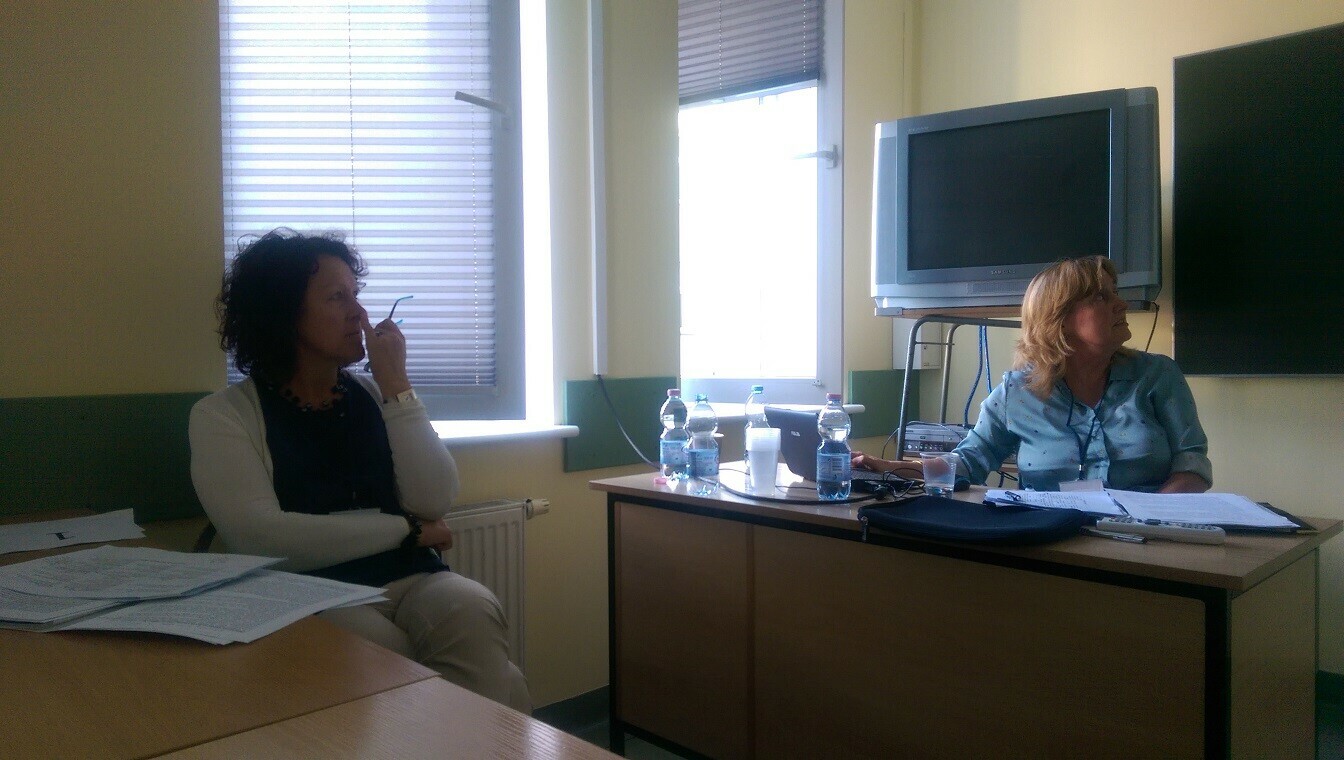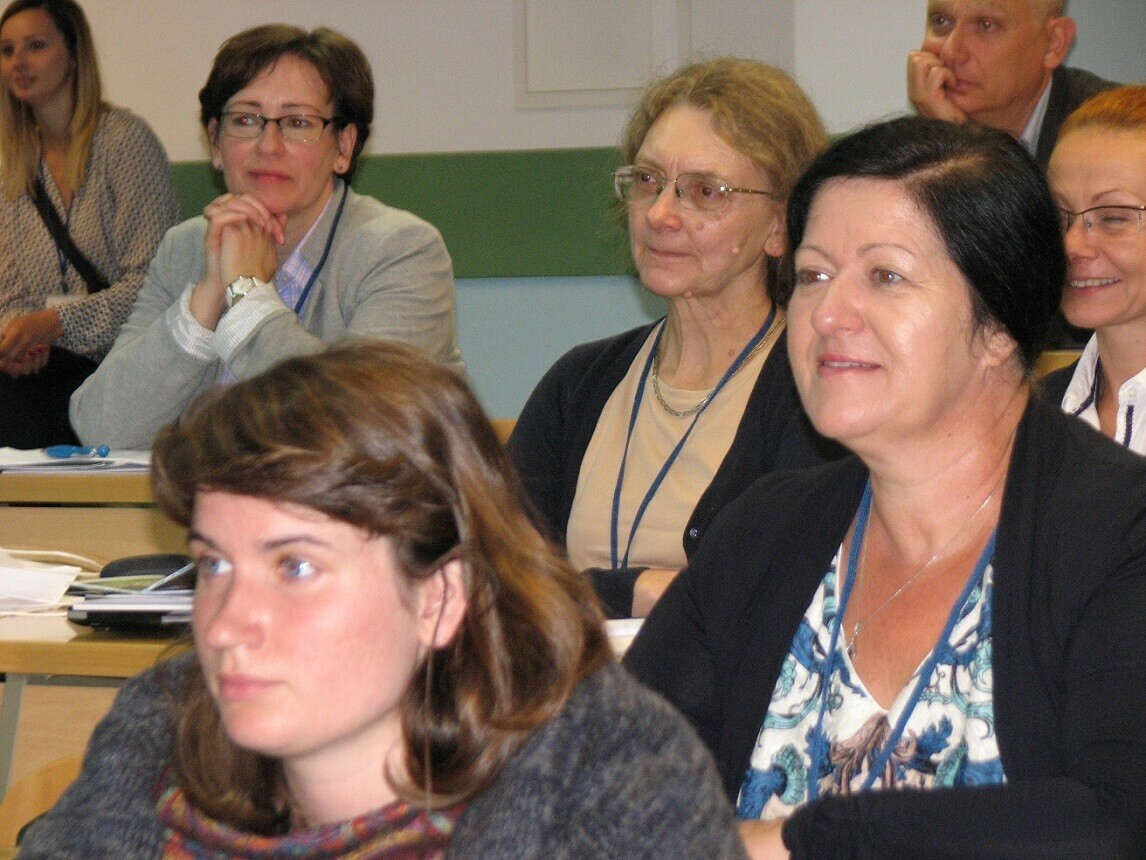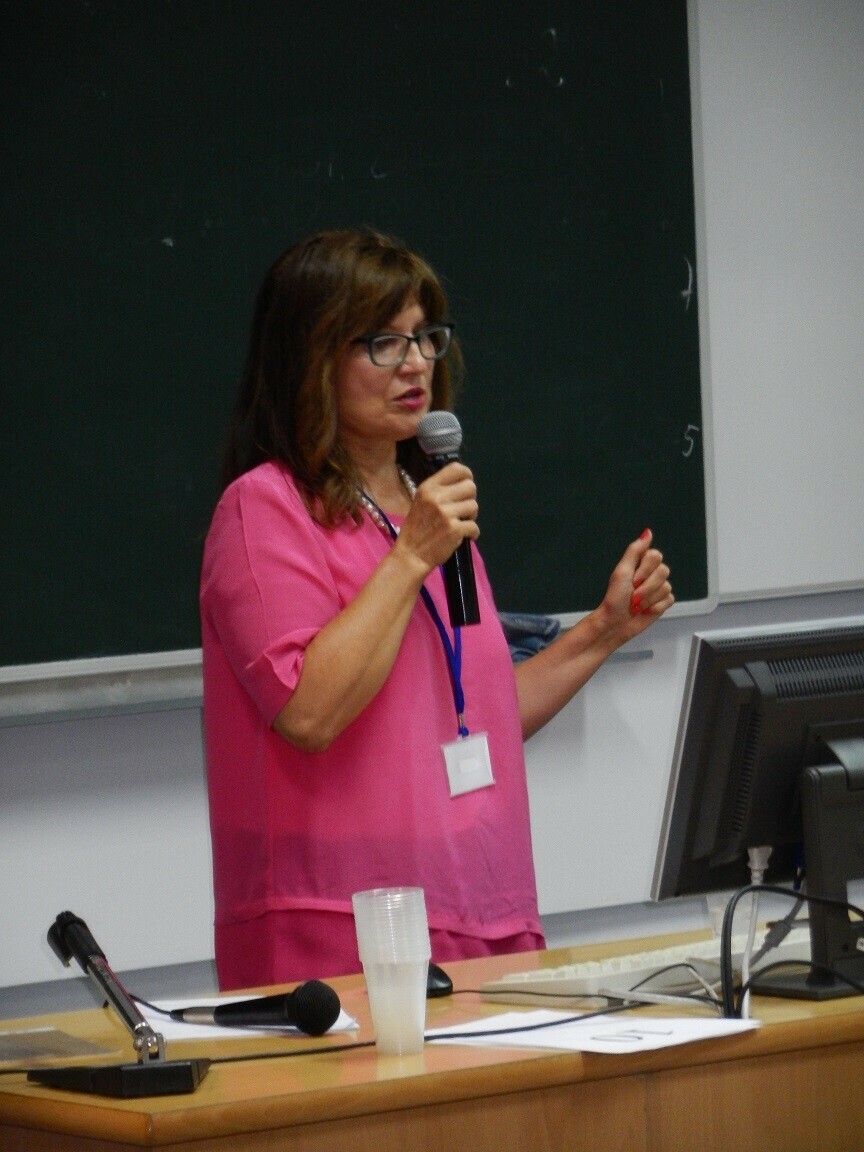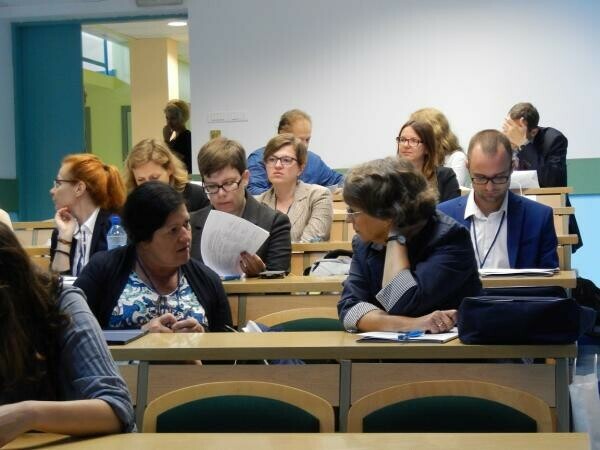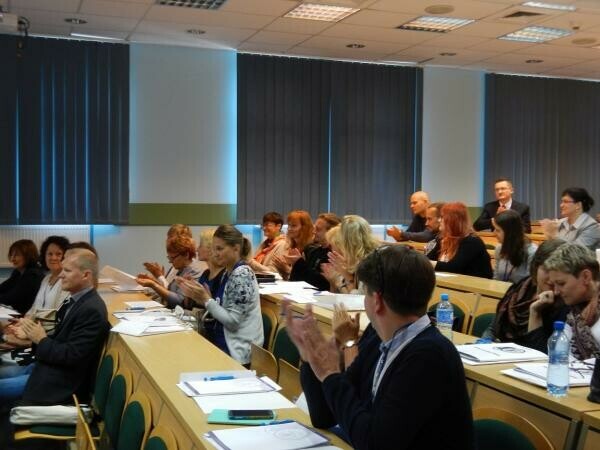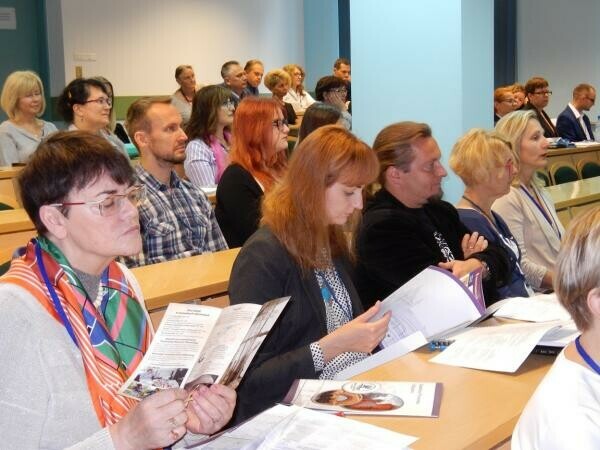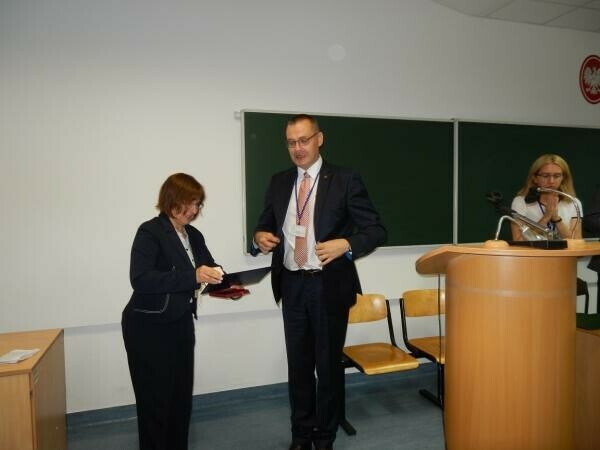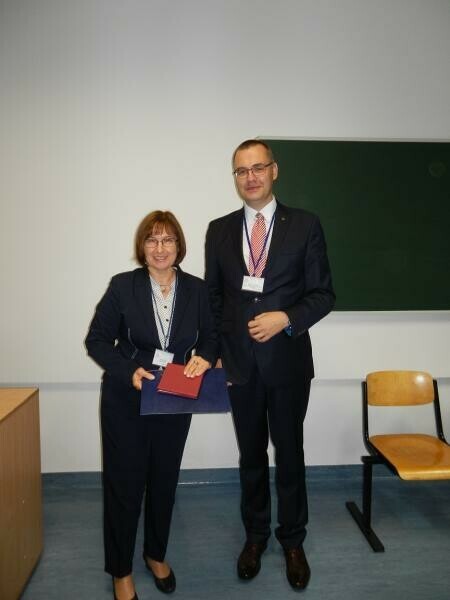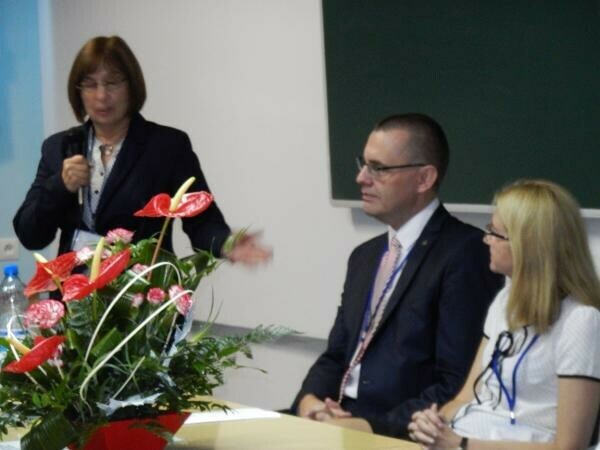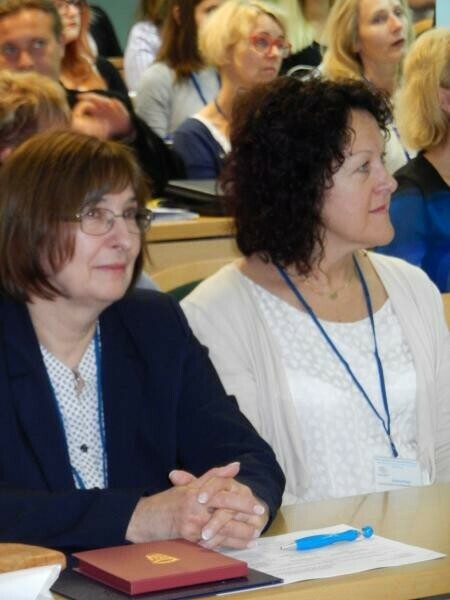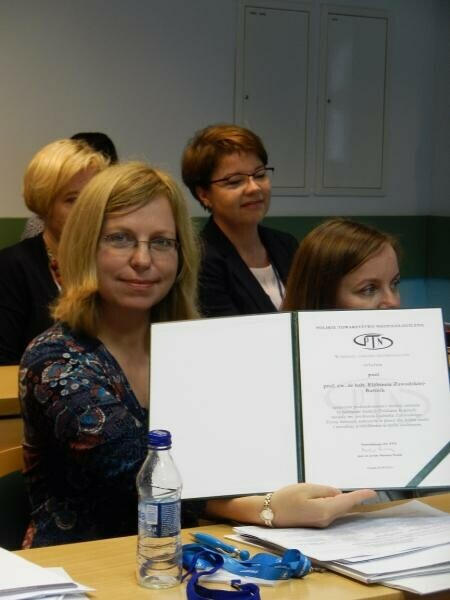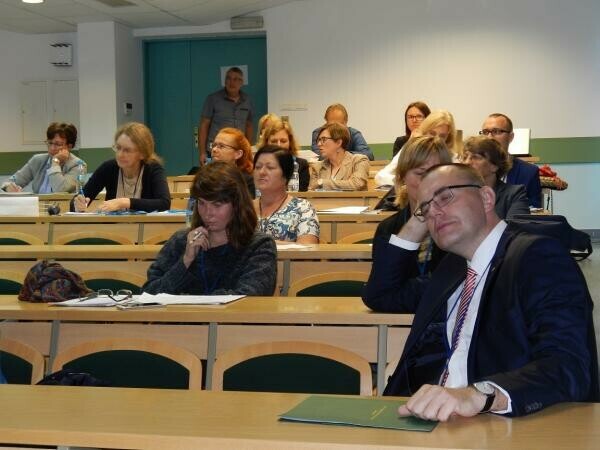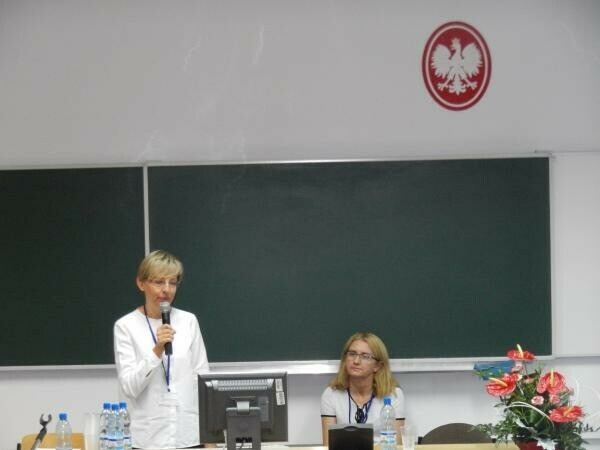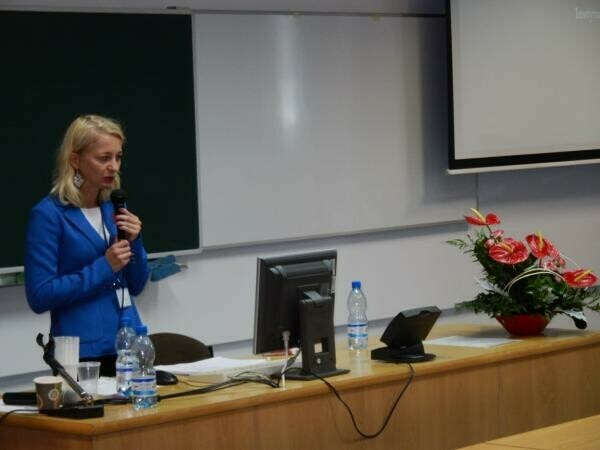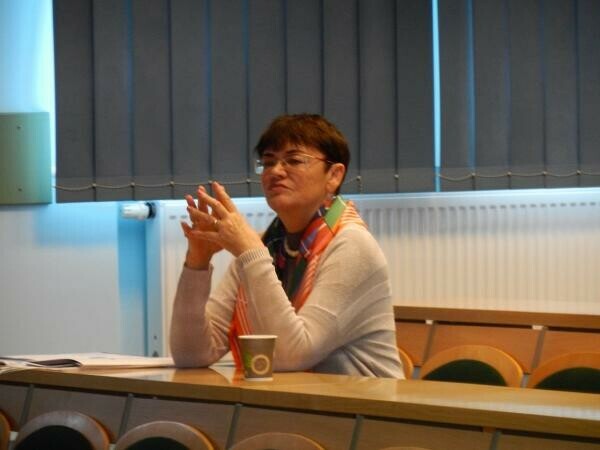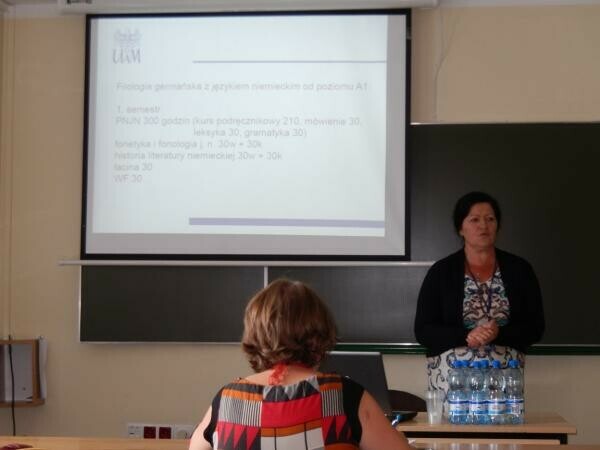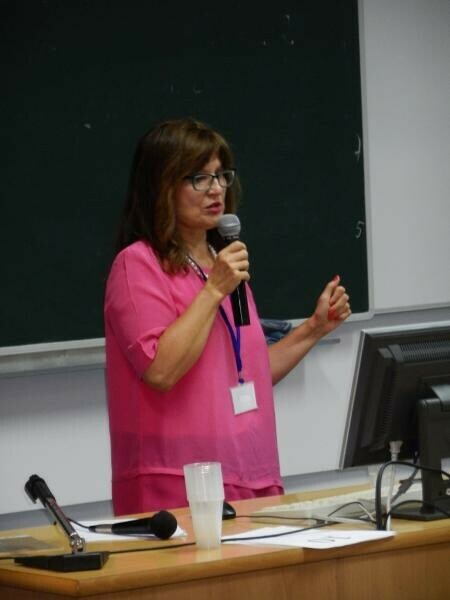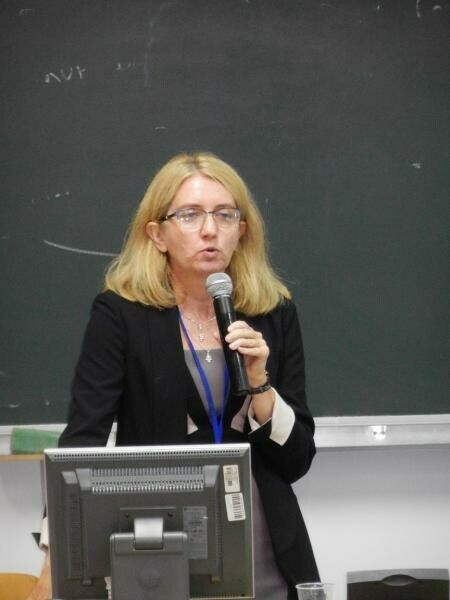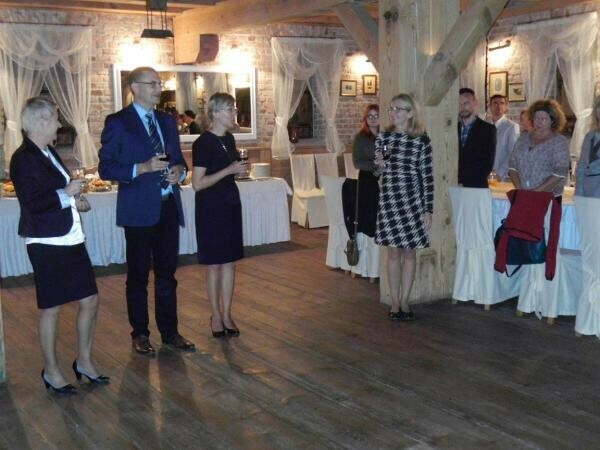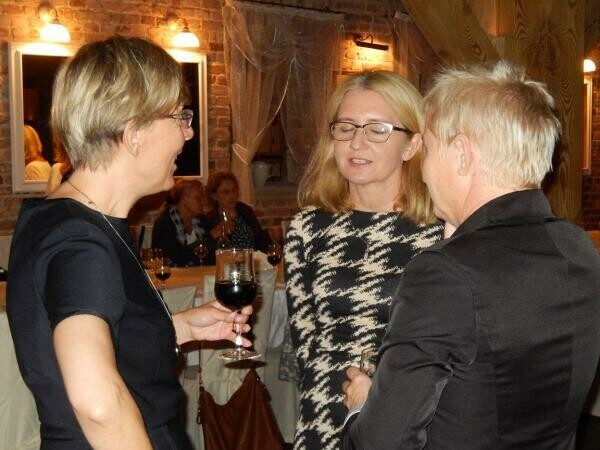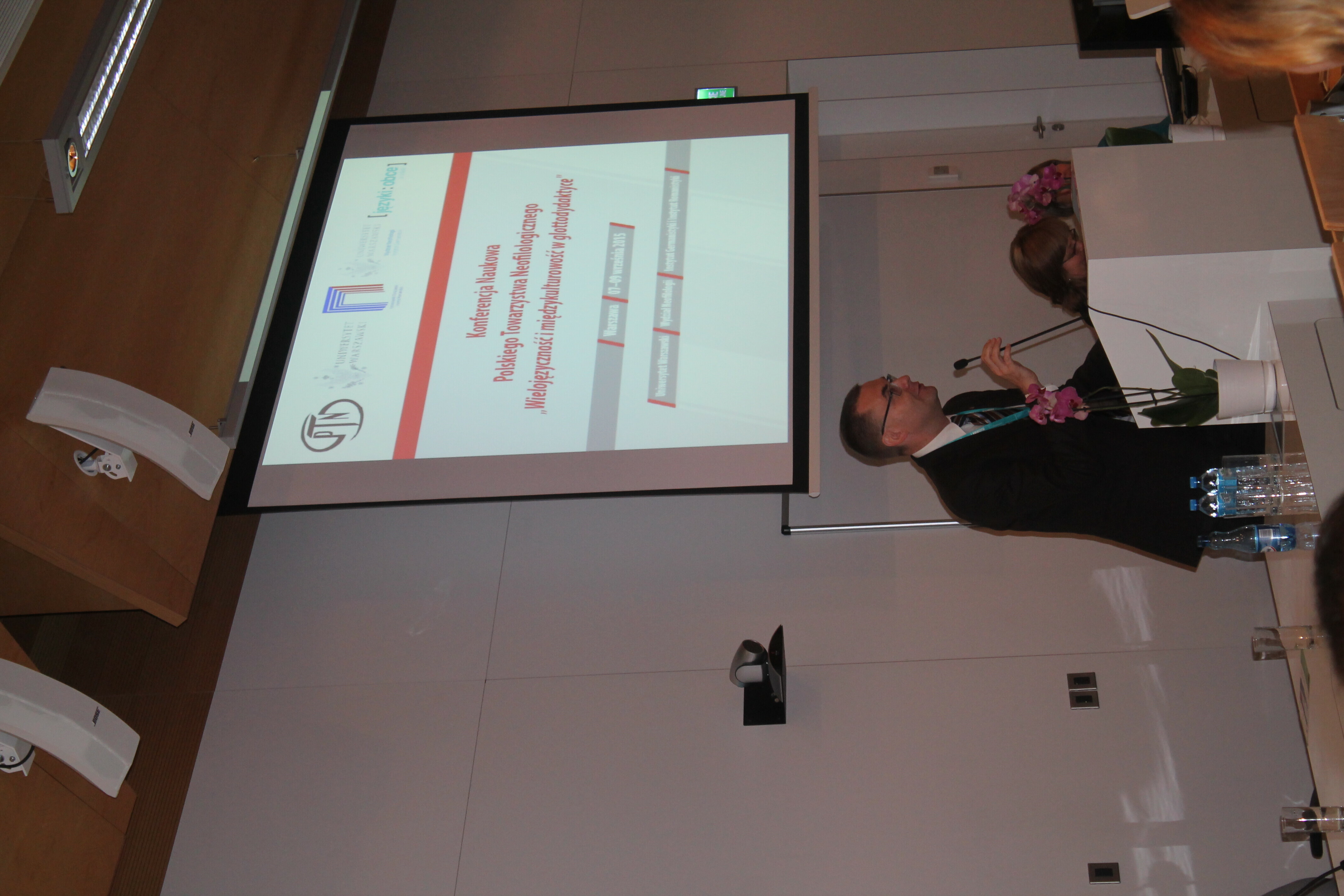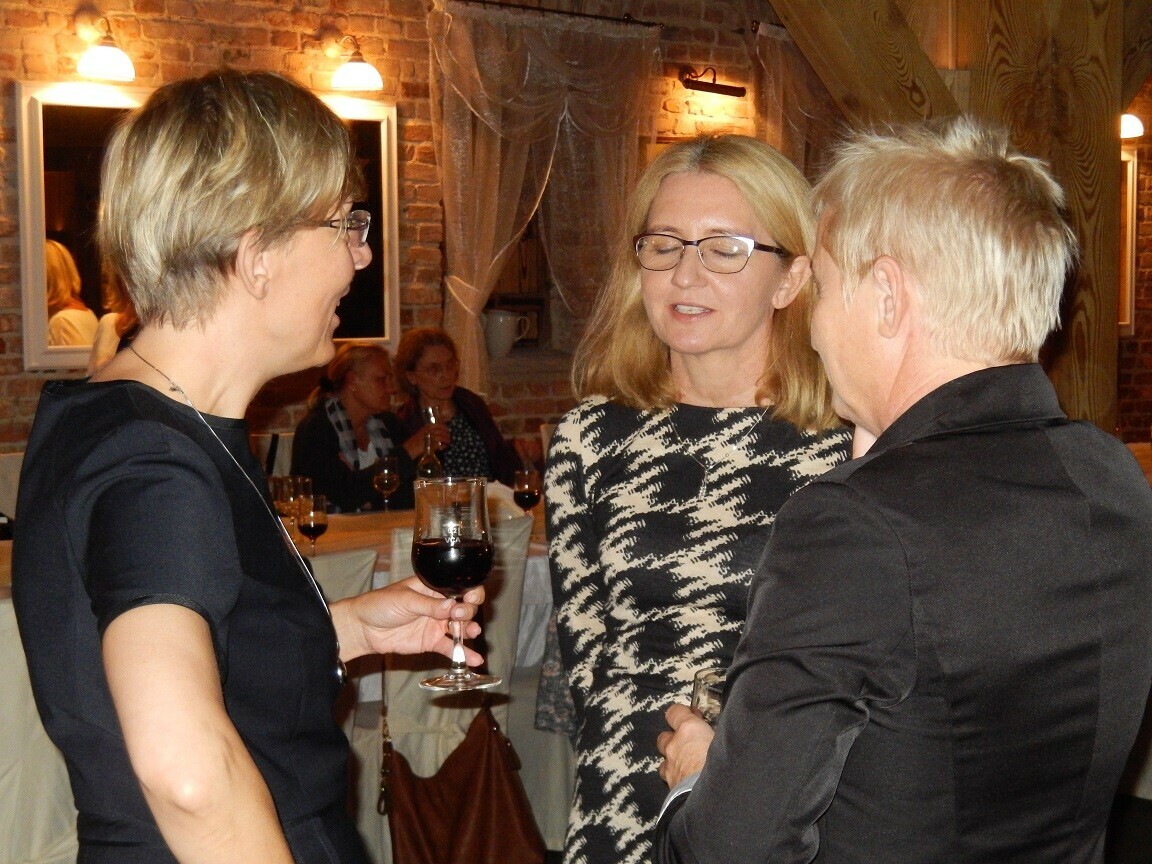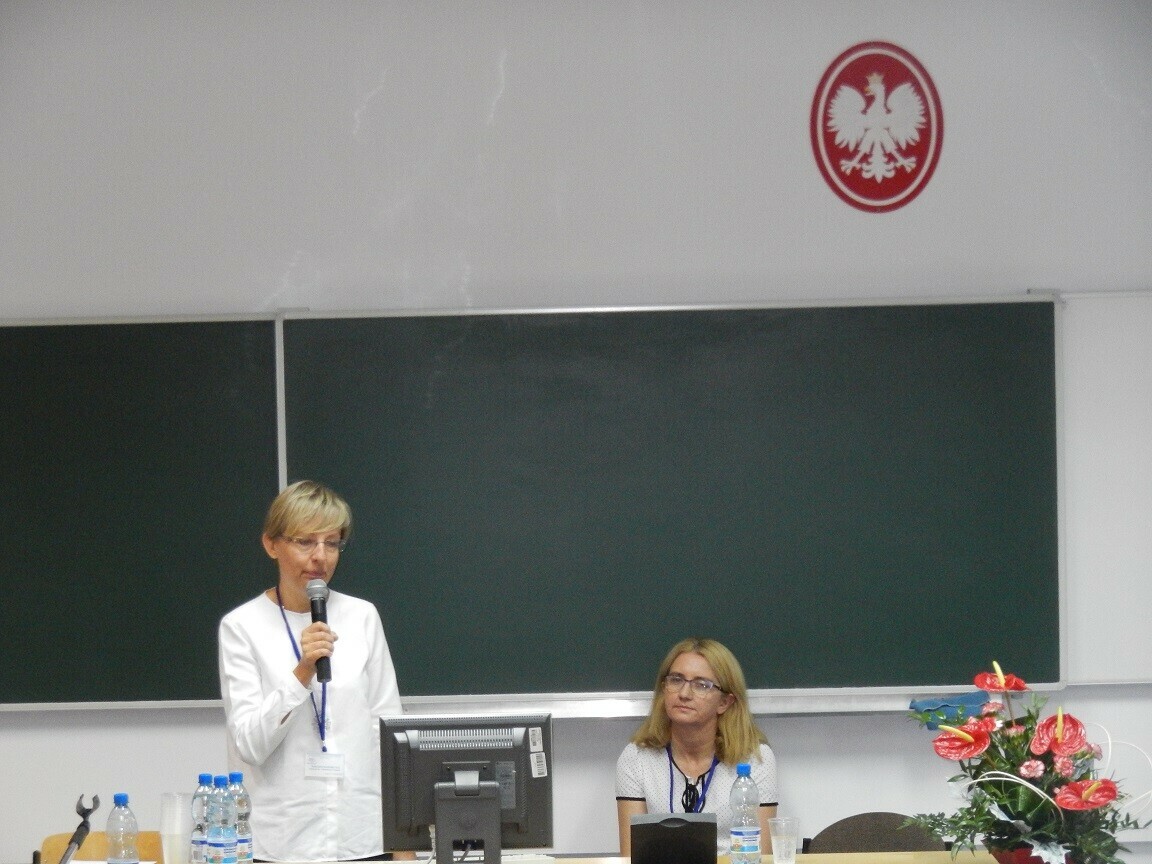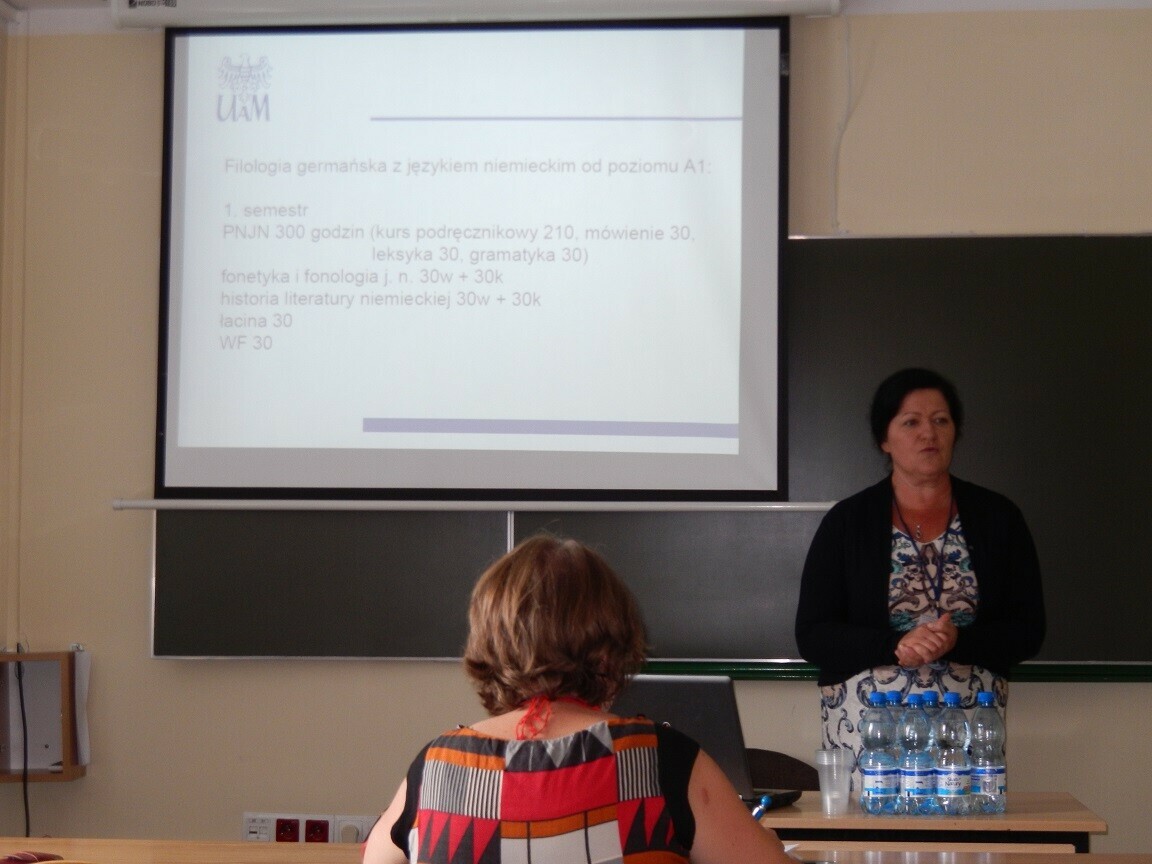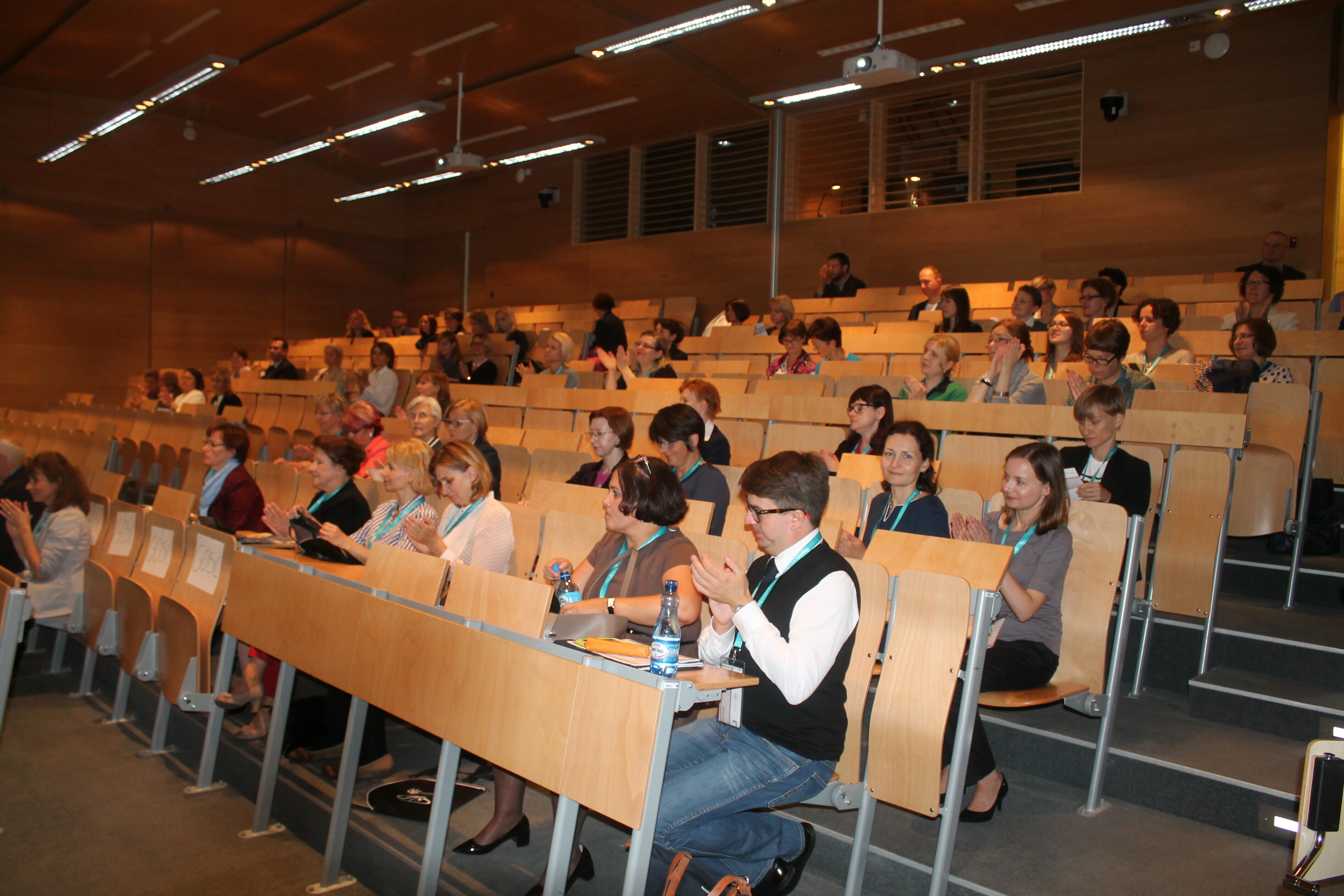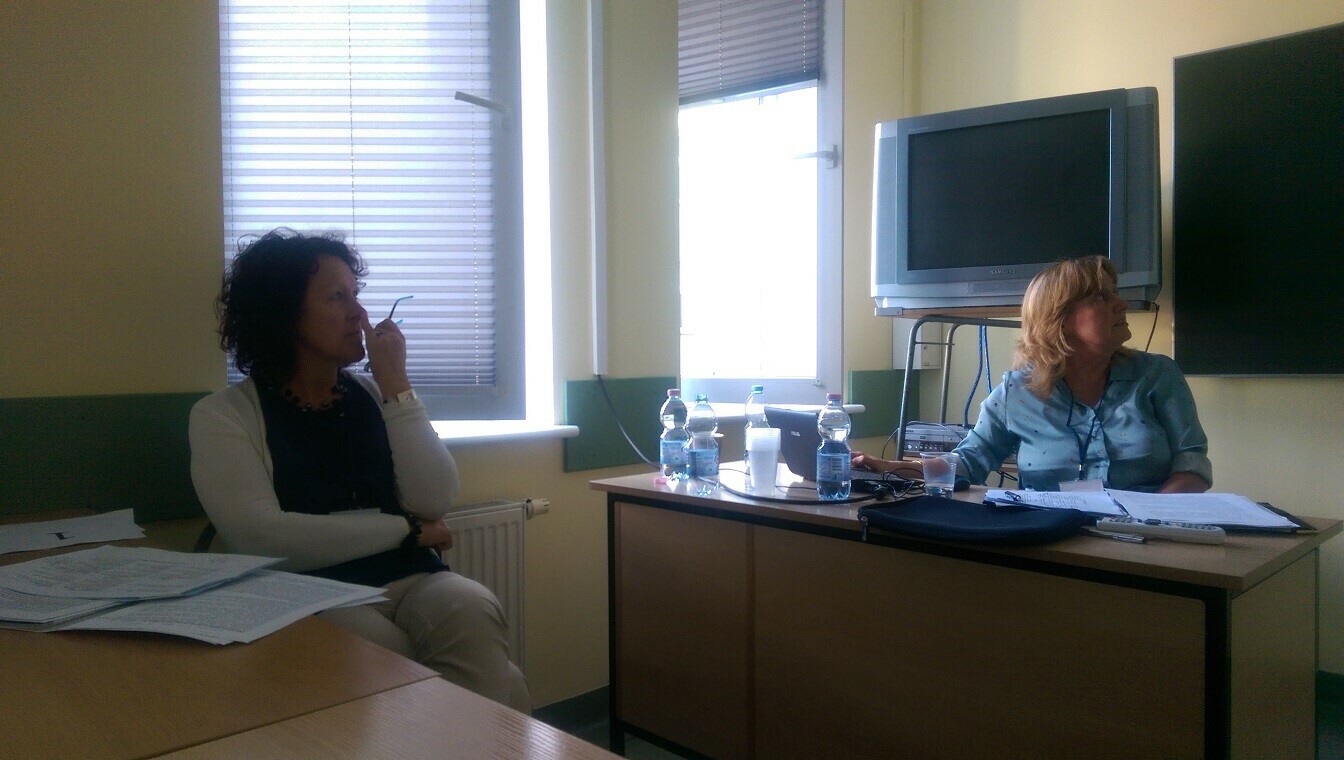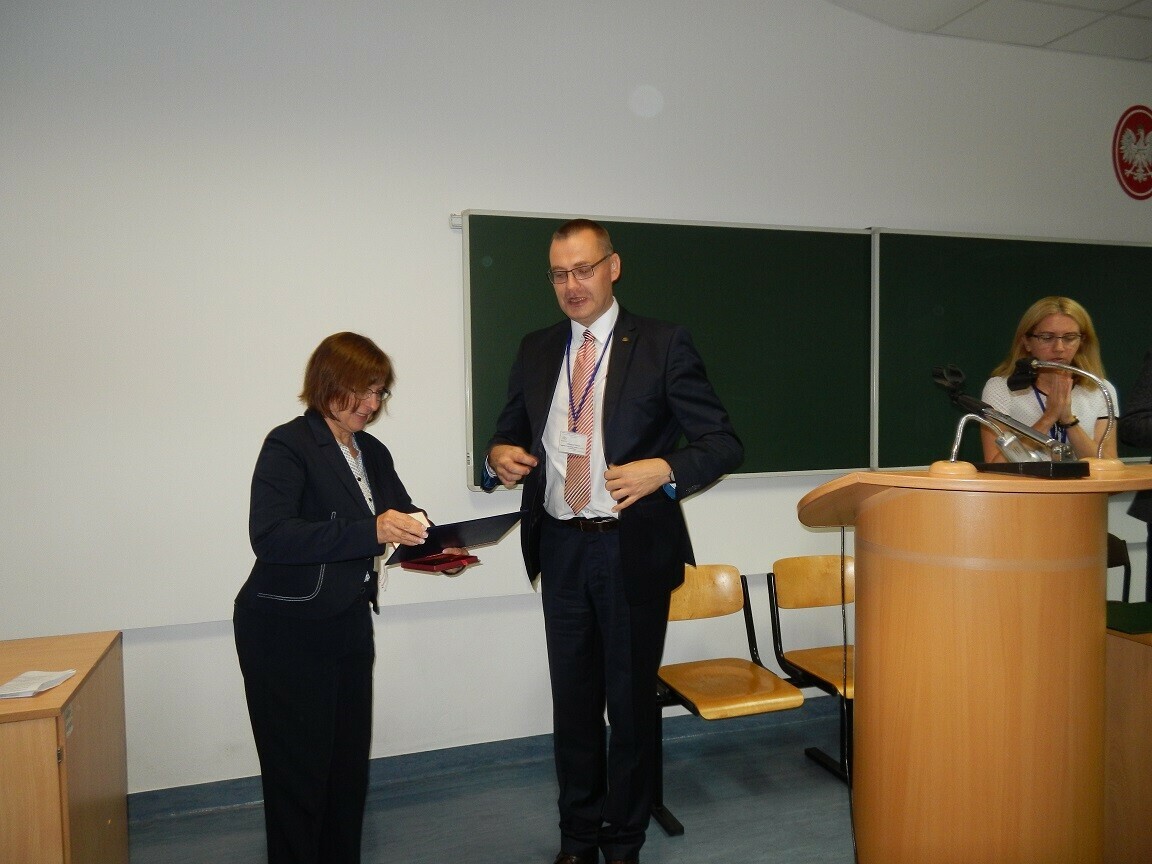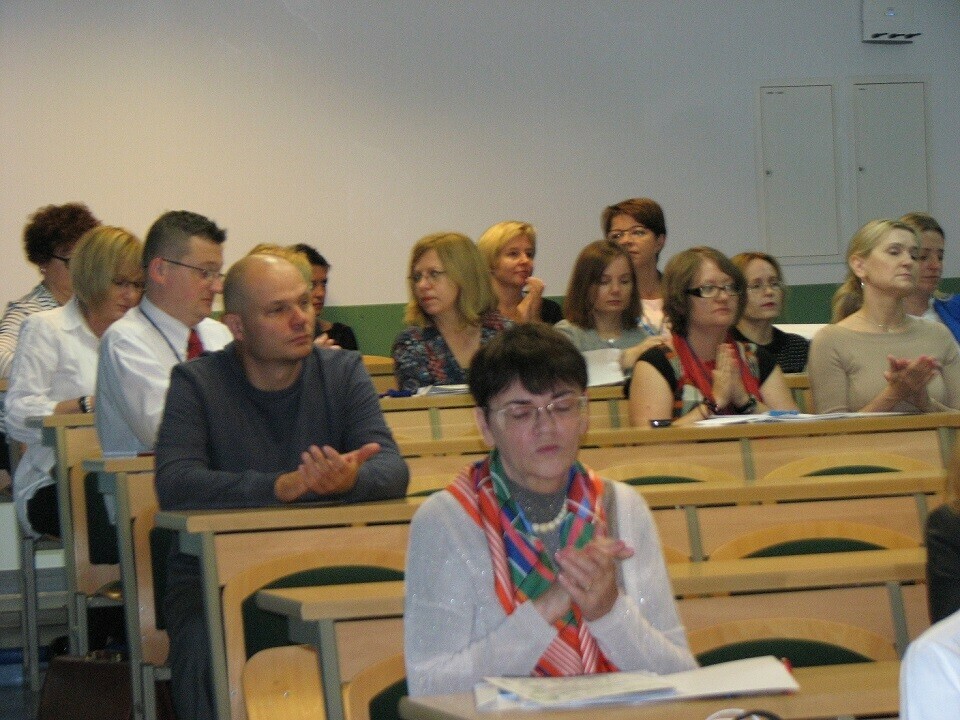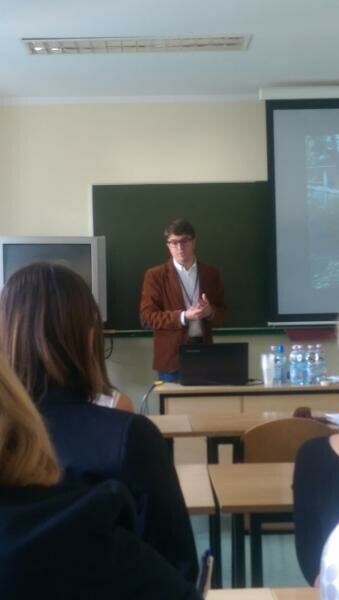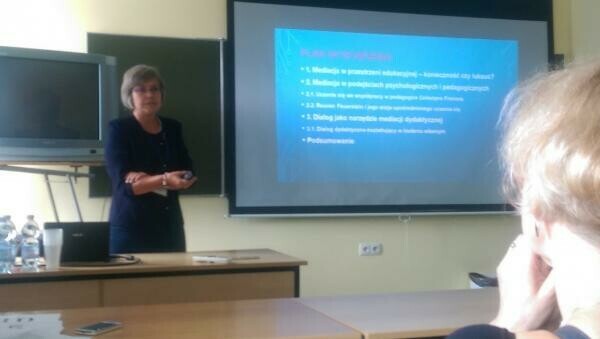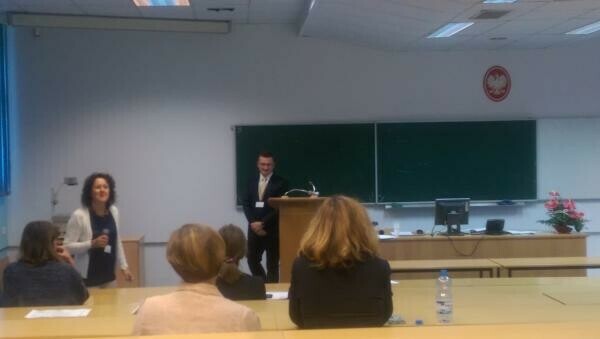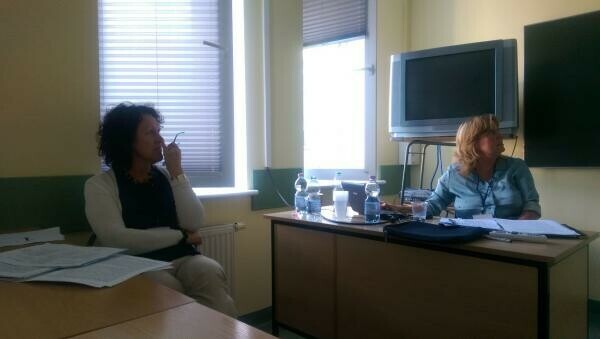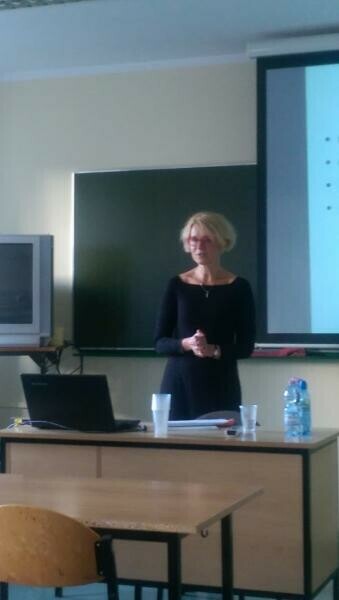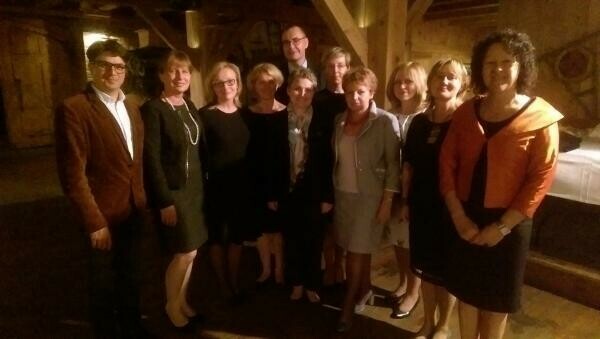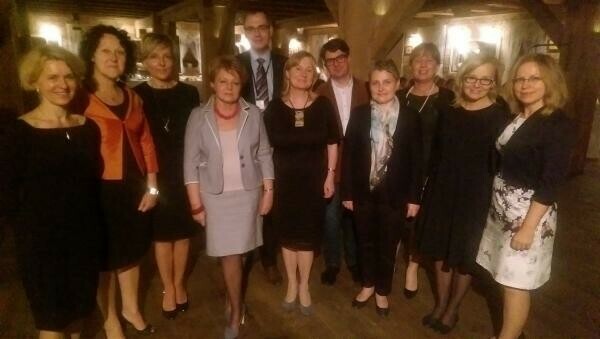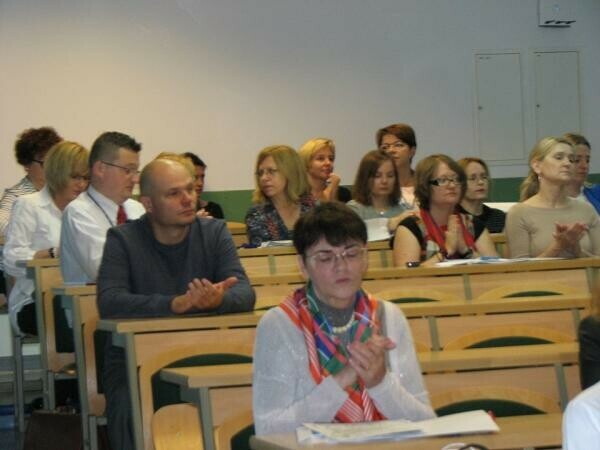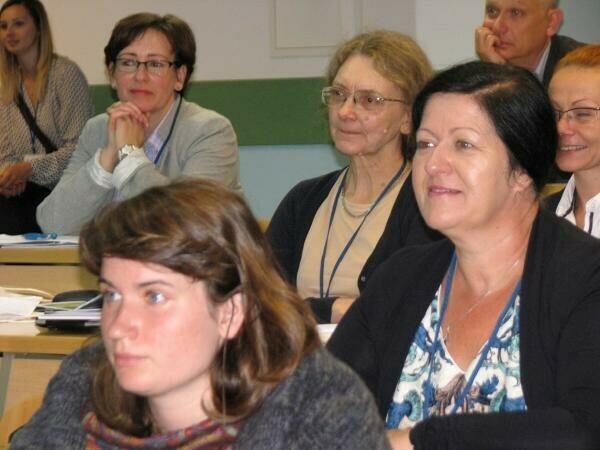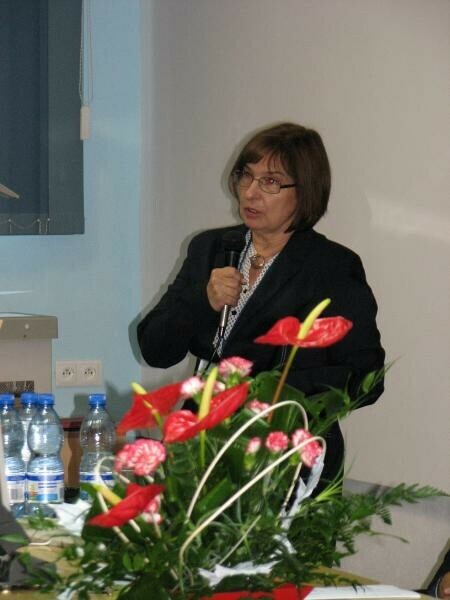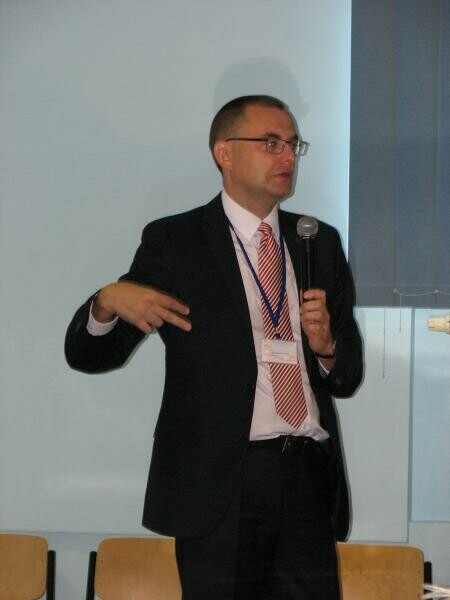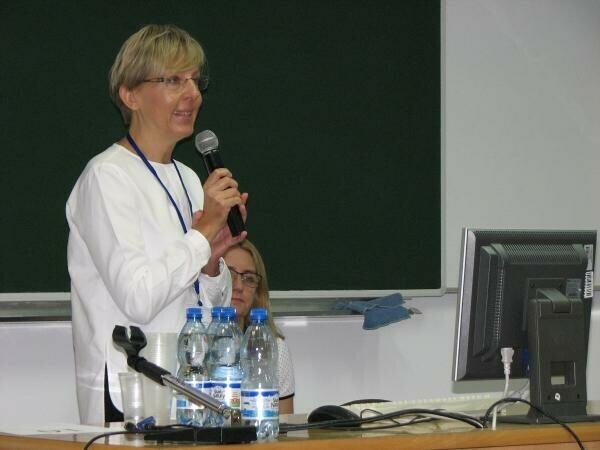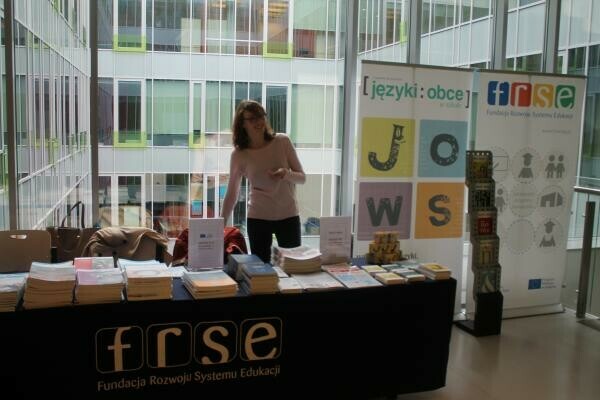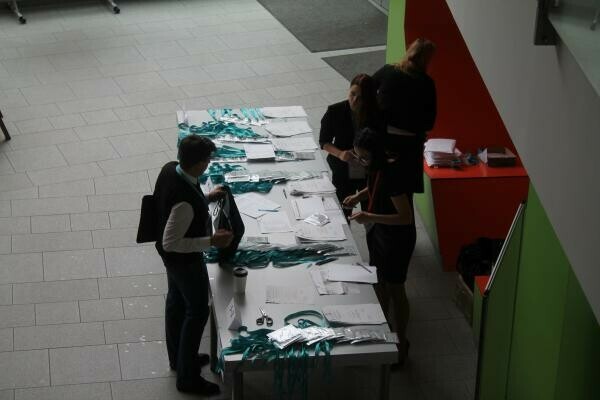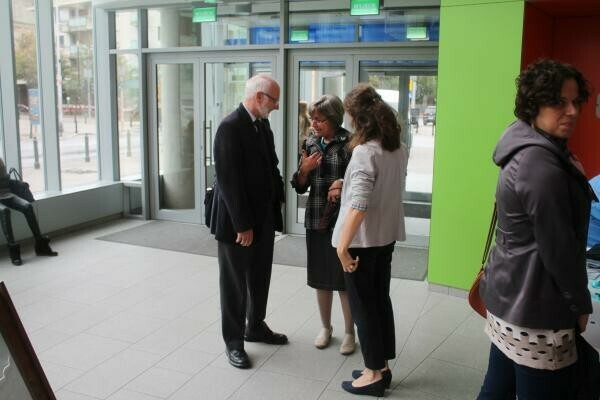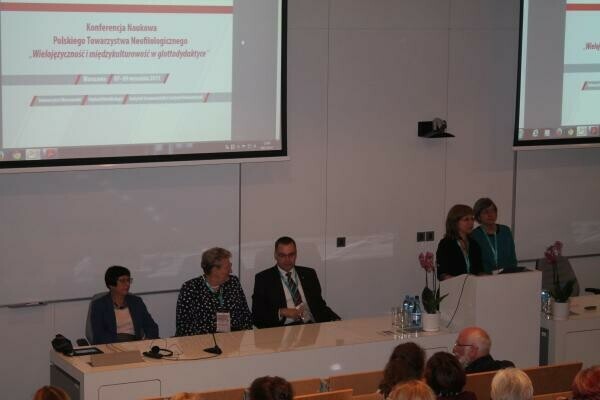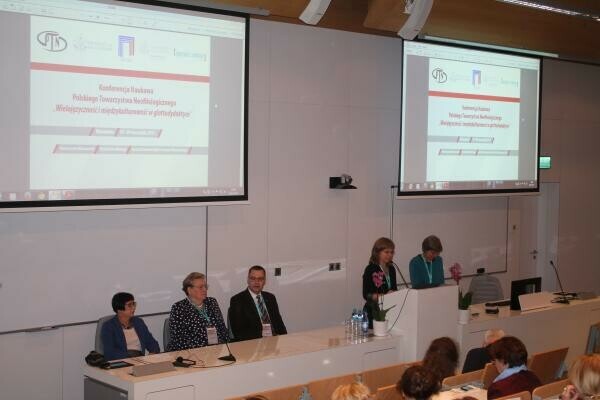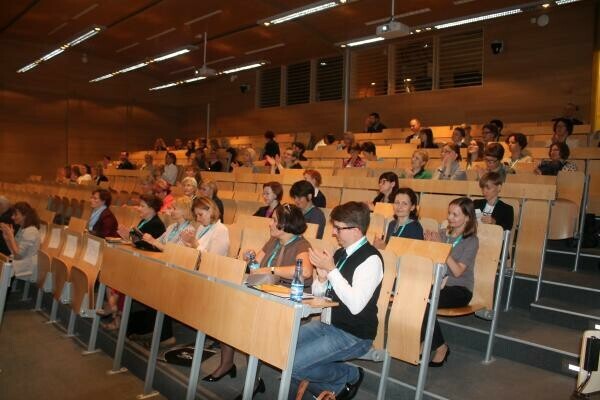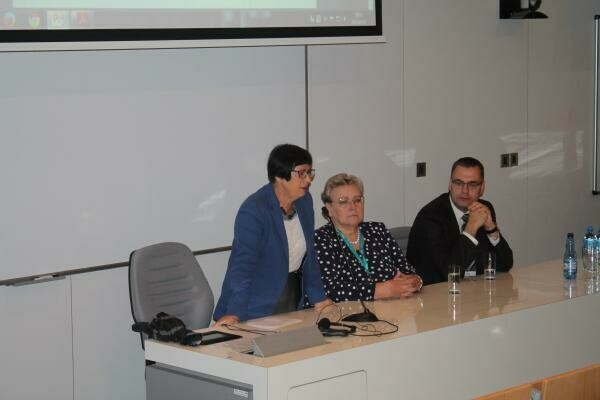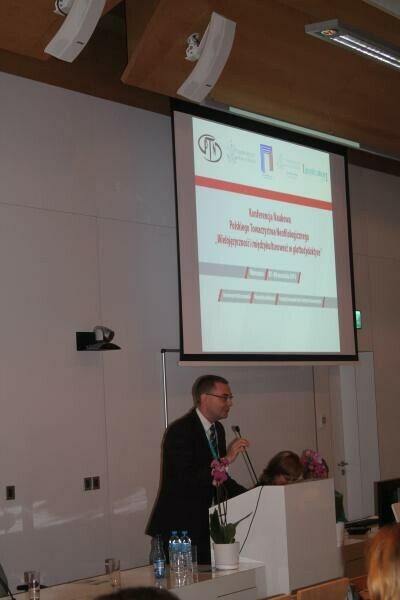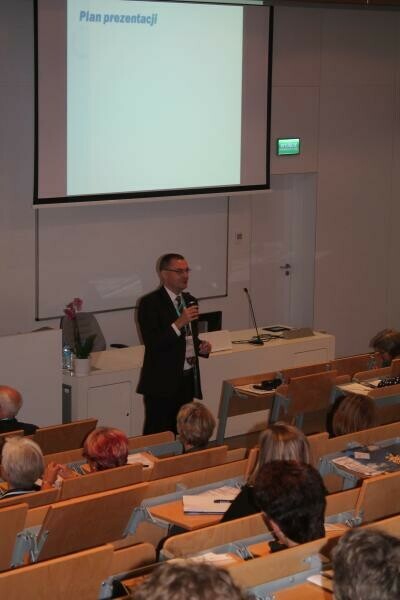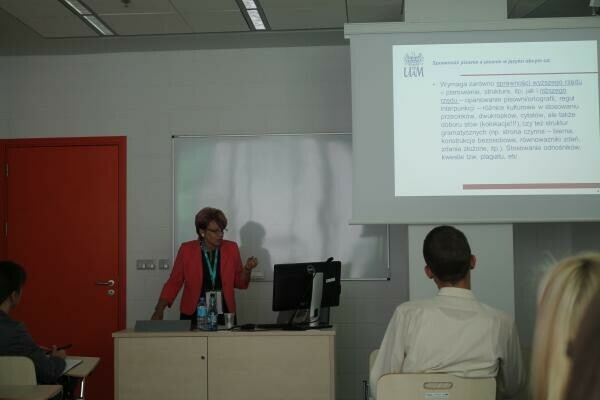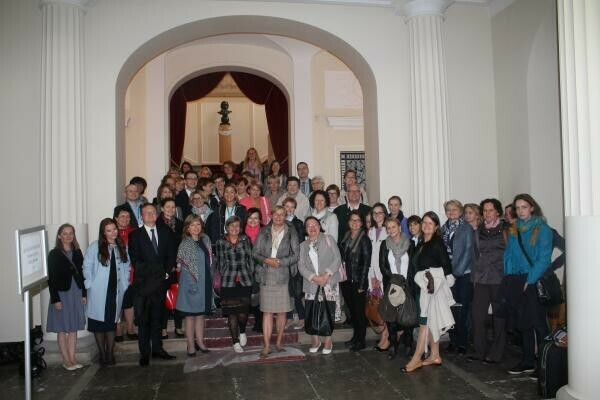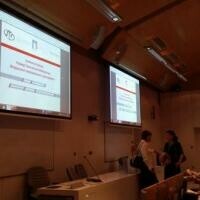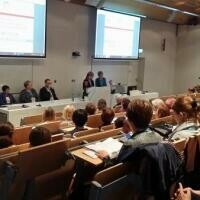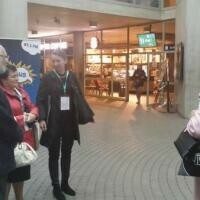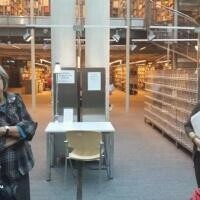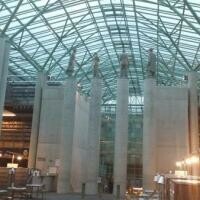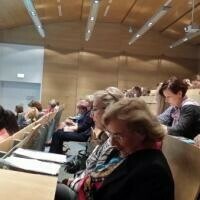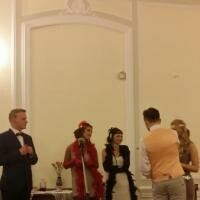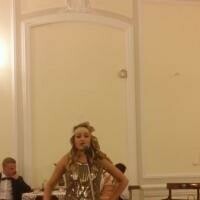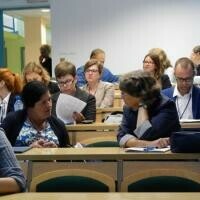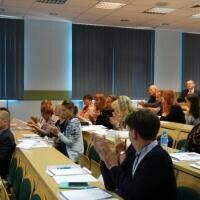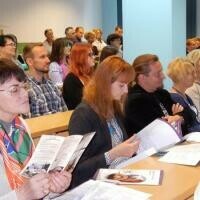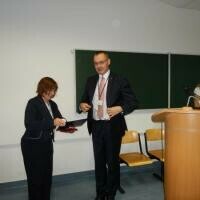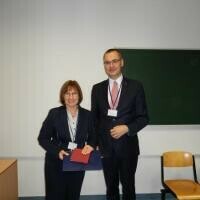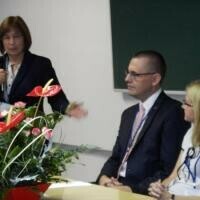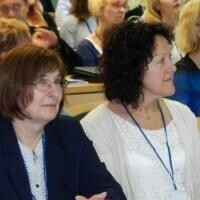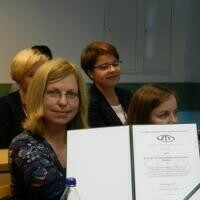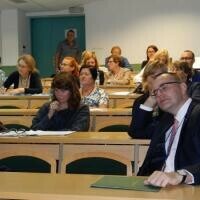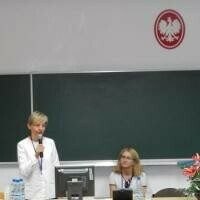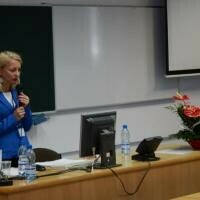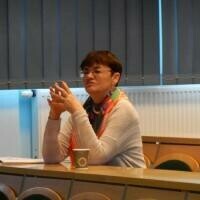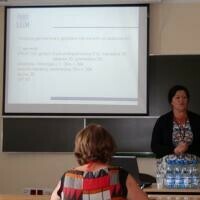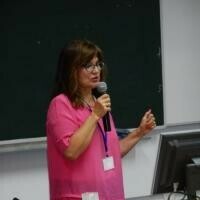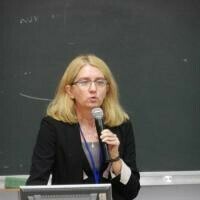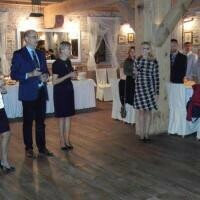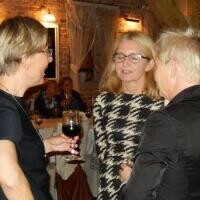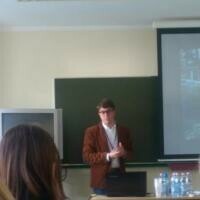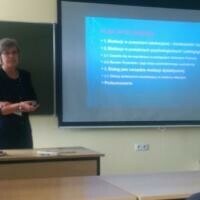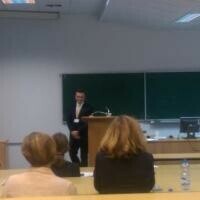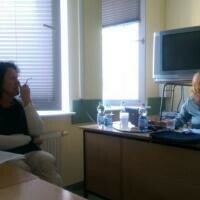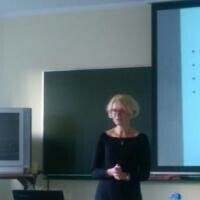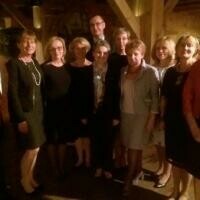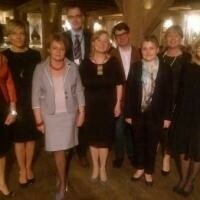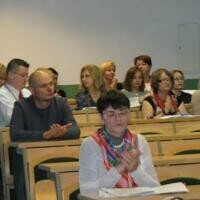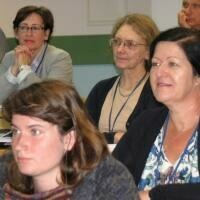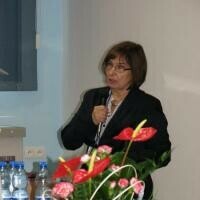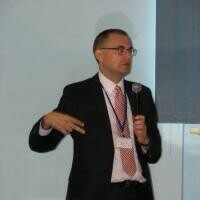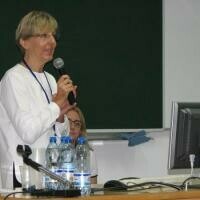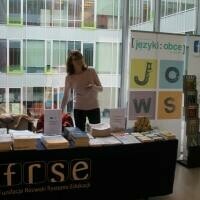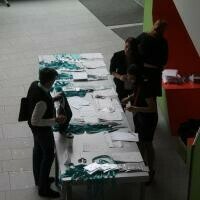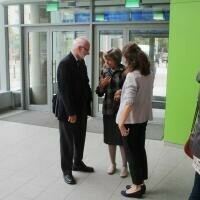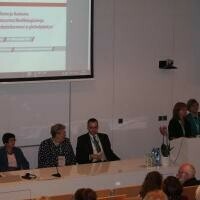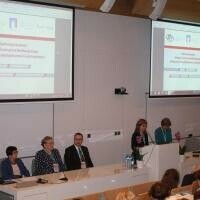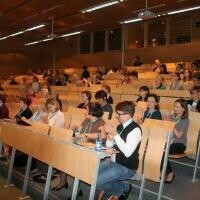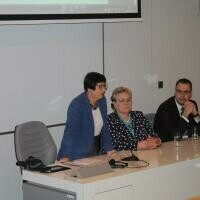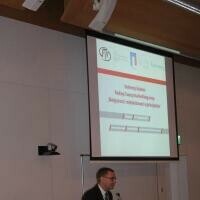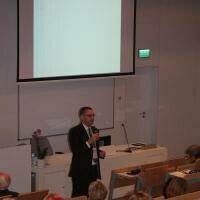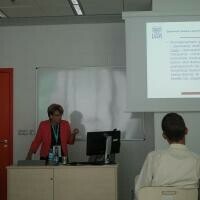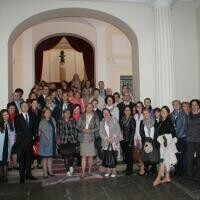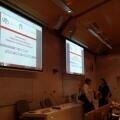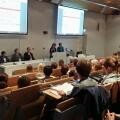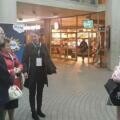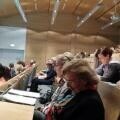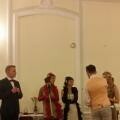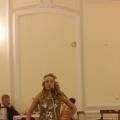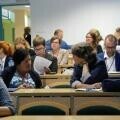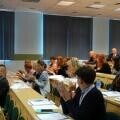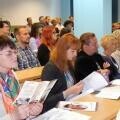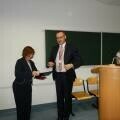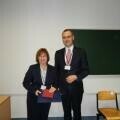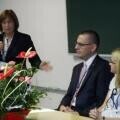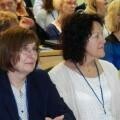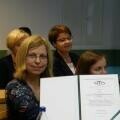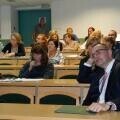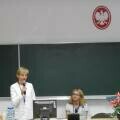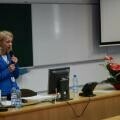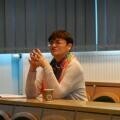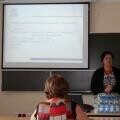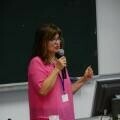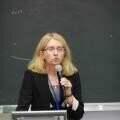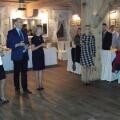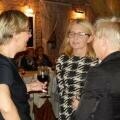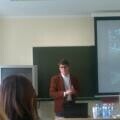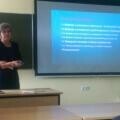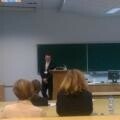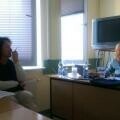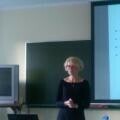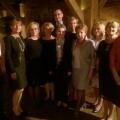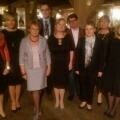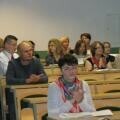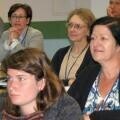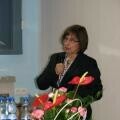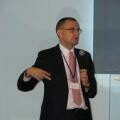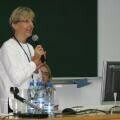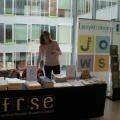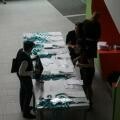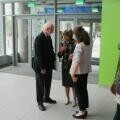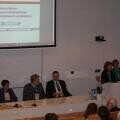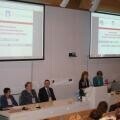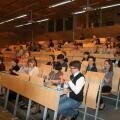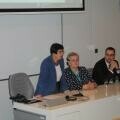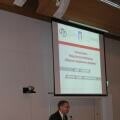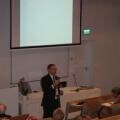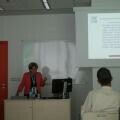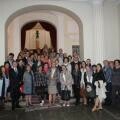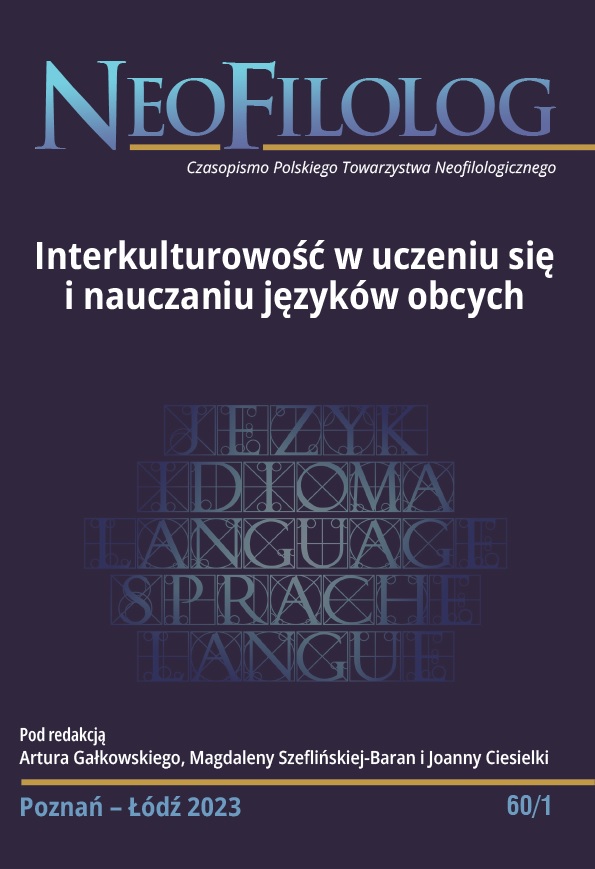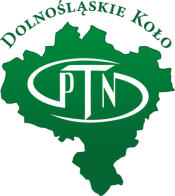Neofilolog nr 30 (2008)
Neofilolog nr 30 (2008)
OD REDAKCJI
W 30 numerze Neofilologa znajdą Państwo artykuły powstałe na podstawie referatów wygłoszonych na konferencji Polskiego Towarzystwa Neofilologicznego w Krakowie (wrzesień 2006). Są to teksty autorstwa Magdaleny Aleksandrzak, Aliny Doroty Jarząbek, Moniki Horyśniak, Moniki Sułkowskiej, Joanny Targońskiej oraz Magdaleny Pieklarz. Artykuły Alicji Sakaguchi, Doroty Werblińskiej i Elżbiety Pawlikowskiej-Asendrych, to ostatnie już referaty z konferencji „Komunikacja językowa w społeczeństwie informacyjnym - nowe wyzwania dla dydaktyki języków obcych" - Lublin 2005.
Tematyka przedstawionych tu tekstów jest bardzo różnorodna, a dotyczy głównie: zagadnień poprawności językowej i sposobów oceniania, nauczania słownictwa, kształcenia nauczycieli oraz problemów tłumaczenia. W numerze znajdą też Państwo dwa sprawozdania: z konferencji PTN „Dydaktyka języków obcych początku XXI wieku" oraz ze Światowego Kongresu FIPLV w Szwecji.
Miło nam także donieść, że został opublikowany pierwszy tom pokłosia z konferencji w Krakowie z 2006 roku „Dydaktyka języków obcych początku XXI wieku" pod redakcją Marii Jodłowiec i Anny Niżegorodcew. Książka ukazała się nakładem Wydawnictwa Uniwersytetu Jagiellońskiego, Kraków 2007.
Zapraszamy do odwiedzania naszej strony internetowej pod nowym adresem http://www.poltowneo.org , gdzie znajdują się wszelkie informacje o naszych wydawnictwach.
Katarzyna Karpińska-Szaj
|
SPIS TREŚCI |
||
|
|
||
|
OD REDAKCJI |
5 | |
|
|
||
|
ARTYKUŁY |
||
|
|
||
|
Zur kommunikativen Leistung der FVG im Deutschen. Eine Analyse aus fremdsprachendidaktischer Sicht - Elżbieta Pawlikowska-Asendrych |
6 | |
|
Błąd językowy w aspekcie dydaktycznym - Agnieszka Pawłowska |
16 | |
|
Kilka uwag dotyczących trzyjęzycznego rozwoju (polski-esperanto-niemiecki) moich dzieci - Alicja Sakaguchi |
25 | |
|
Cele i formy ewaluacji mówienia na poziomie zaawansowanym - Magdalena Aleksandrzak |
34 | |
|
O nastawieniu nauczycieli do samooceny uczących się - Alina Dorota Jarząbek |
43 | |
|
Sposoby wykorzystania obrazu w nauczaniu słownictwa w języku obcym - Monika Horyśniak |
55 | |
|
Nauczanie i przyswajanie frazeologizmów w języku obcym - Monika Sułkowska |
64 | |
| Miejsce tłumaczenia na lekcji języka niemieckiego na początku XXI wieku - Joanna Targońska | 69 | |
| Uczeń w świetle specyfiki interkulturowo nachylonego kształcenia neofilologicznego - Magdalena Pieklarz | 78 | |
|
Wypalenie zawodowe nauczycieli języków obcych. Teoria, zapobieganie, perspektywy badawcze - Dorota Werbińska |
85 | |
|
|
||
| SPRAWOZDANIA | ||
|
|
||
|
Konferencja PTN - Kraków 2006 „Dydaktyka języków obcych na początku XXI wieku" - Maria Jodłowiec |
91 | |
|
Światowy Kongres FIPLV w Szwecji - Halina Widła |
93 |
Elżbieta Pawlikowska-Asendrych, Akademia im. Jana Długosza, Częstochowa
ZUR KOMMUNIKATIVEN LEISTUNG DER FVG IM DEUTSCHEN.EINE ANALYSE AUS FREMDSPRACHENDIDAKTISCHER SICHT
On the communicative potential of support verb combinations in German. An analysis from a viewpoint of foreign language teaching
The article deals with a communicative potential of the support verb combinations in German. The analysis is carried out within the framework of the meaning of selected support verb combinations. They are researched in terms of their equivalents in form of verbs as predicates in the formal and everyday speech. It is shown that support verb combinations are multifunctional linguistic means and can play a great role in the communication. They should be taught with the use of relevant texts and dialogs, adapted for didactic purposes.
* * *
Agnieszka Pawłowska, Instytut Filologii Germańskiej, UAM Poznań
BŁĄD JĘZYKOWY W ASPEKCIE DYDAKTYCZNYM
Language error in the didactic aspect
The article presents the language error and its role in the didactic process with the emphasis on its appropriate usage that may support the aforementioned process and contribute to the development of students' autonomy. Therefore, the author tries to answer two crucial questions: Why is it useful to deal with the language error? and How should one deal with it? The article is based not only on the theoretical considerations about the language error but also contains conclusions drawn from the action research.
* * *
Alicja Sakaguchi, Instytut Lingwistyki Stosowanej, Uniwersytet im. Adama Mickiewicza
KILKA UWAG DOTYCZĄCYCH TRZYJĘZYCZNEGO ROZWOJU (POLSKI-ESPERANTO-NIEMIECKI) MOICH DZIECI
A few remarks concerning trilingual (Polish-Esperanto-German) development of my children
The article contains a few remarks concerning trilingual development of my two children. Research on children's linguistic development and bilingualism have been known mainly in historically-natural languages studies. Constructed international languages like Esperanto have been hardly considered so far in the research on language acquisition. Including Esperanto in the considerations gives interesting results and recognitions.
* * *
Magdalena Aleksandrzak, Instytut Lingwistyki Stosowanej, Poznań UAM
CELE I FORMY EWALUACJI SPRAWNOŚCI MÓWIENIA NA POZIOMIE ZAAWANSOWANYM
The article discusses the problem of speaking skill evaluation at the advanced level. In the first part the main assumptions concerning the development of the speaking ability at this stage of language learning are presented. The next section concentrates on the definition of evaluation which, in the author's opinion, is relevant to the requirements of the modern learning/teaching process and, in particular, to the assessment of speaking skills at the advanced level of proficiency. It also contains a brief presentation of problems which result from the specific nature of speaking skills' evaluation. The following part of the article focuses on criteria selection and offers a number of suggestions for classroom practice. Finally, the last section presents the results of the action research project which aimed at examining the effectiveness of peer- and self-assessment techniques introduced during the practical classes of English.
* * *
Alina Dorota Jarząbek, Uniwersytet Warmińsko-Mazurski , Olsztyn
O NASTAWIENIU NAUCZYCIELI DO SAMOOCENY UCZĄCYCH SIĘ
Teachers' attitude towards learners' self-assessment
The process of getting learners involved in self-assessment greatly depends on teachers. Openness to autonomy and departing from normative approach for the sake of focusing on learners' competence are the crucial elements of this process. Teachers' approach to self-assessment as an alternative to the existing marking system in schools was studied by means of a diagnostic questionnaire. The results of this questionnaire are discussed in this article.
* * *
Monika Horyśniak, Wydział Filologiczny , Uniwersytet Śląski
SPOSOBY WYKORZYSTANIA OBRAZU W NAUCZANIU SŁOWNICTWA W JĘZYKU OBCYM
Applications of an image in teaching vocabulary in a foreign language
The purpose of the article is to show how to use new technologies in foreign language lessons to present, practise and revise lexical material as well as introduce cultural background. The article presents the results of the questionnaire the purpose of which was to check the young and adult learners' opinions in the subject of applying new technologies in a foreign language lesson and to show examples of multimedia presentations and art projects as the final stage of their work on vocabulary acquisition and their visual and esthetic interpretation of a theme.
The creative climate formed thanks to this method helps to pursue the autonomic aspect of the learning-teaching process, improve language skills and develop the students' emotional sphere. What is of further importance is encouraging them to take up new tasks, auto-reflect and be able to select new material and use the previously acquired computer skills.
* * *
Monika Sułkowska, Uniwersytet Śląski, Katowice
NAUCZANIE I PRZYSWAJANIE FRAZEOLOGIZMÓW W JEZYKU OBCYM
Teaching and learning phraseological units in a foreign language
The aim of the article is the problem of phraseological units in teaching / learning a foreign language. In the first part of the article the Author tries to describe the notion of phraseological units. In the second part she describes some theories how phraseological units are acquired and presents the results of a didactic experiment: 80 students of the Roman Languages Department of the Silesian University took part in it. The concluding part of the article presents some recommendations for language teachers.
* * *
Joanna Targońska, Instytut Neofilologii, Uniwersytet Warmińsko-Mazurski w Olsztynie
MIEJSCE TŁUMACZENIA NA LEKCJI JĘZYKA NIEMIECKIEGO NA POCZĄTKU XXI WIEKU
The role of translation in a German class at the beginning of the 21st century.
The goal of the present paper is to attempt to answer the question whether translation as a form of practice has still any role to play in a German class at the beginning of the 21st century. In the first part of the paper the views held by various didacticians are presented concerning advantages and disadvantages of translation used as a form of learning practice. The empirical part presents the outcome of the research conducted among both teachers and students which aimed at examining their attitude to translation as one out of many practice forms in the area of grammar and lexis.
* * *
Magdalena Pieklarz, Instytut Neofilologii, UWM Olsztyn
UCZEŃ W ŚWIETLE SPECYFIKI INTERKULTUROWO NACHYLONEGO KSZTAŁCENIA NEOFILOLOGICZNEGO
Student in the light of interculturally marked neophilological education
The object of the article is to draw attention to a learner-centered approach in teaching foreign languages. Modern tendencies in glottodidactics are precisely described with a particular stress on interculturality. Alongside with intercultural education and its goals, contents and didactic means (in other words constant elements in glottodidactics) we also consider anthropological point of view, with a student and his/her personal learning abilities being in the centre. The paper takes into account academic didactics of foreign languages and in particular neophilological education.
* * *
Dorota Werbińska, Instytut Neofilologii, Akademia Pomorska
WYPALENIE ZAWODOWE NAUCZYCIELI JĘZYKÓW OBCYCH. TEORIA, ZAPOBIEGANIE, PERSPEKTYWY BADAWCZE
Language teacher burnout. Theoretical assumptions, prevention, research perspectives
The burnout syndrome among teachers is a problem that has assumed growing importance. Yet not much has been said about it in language teaching literature. This article is an atempt to provide the most important information about teacher burnout. This will include definitions of the problem provided by the leading researchers of the field, followed by reasons for burnout encountered by language teachers, and possible preventive measures, especially on the organisational leval. Finally, a research agenda will be proposed offering some suggestions for future research.

